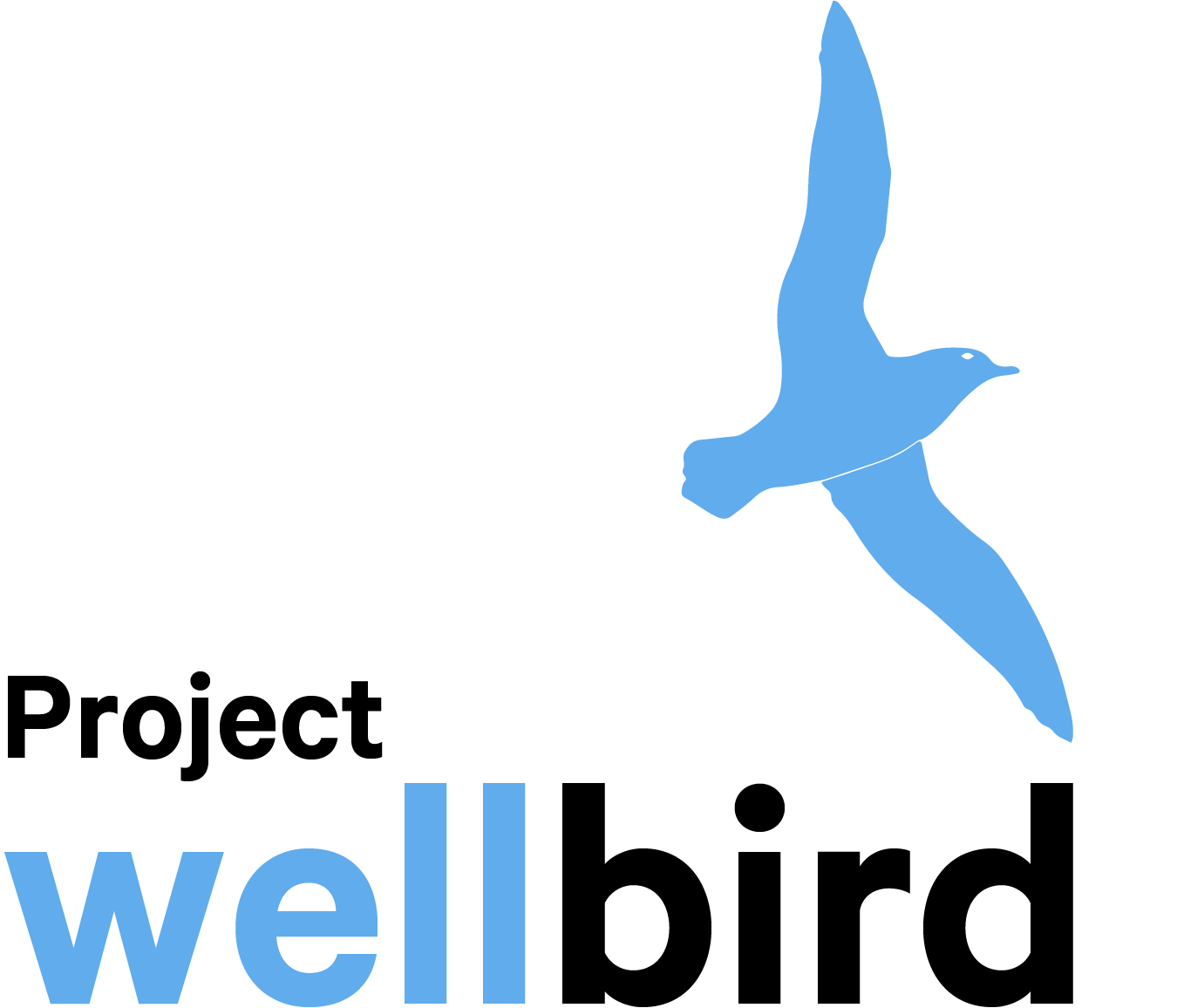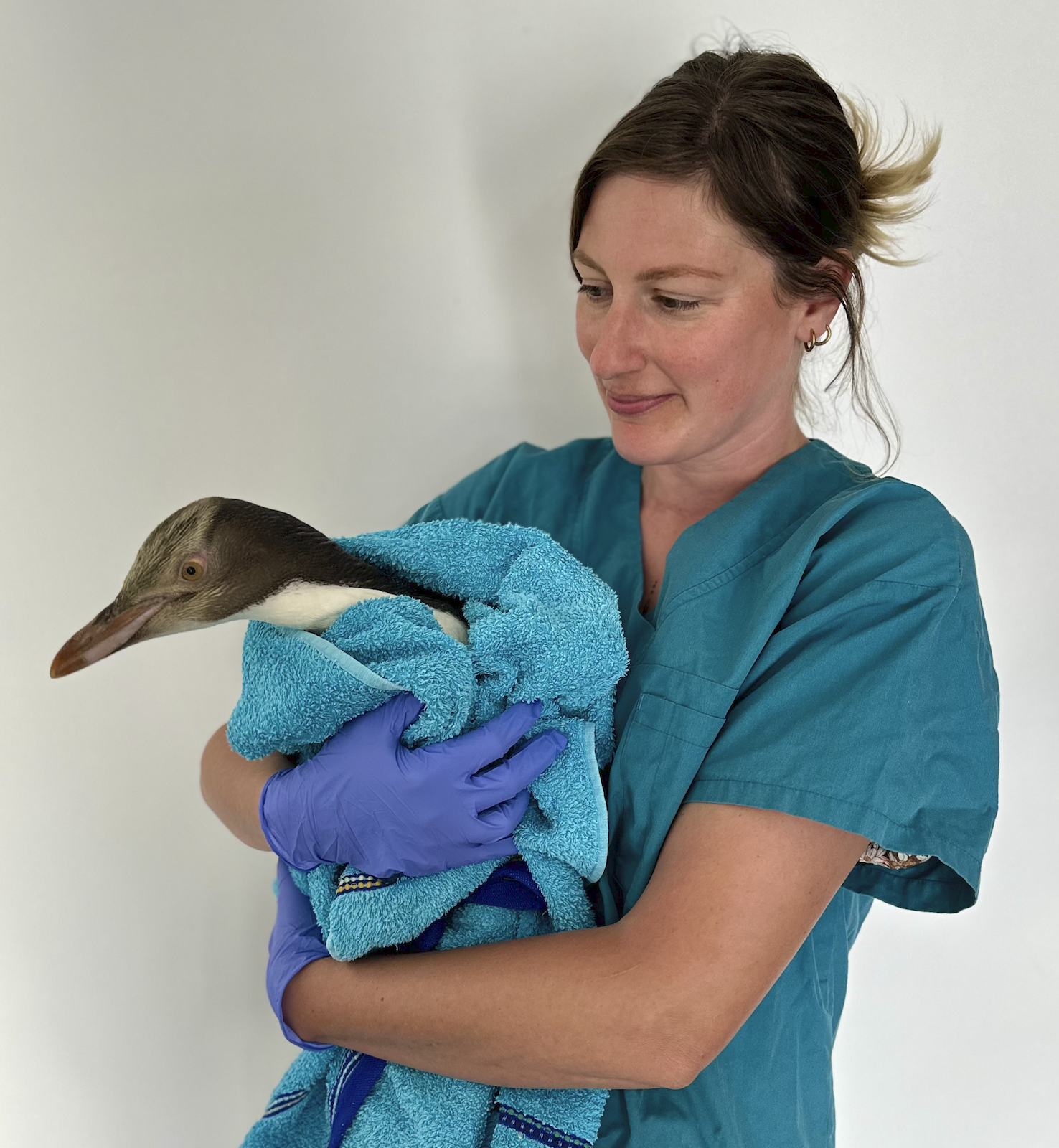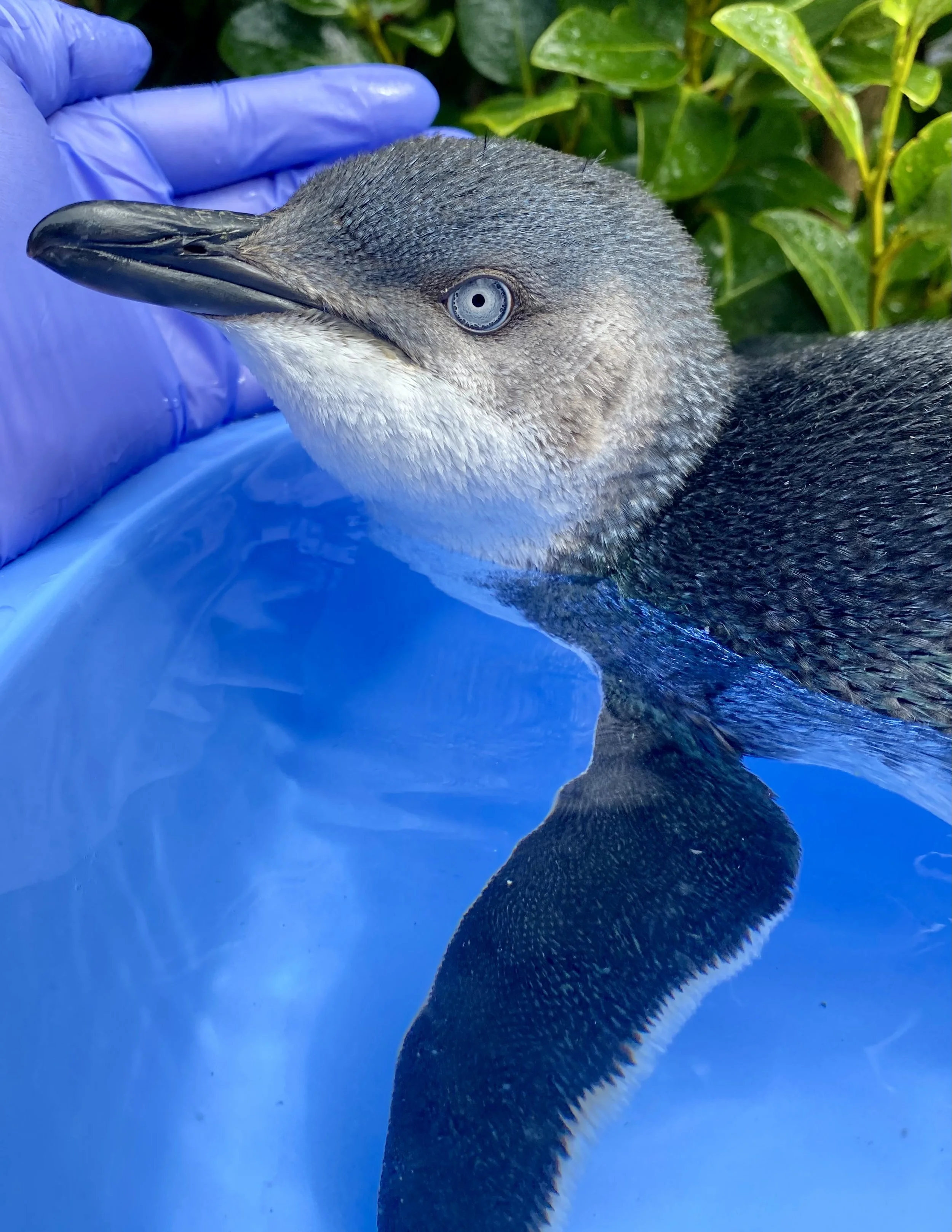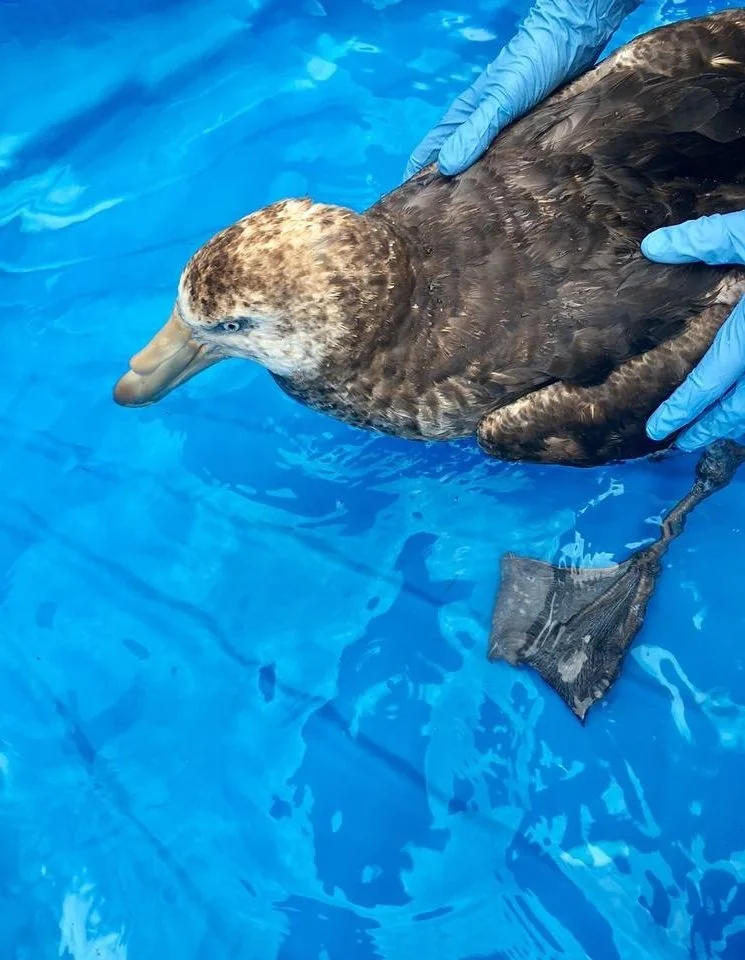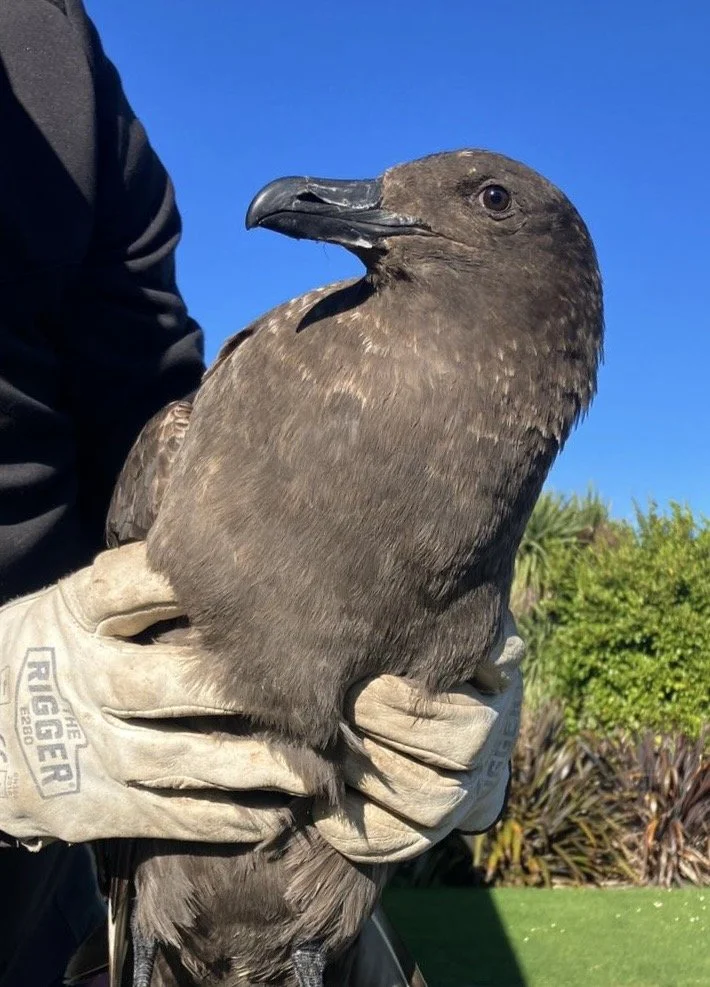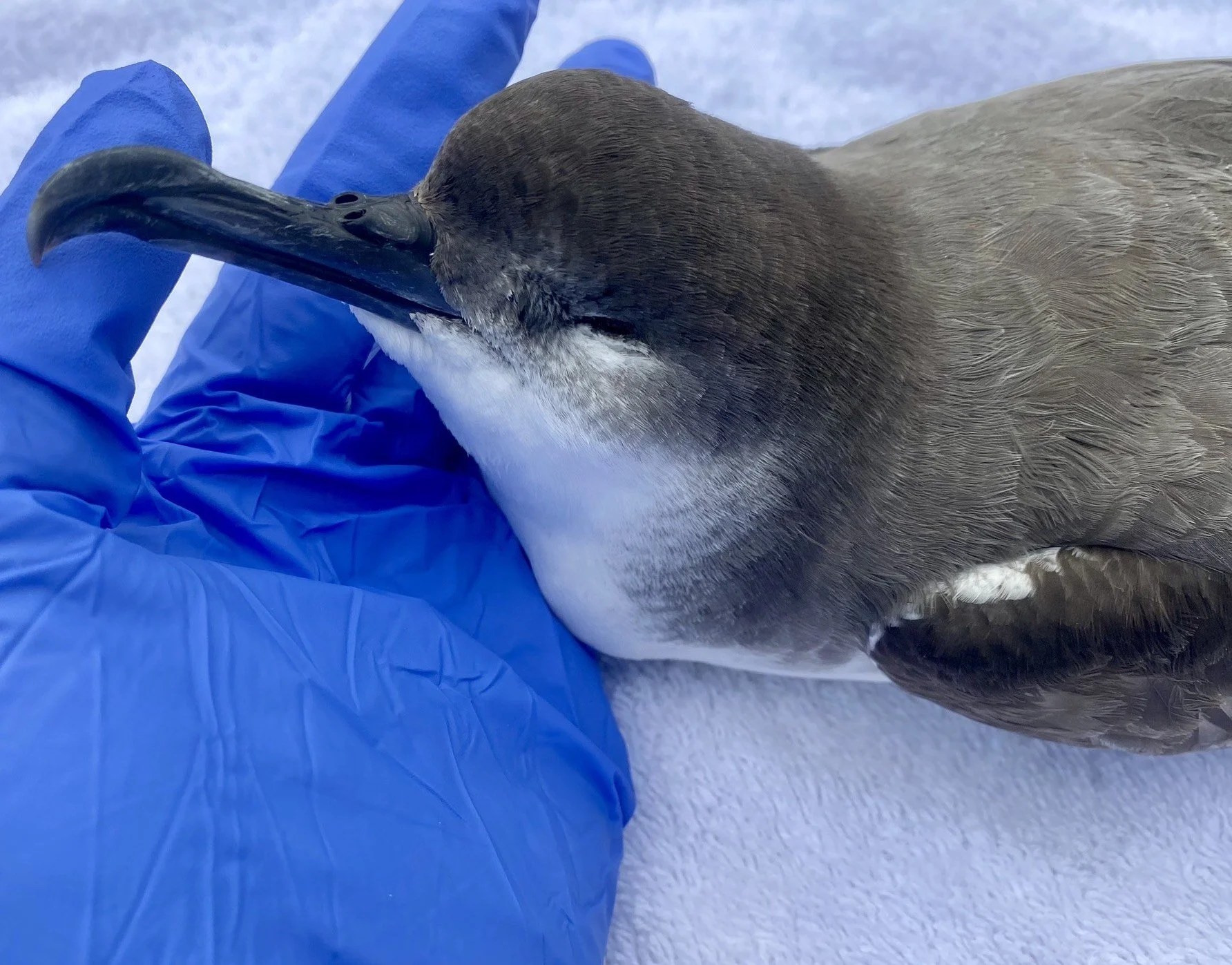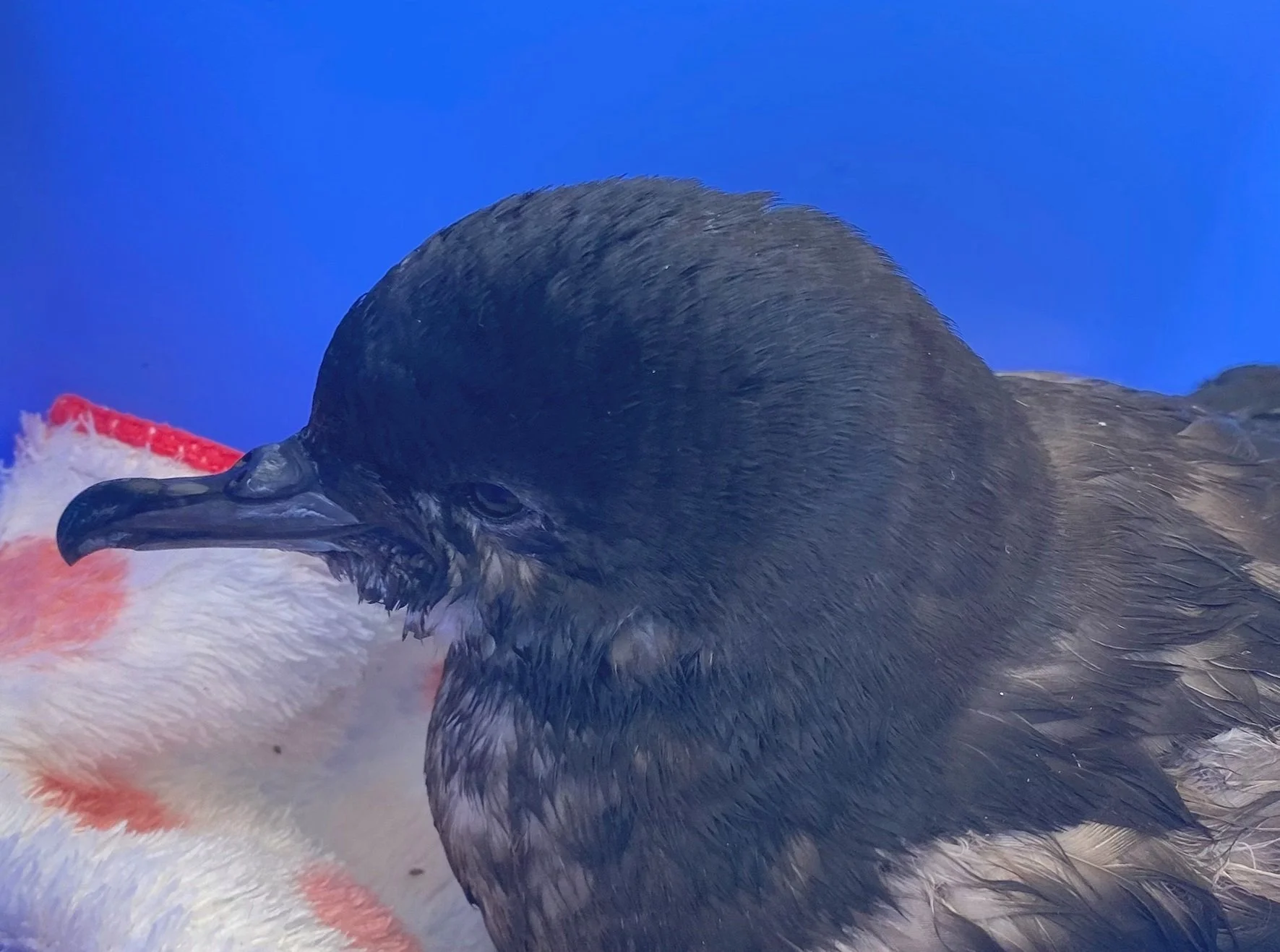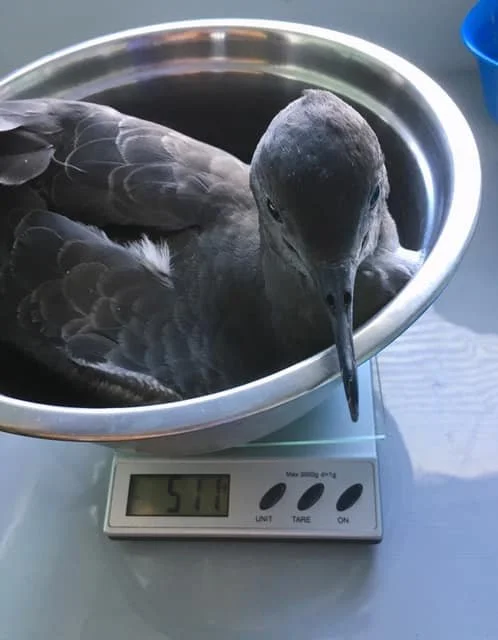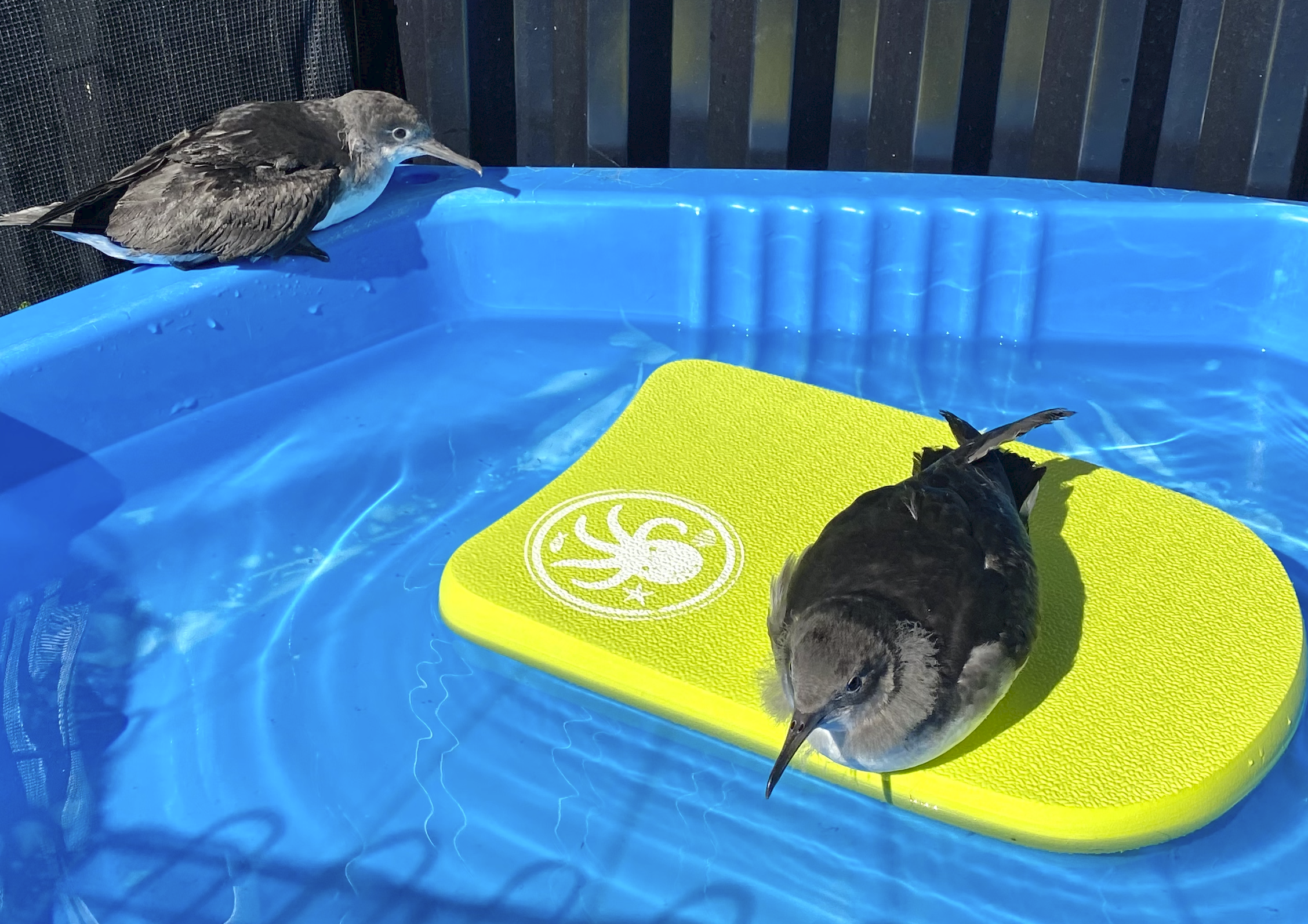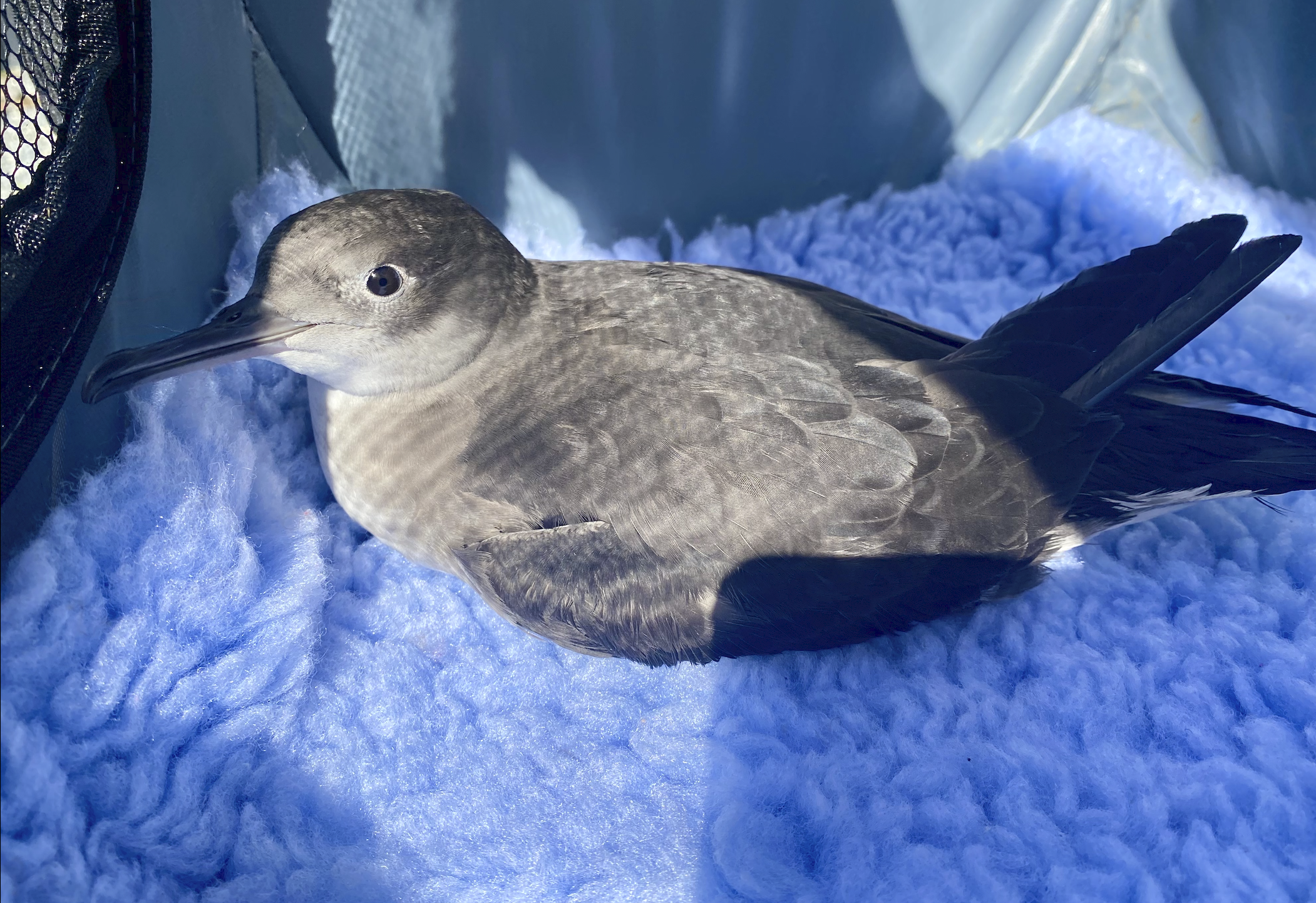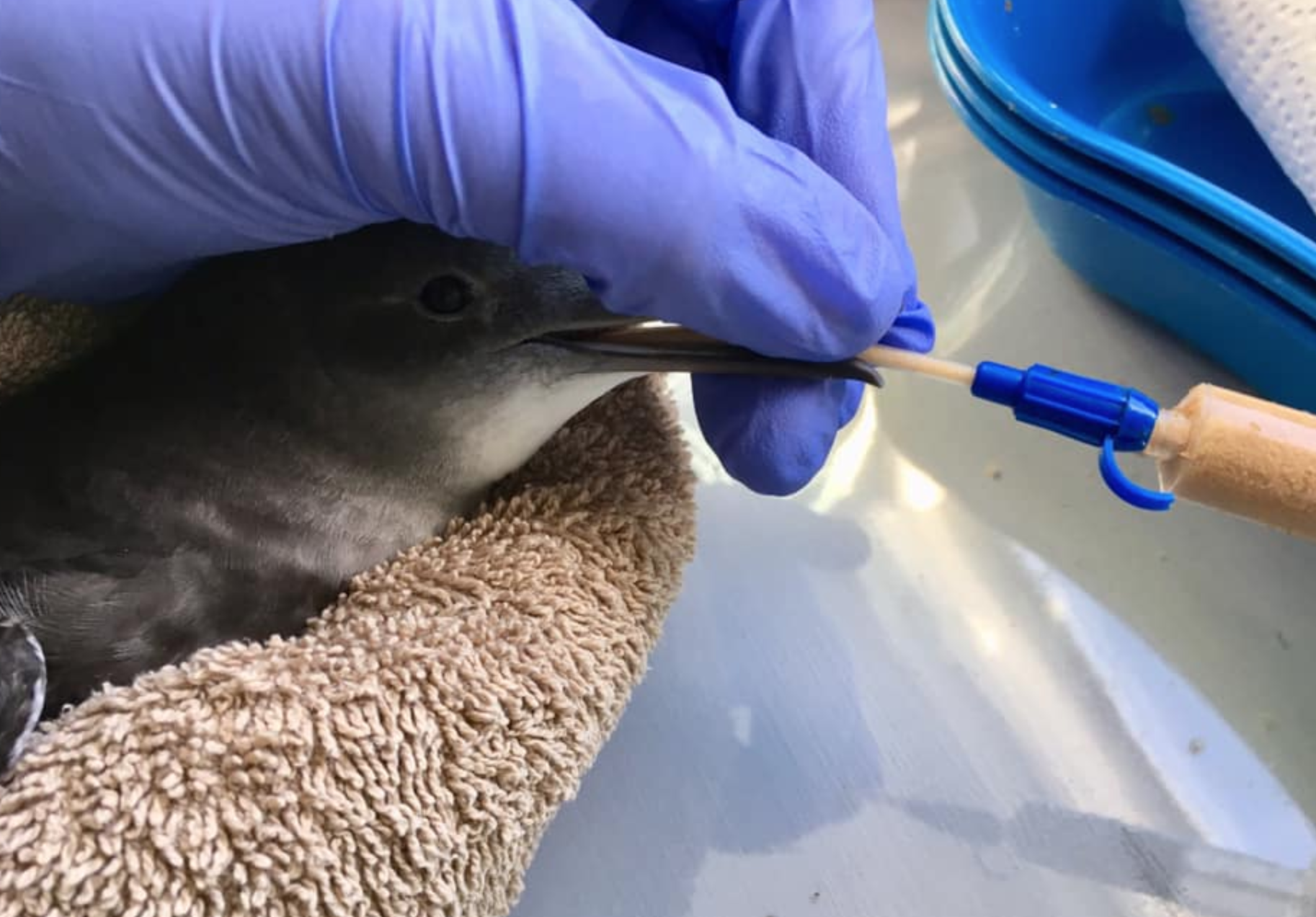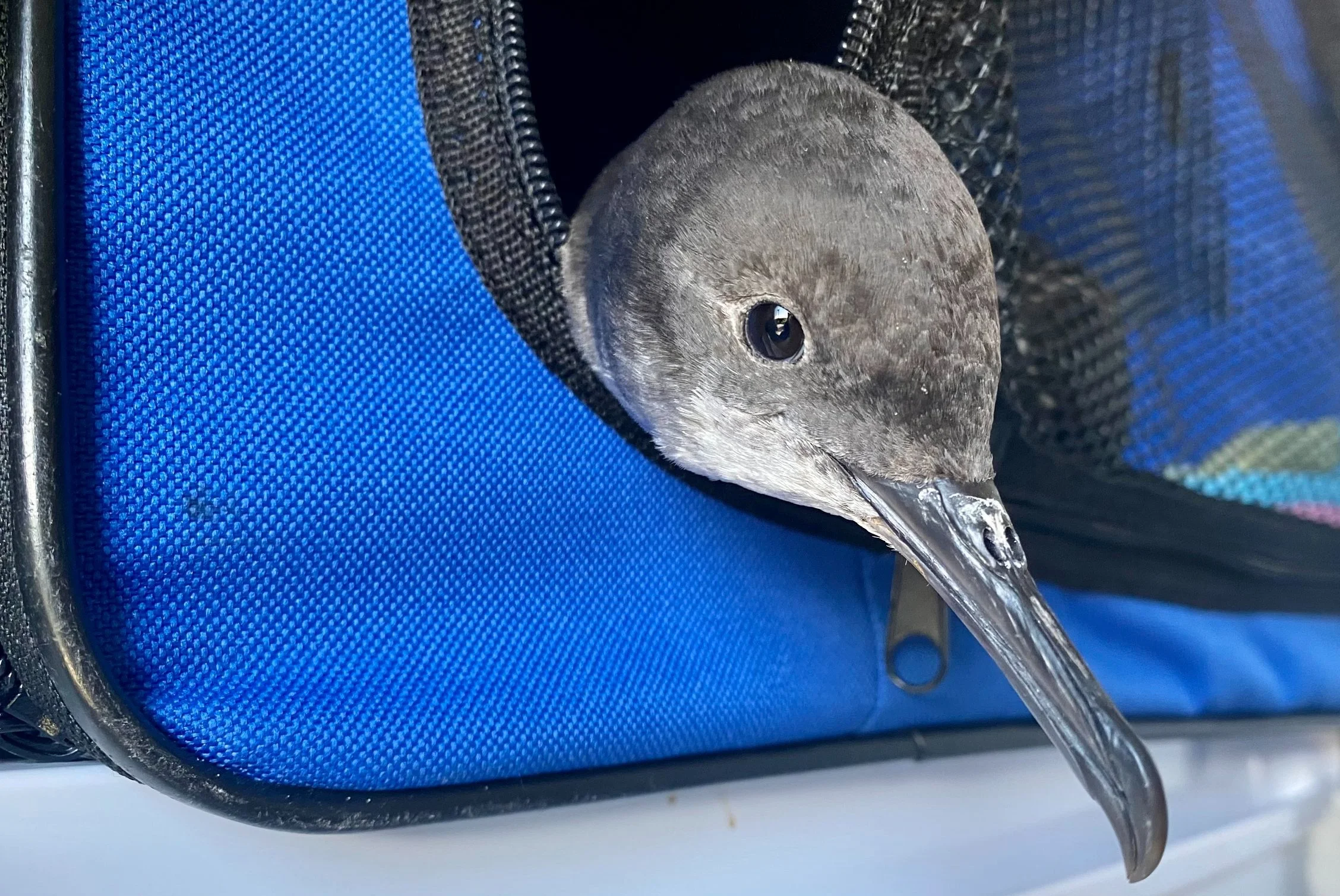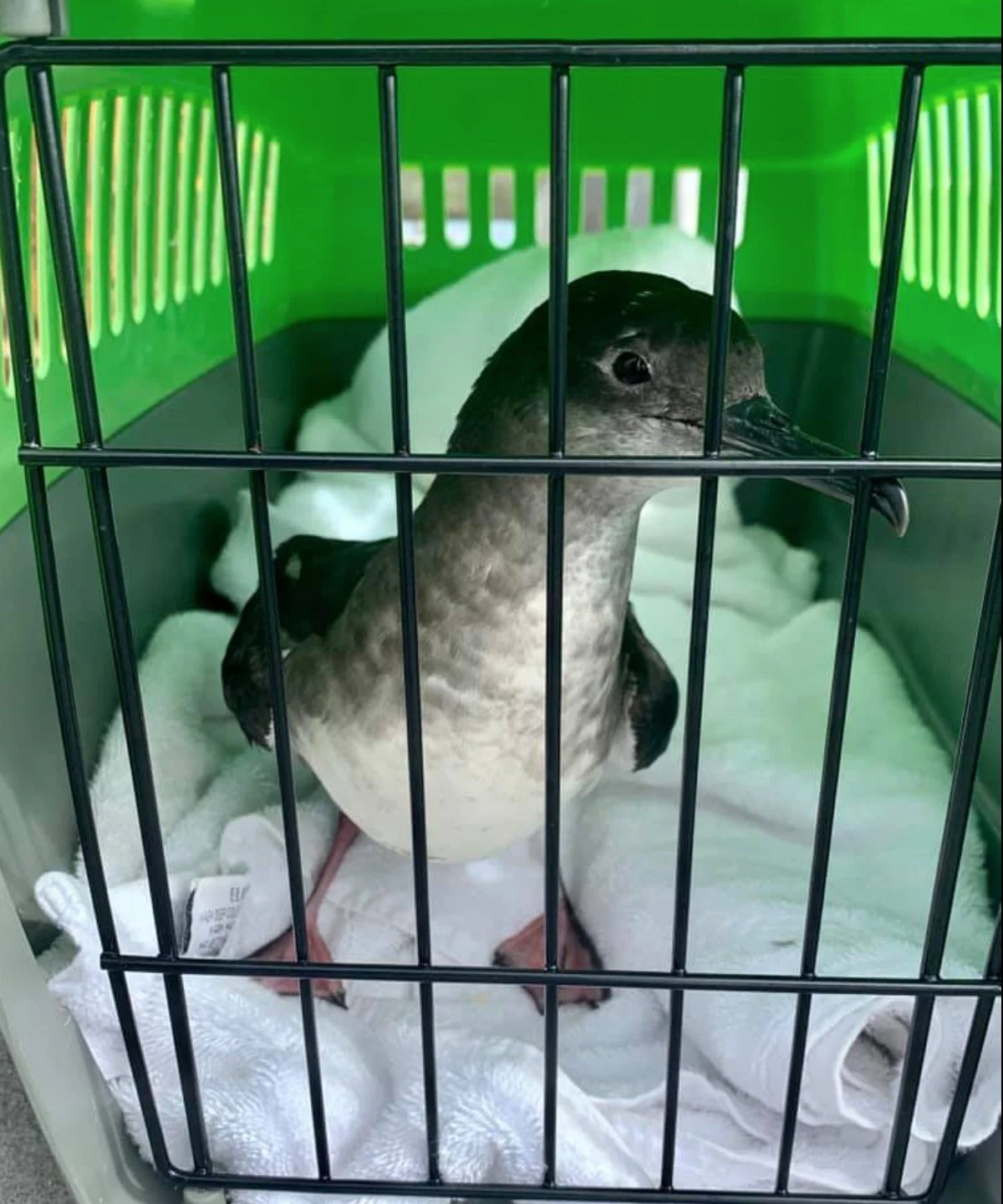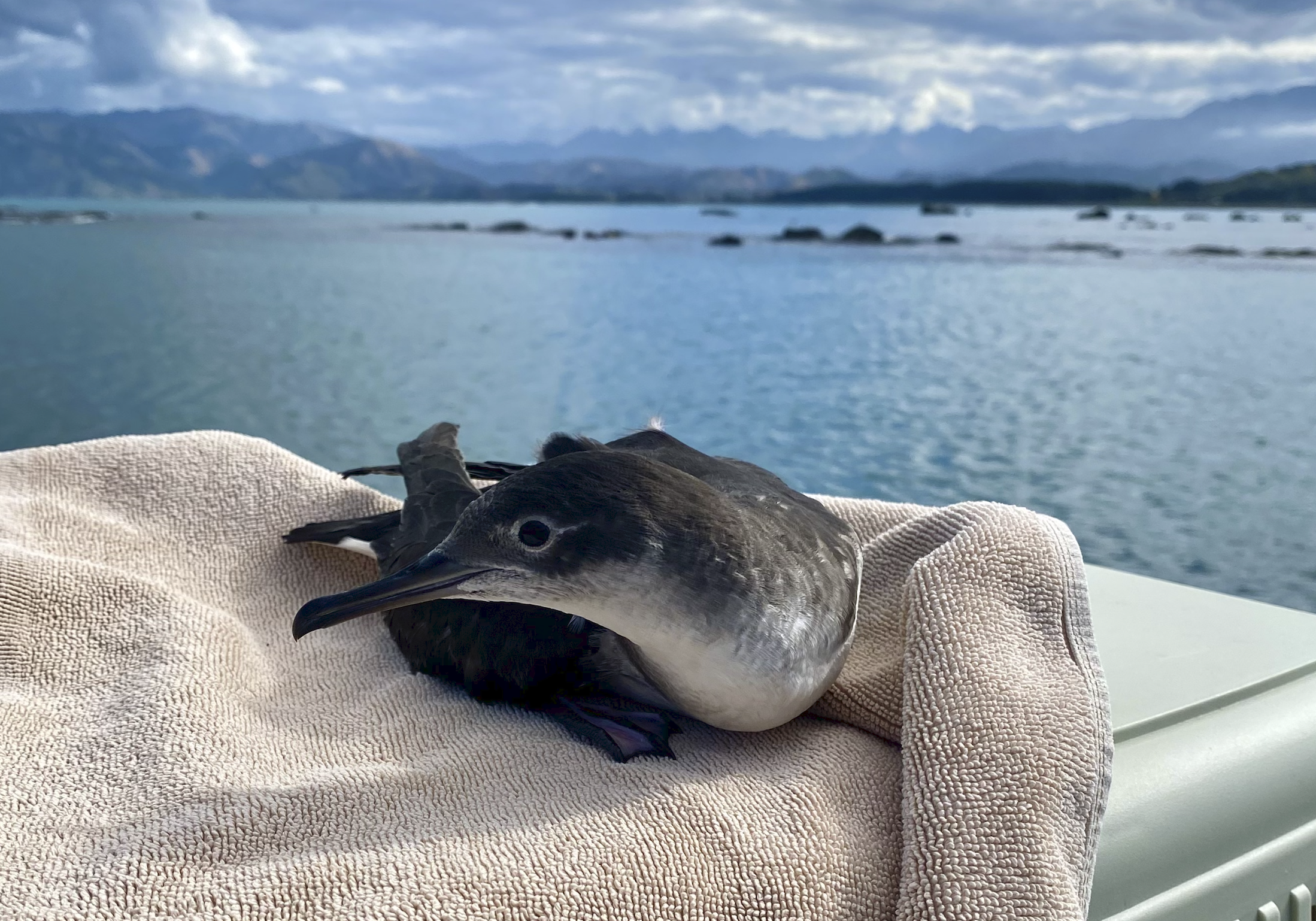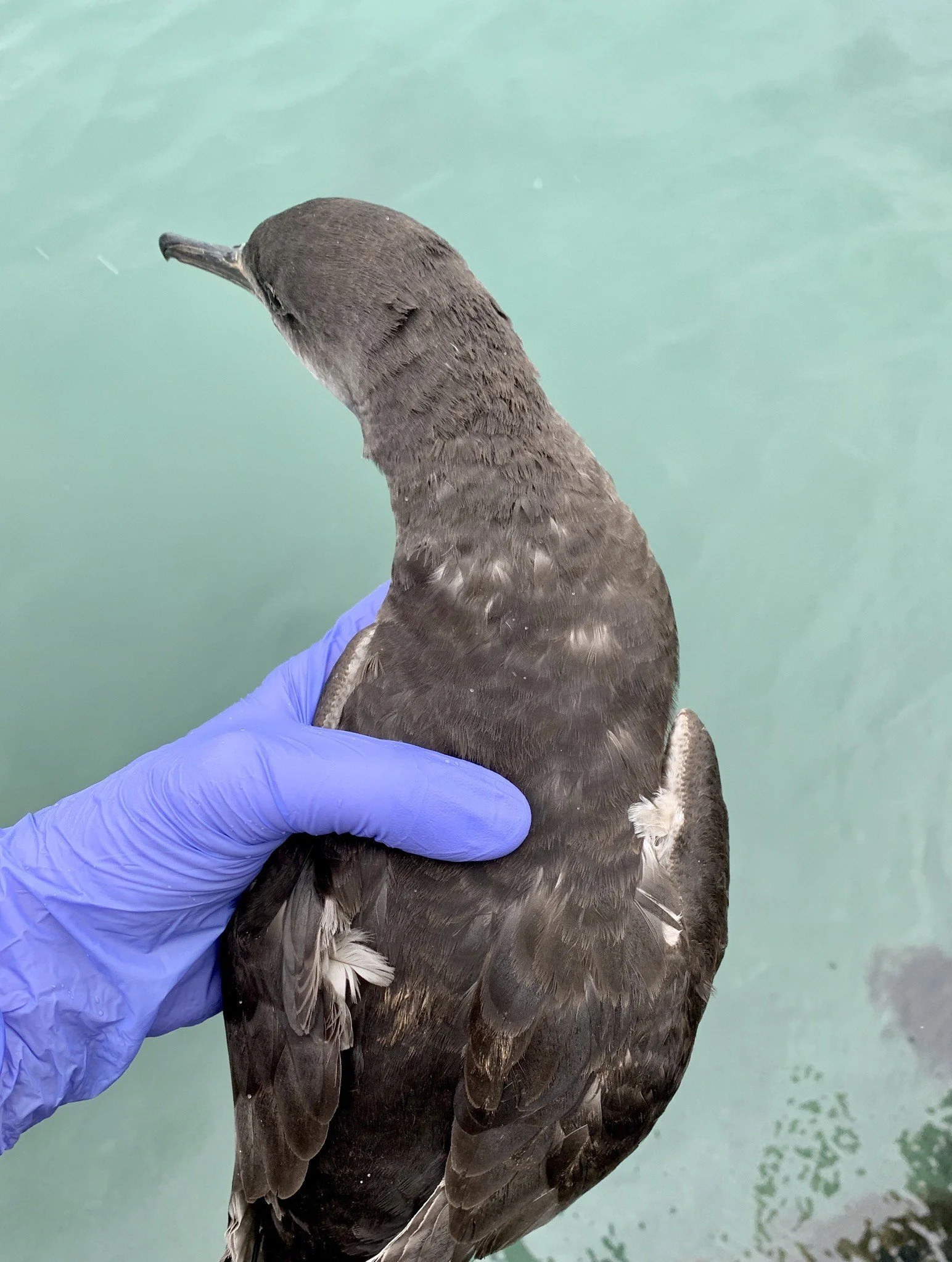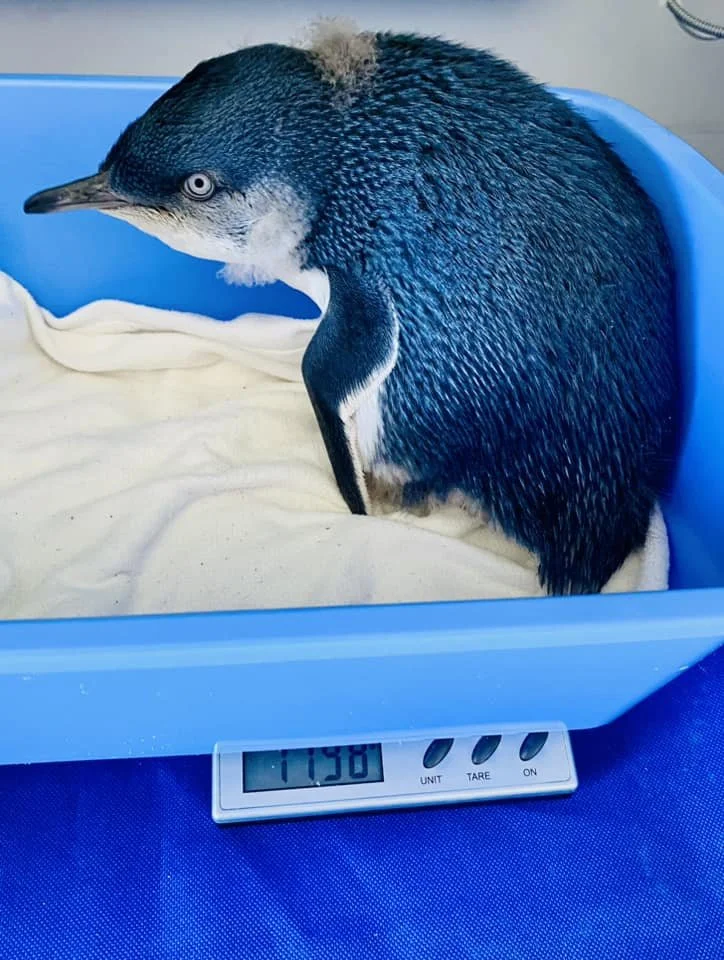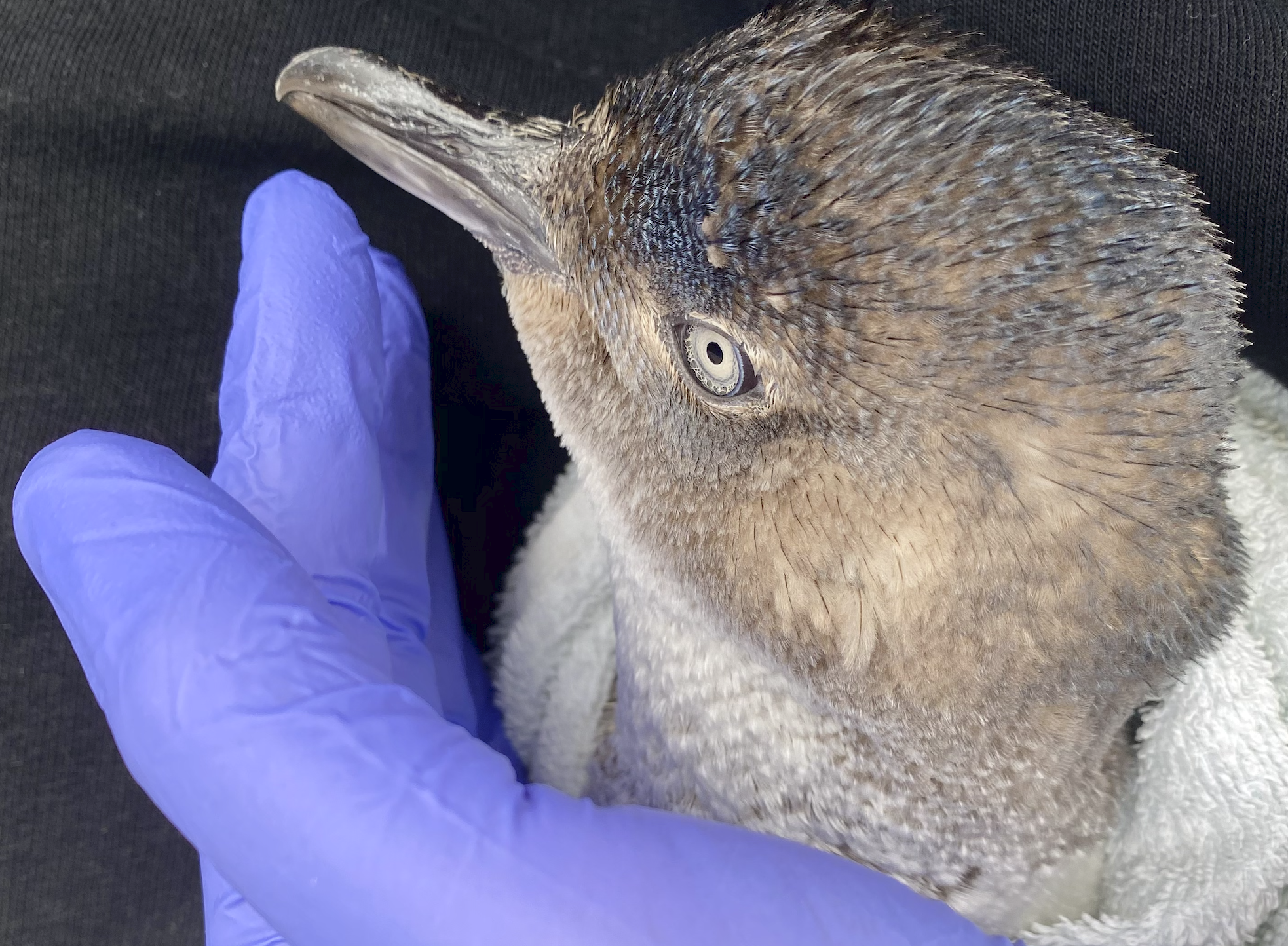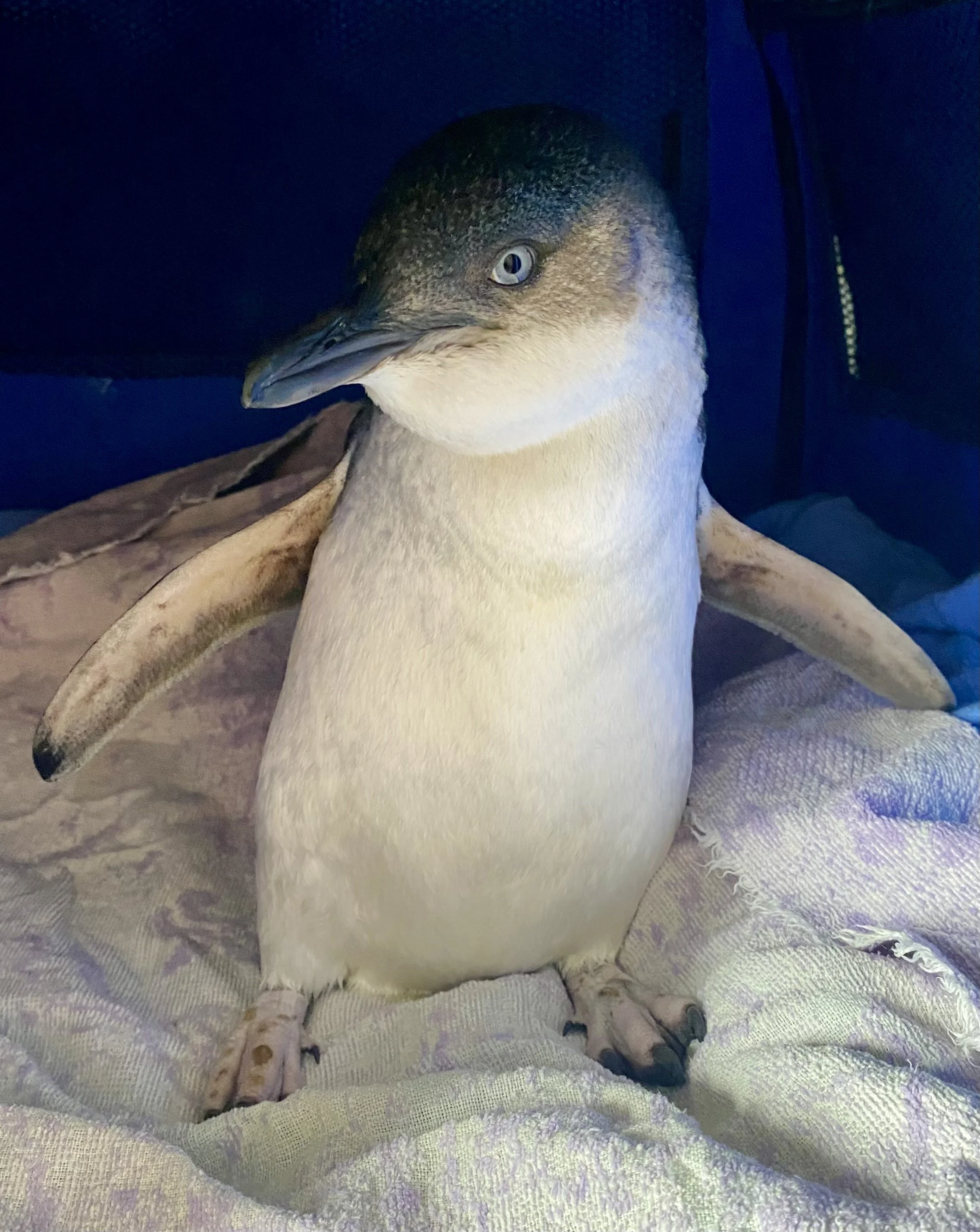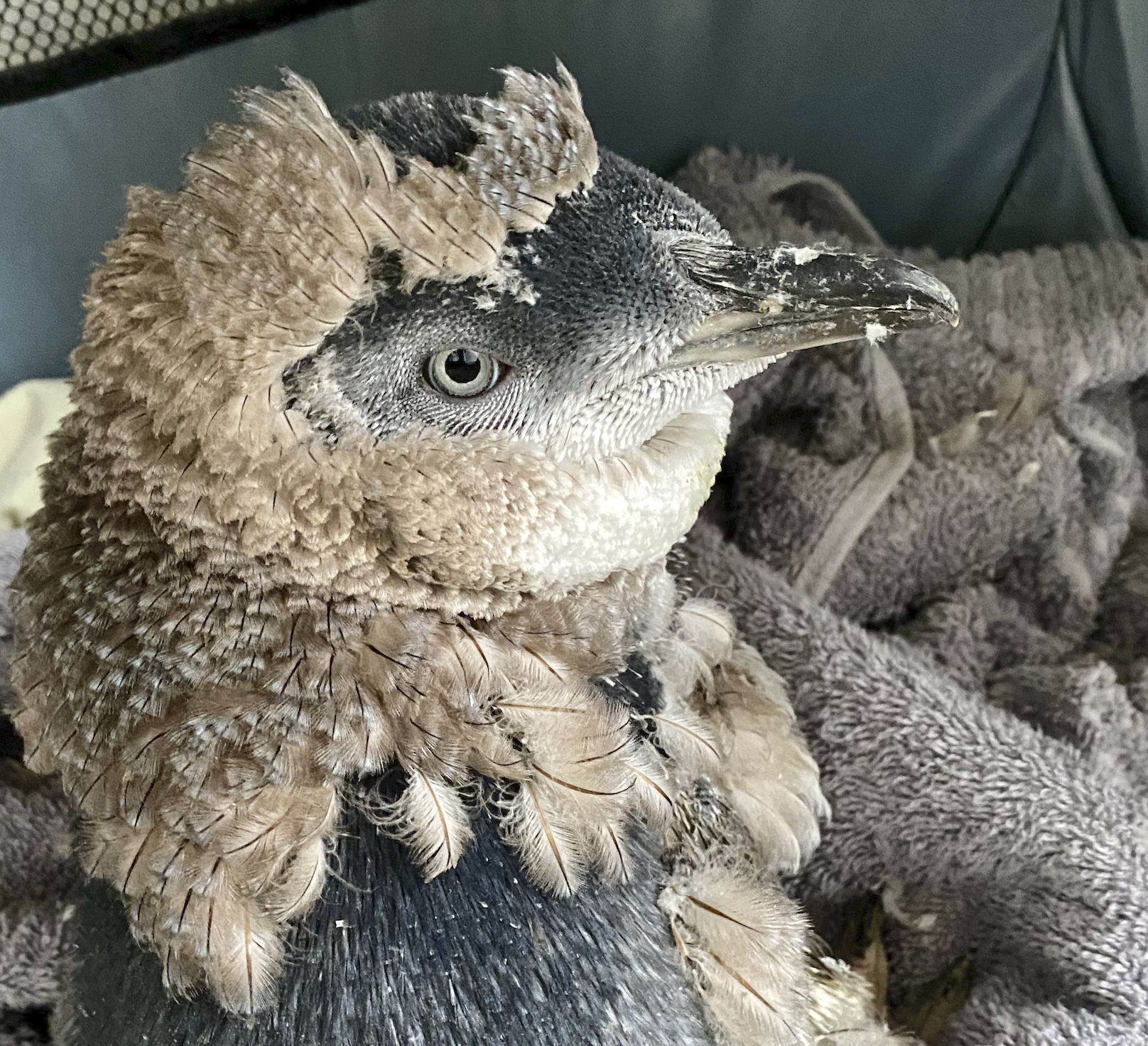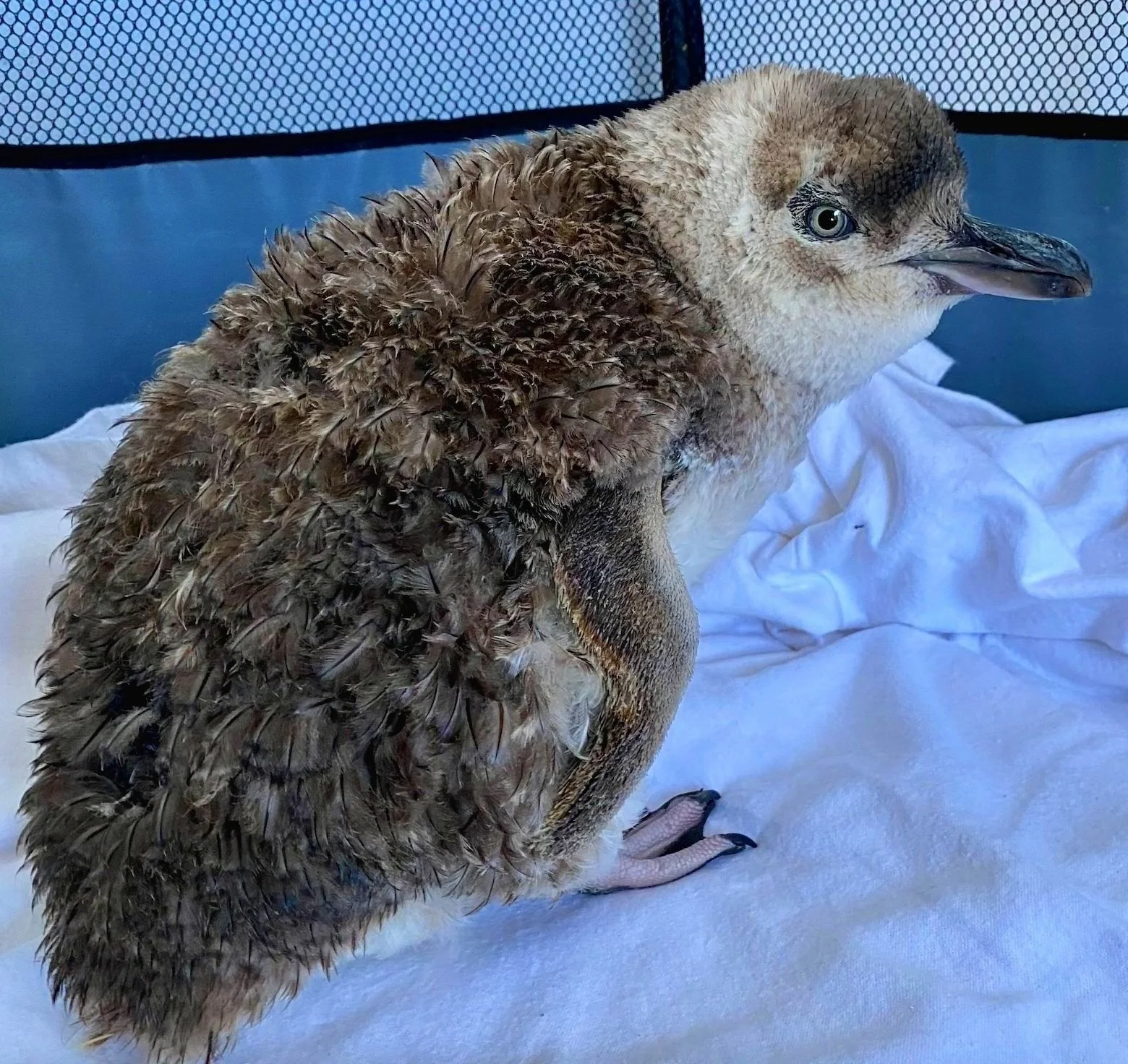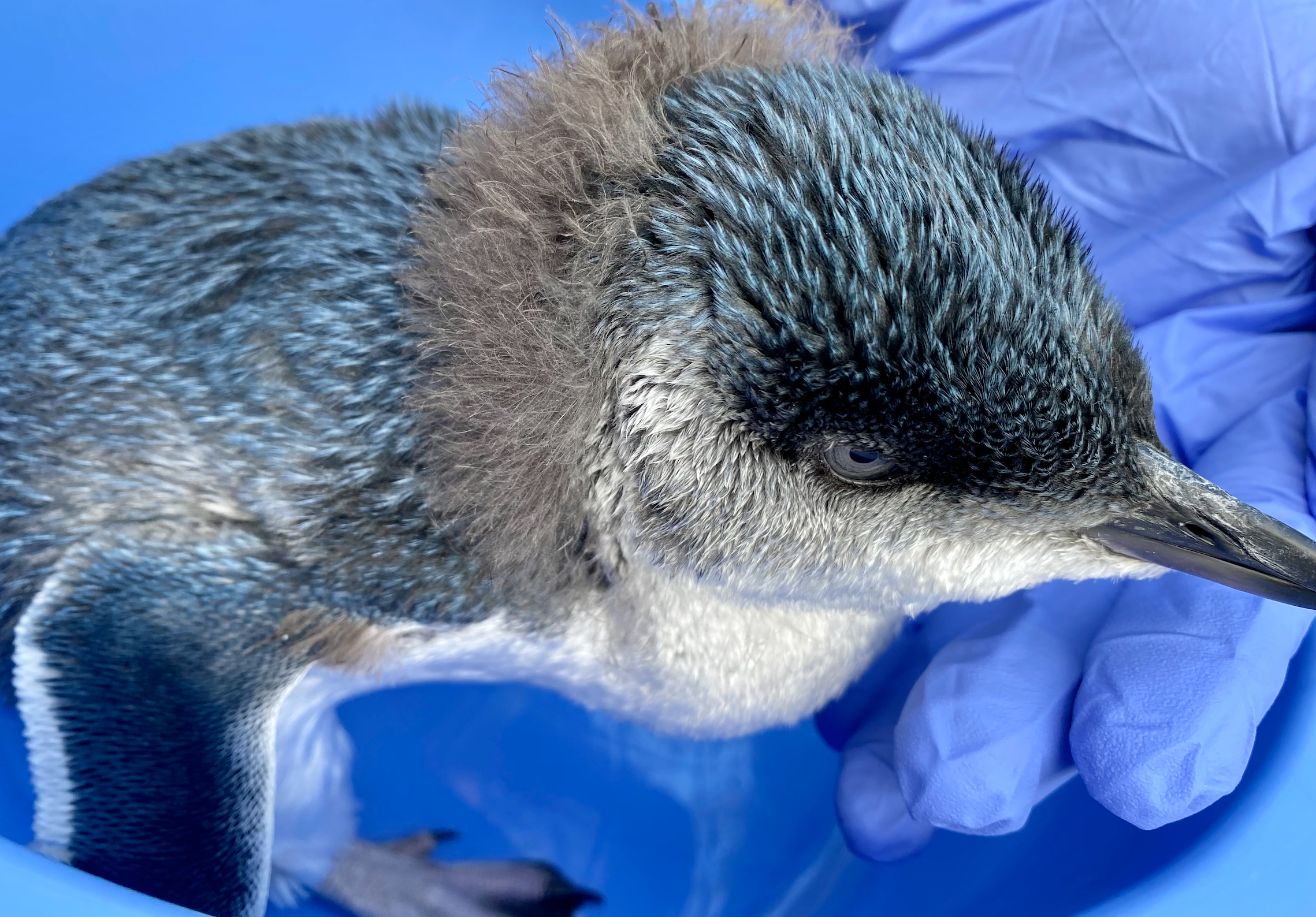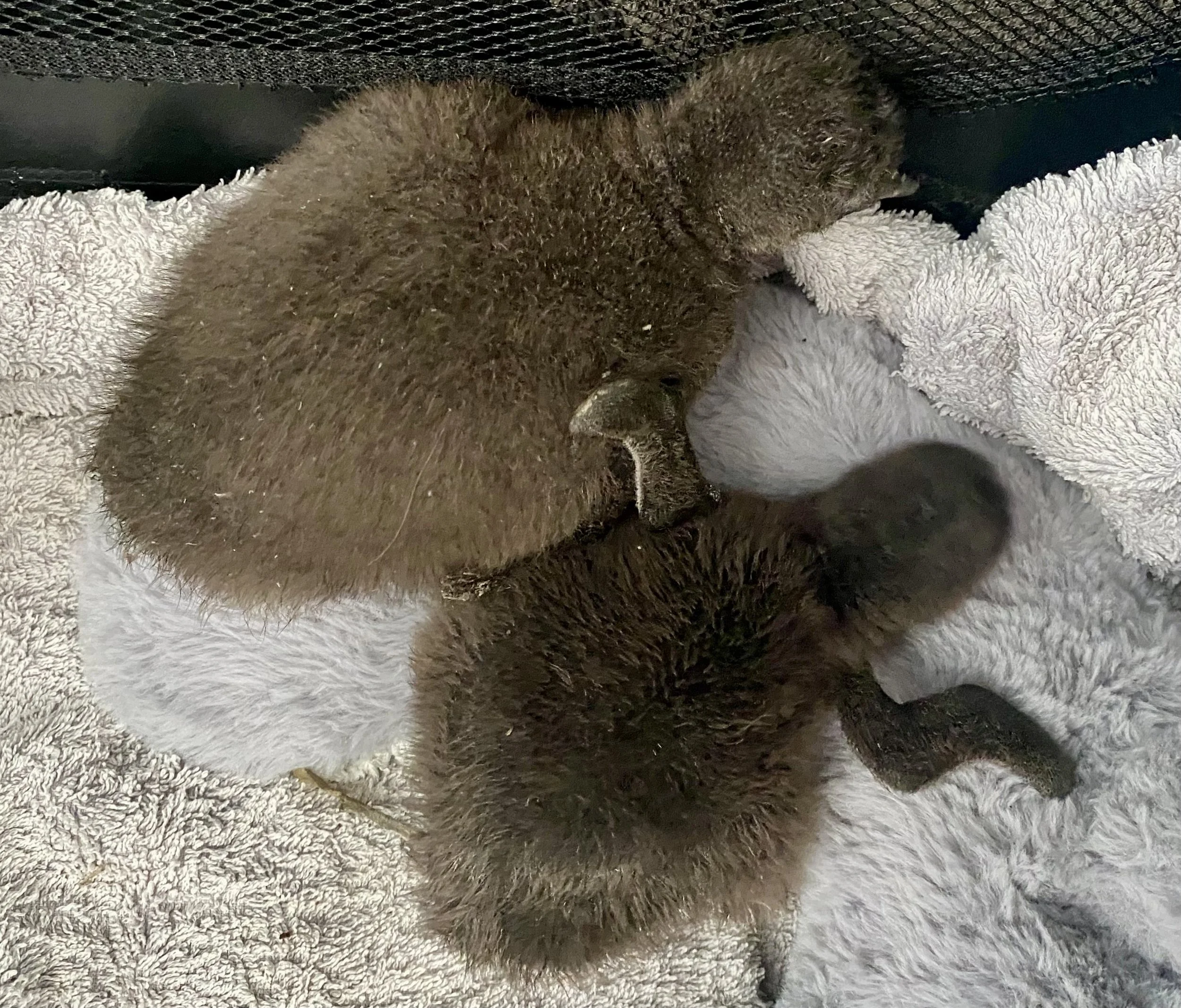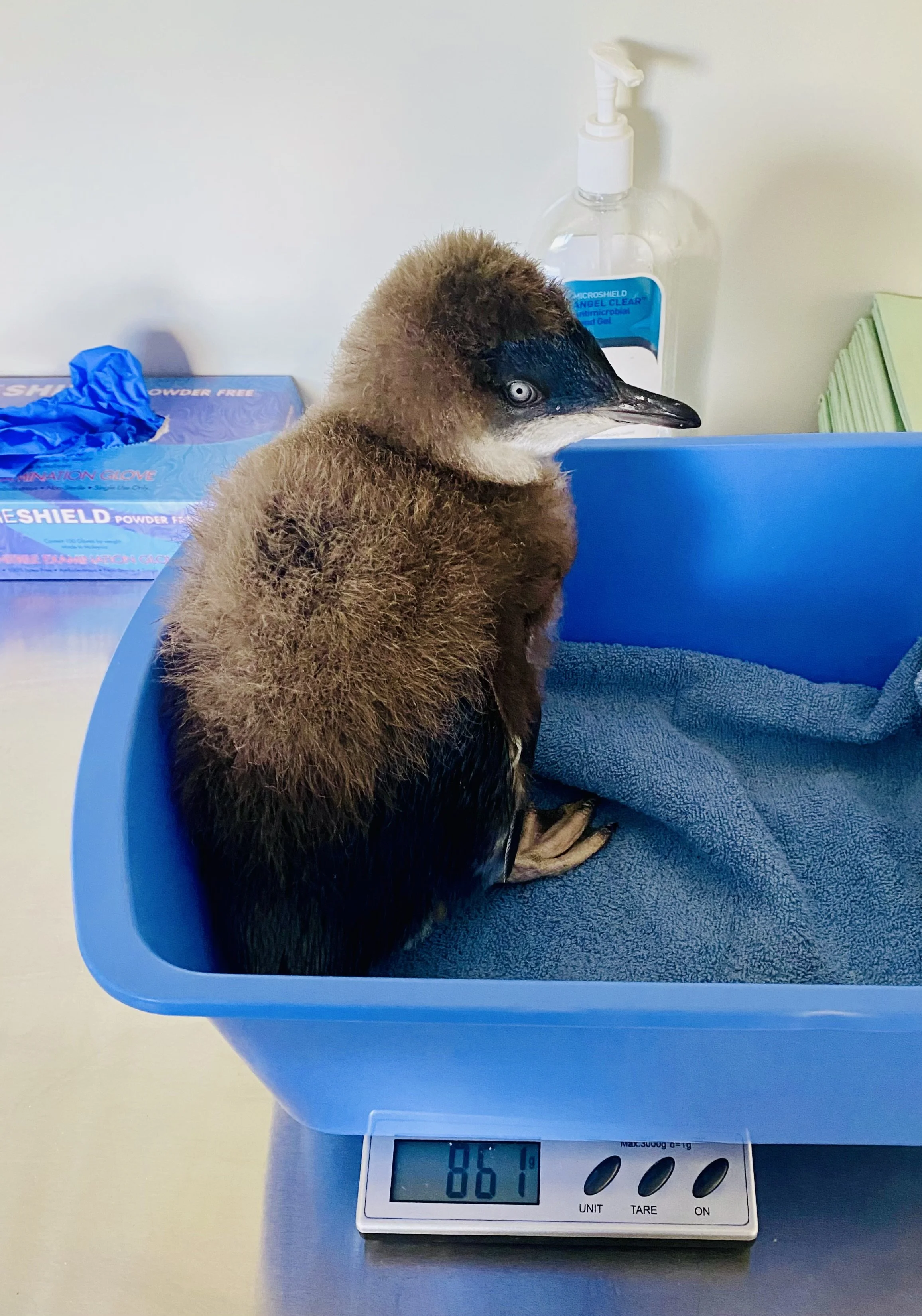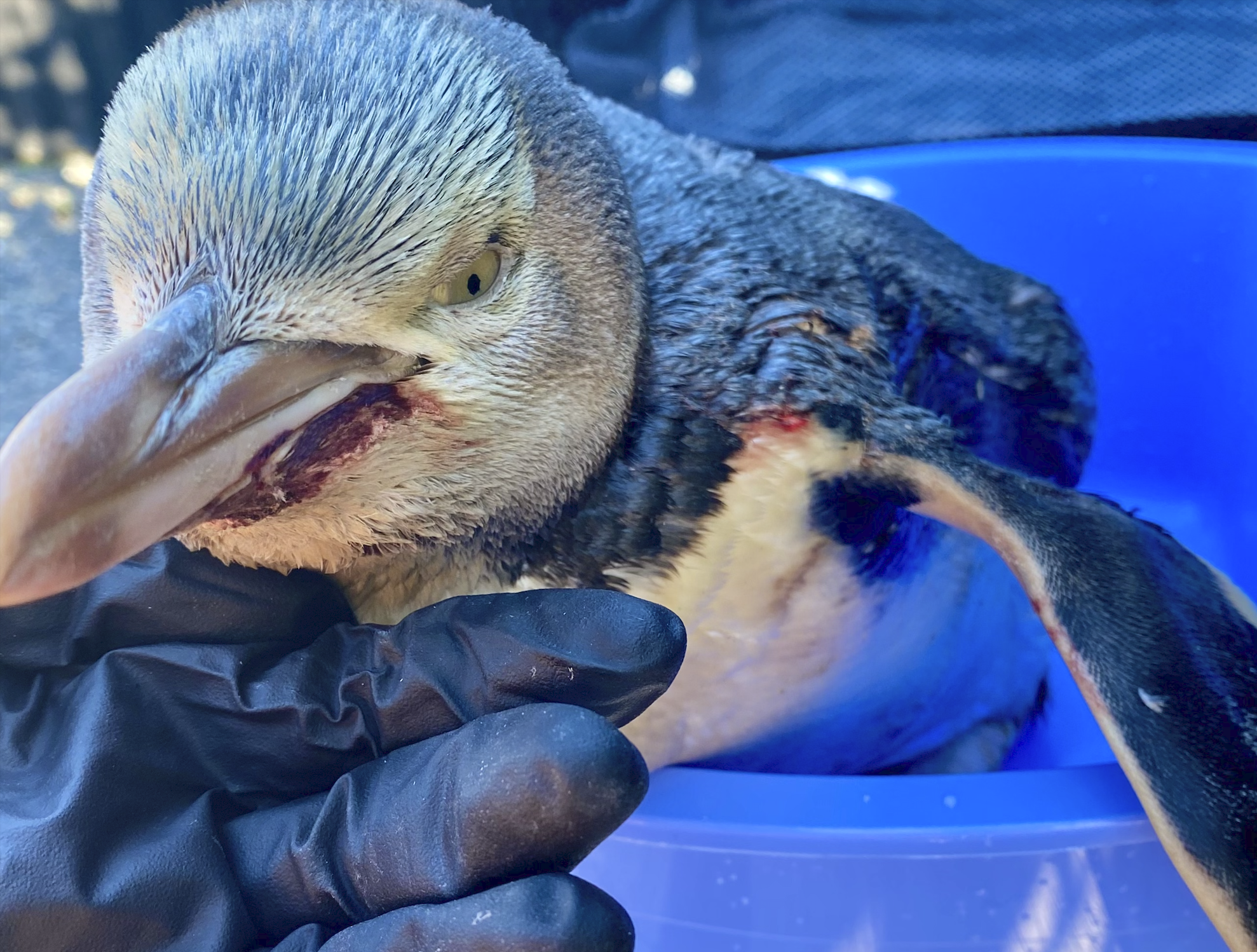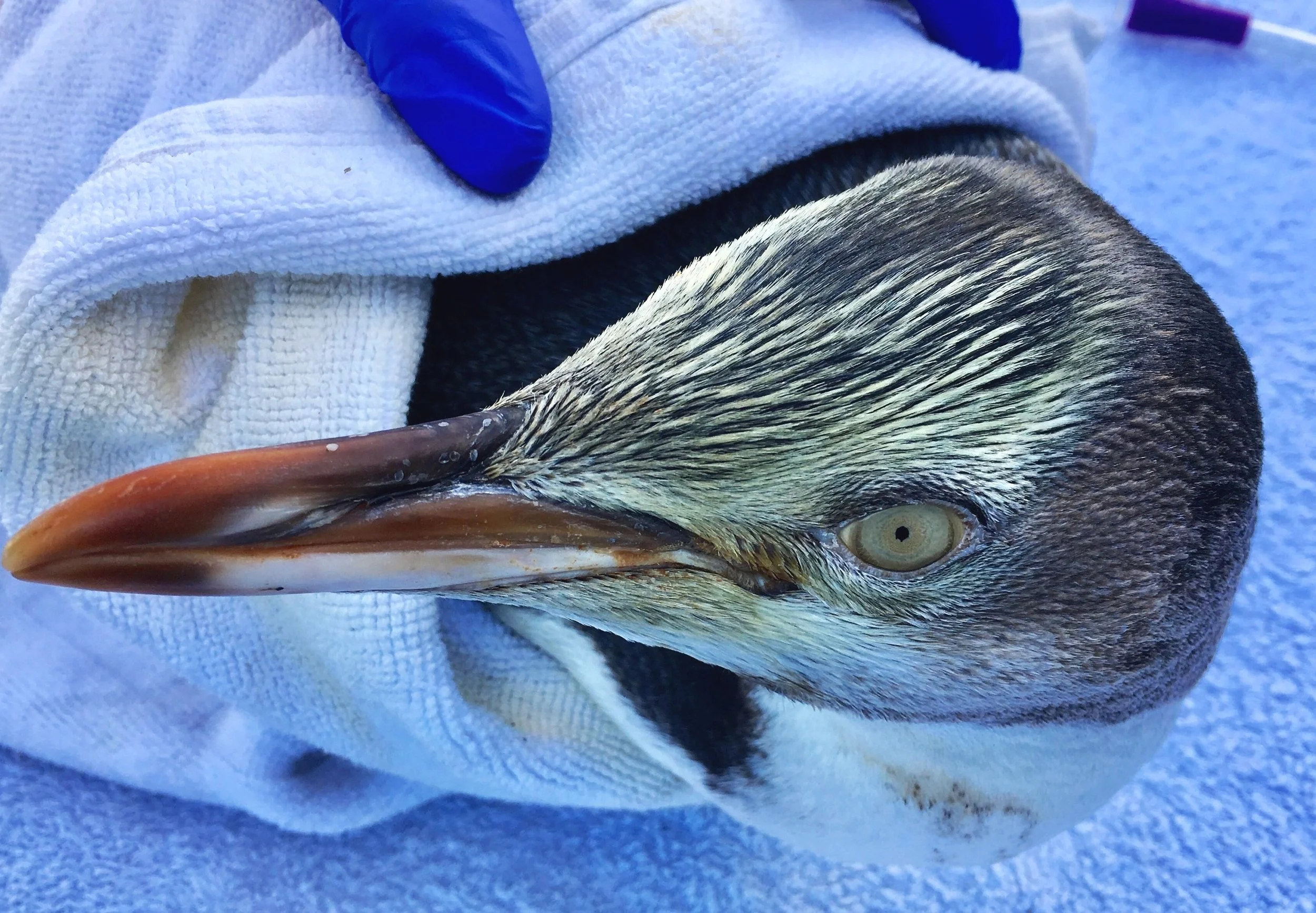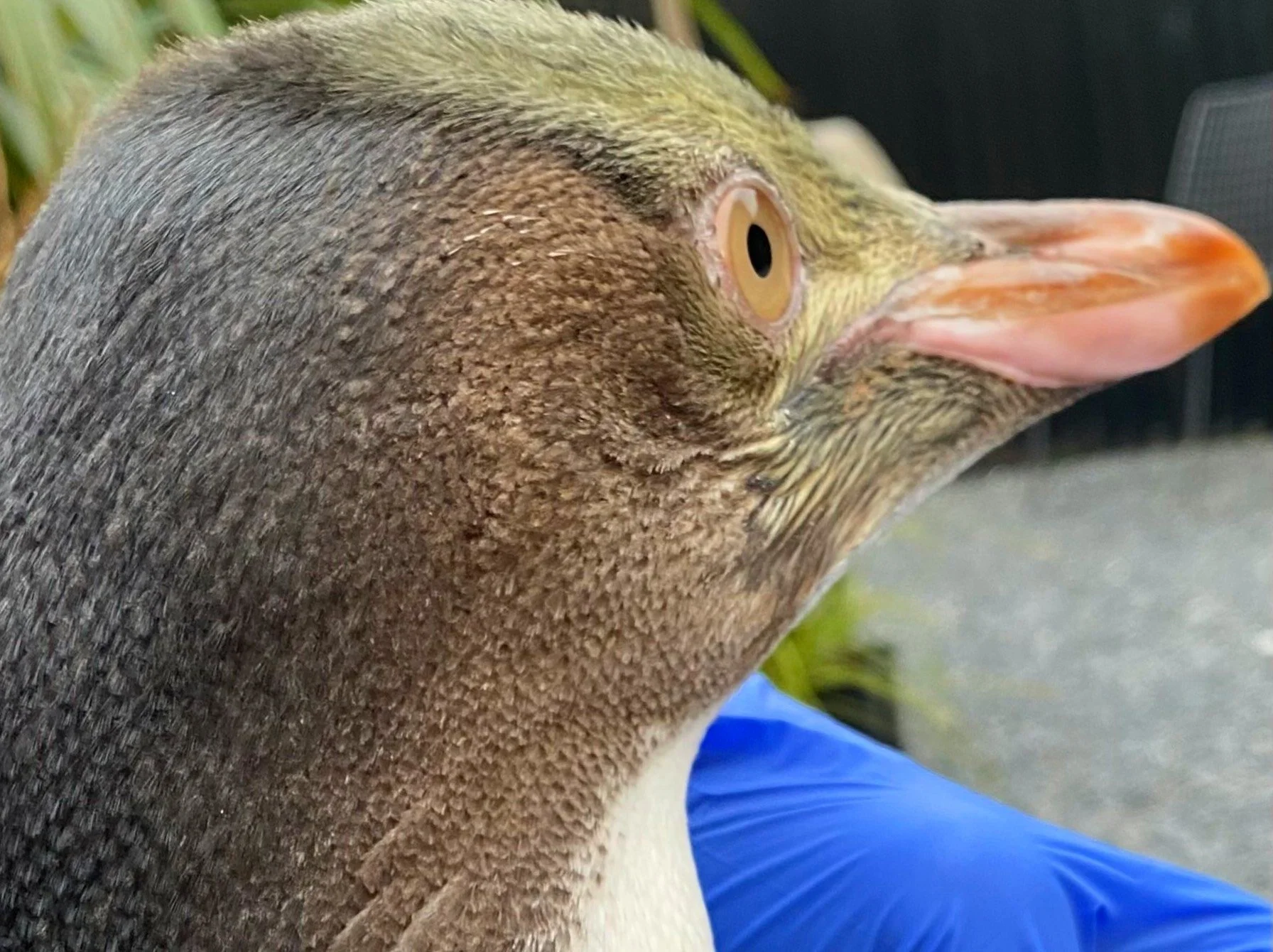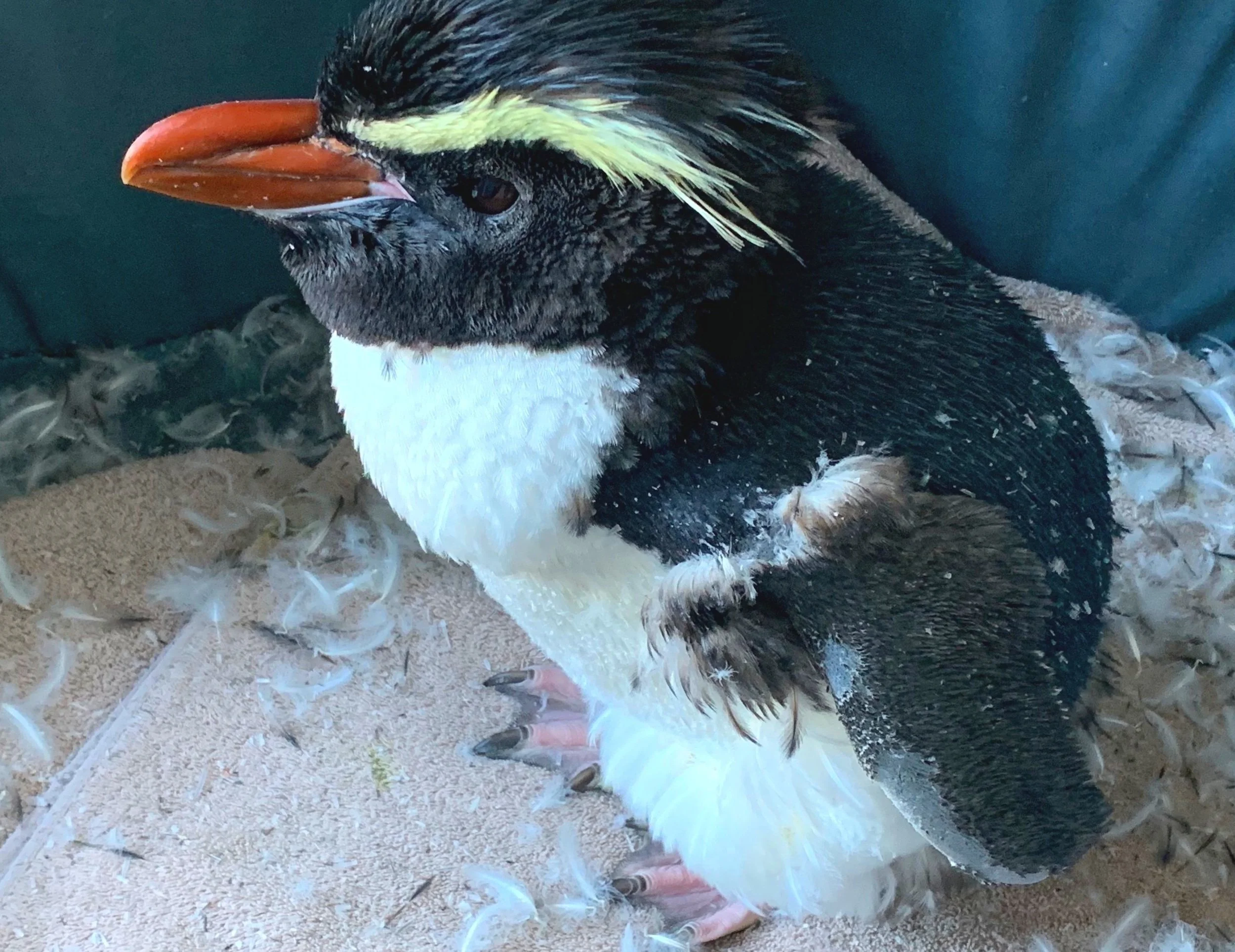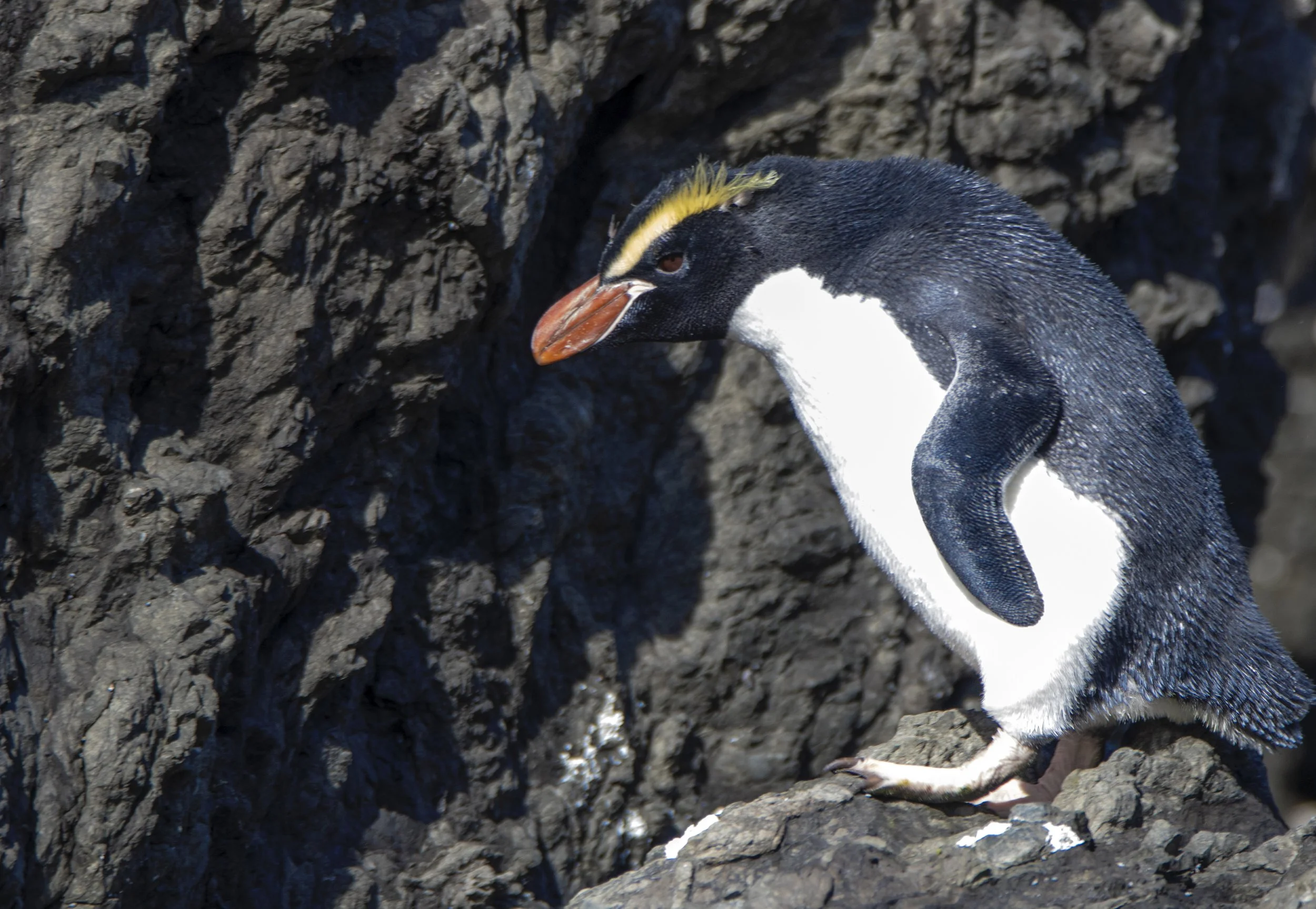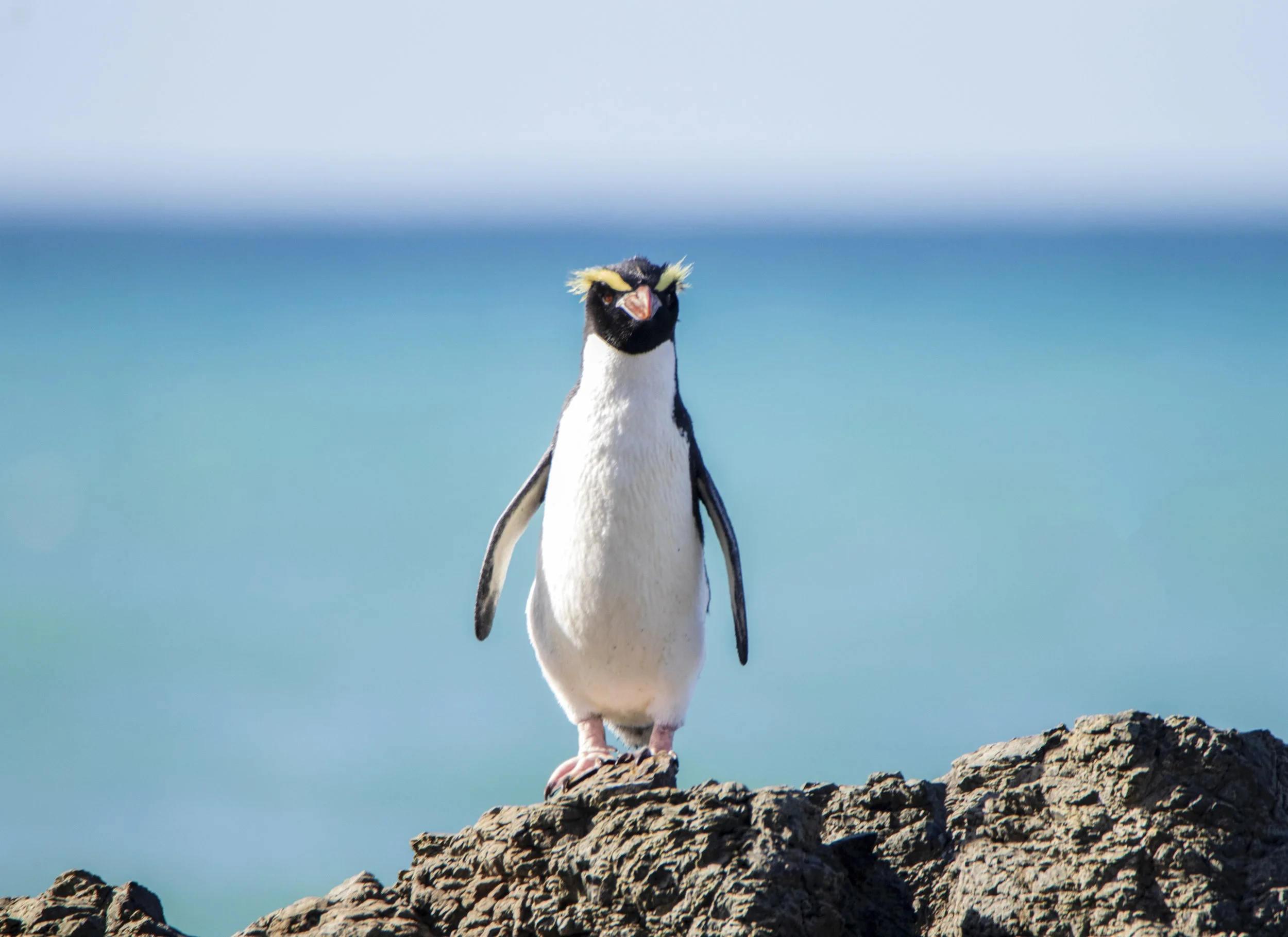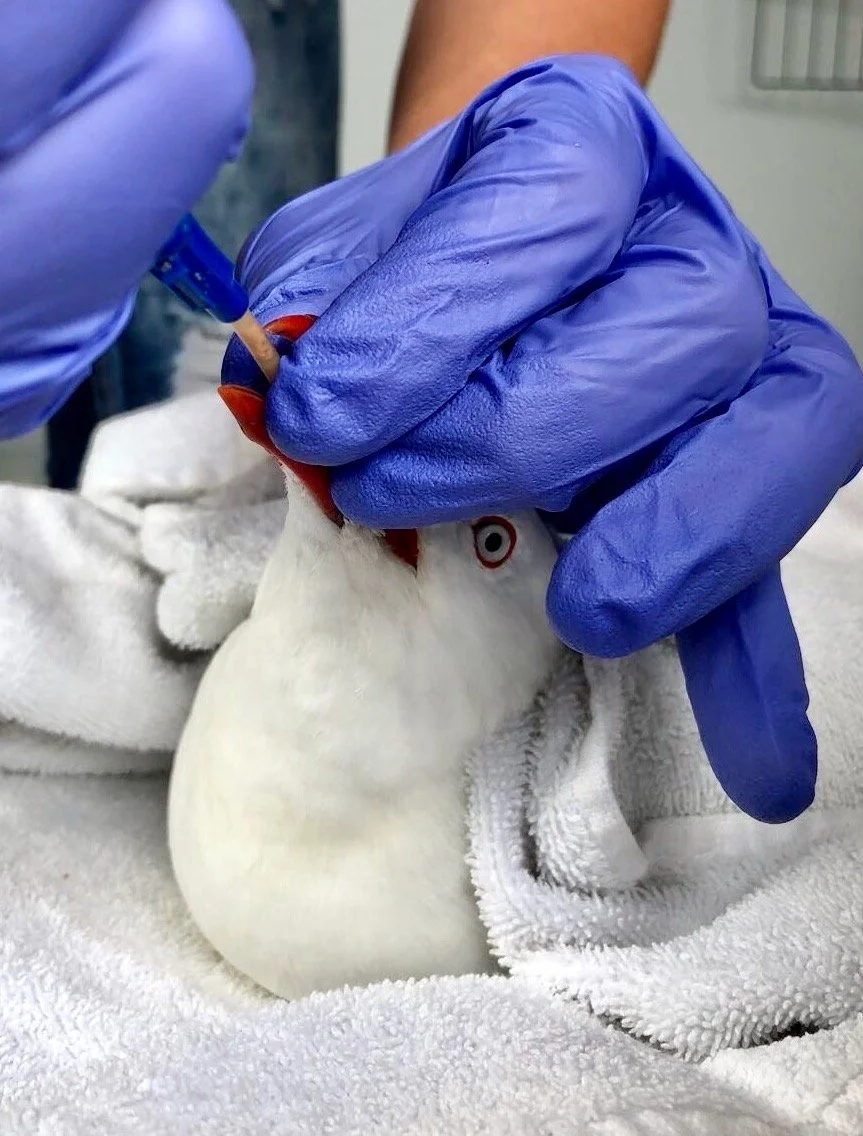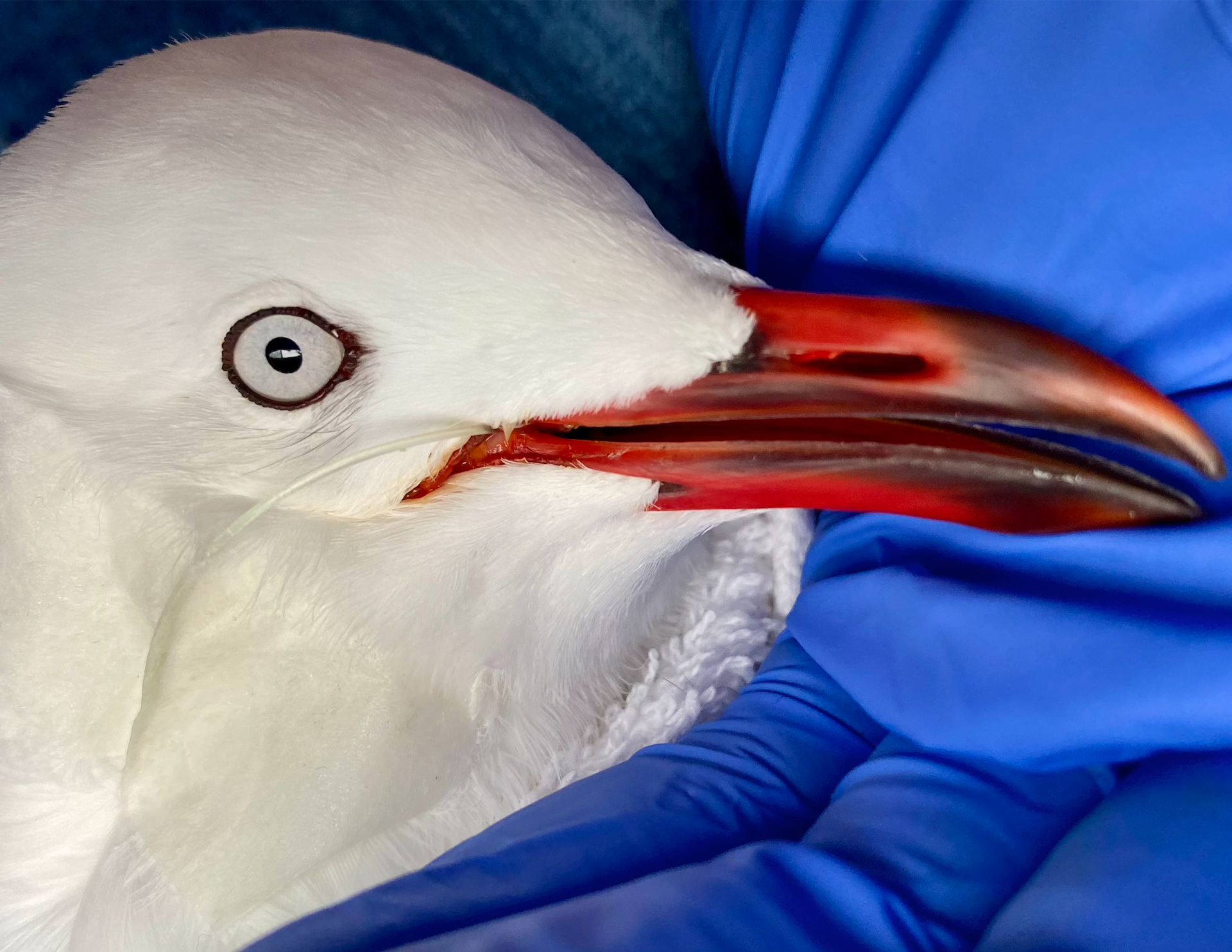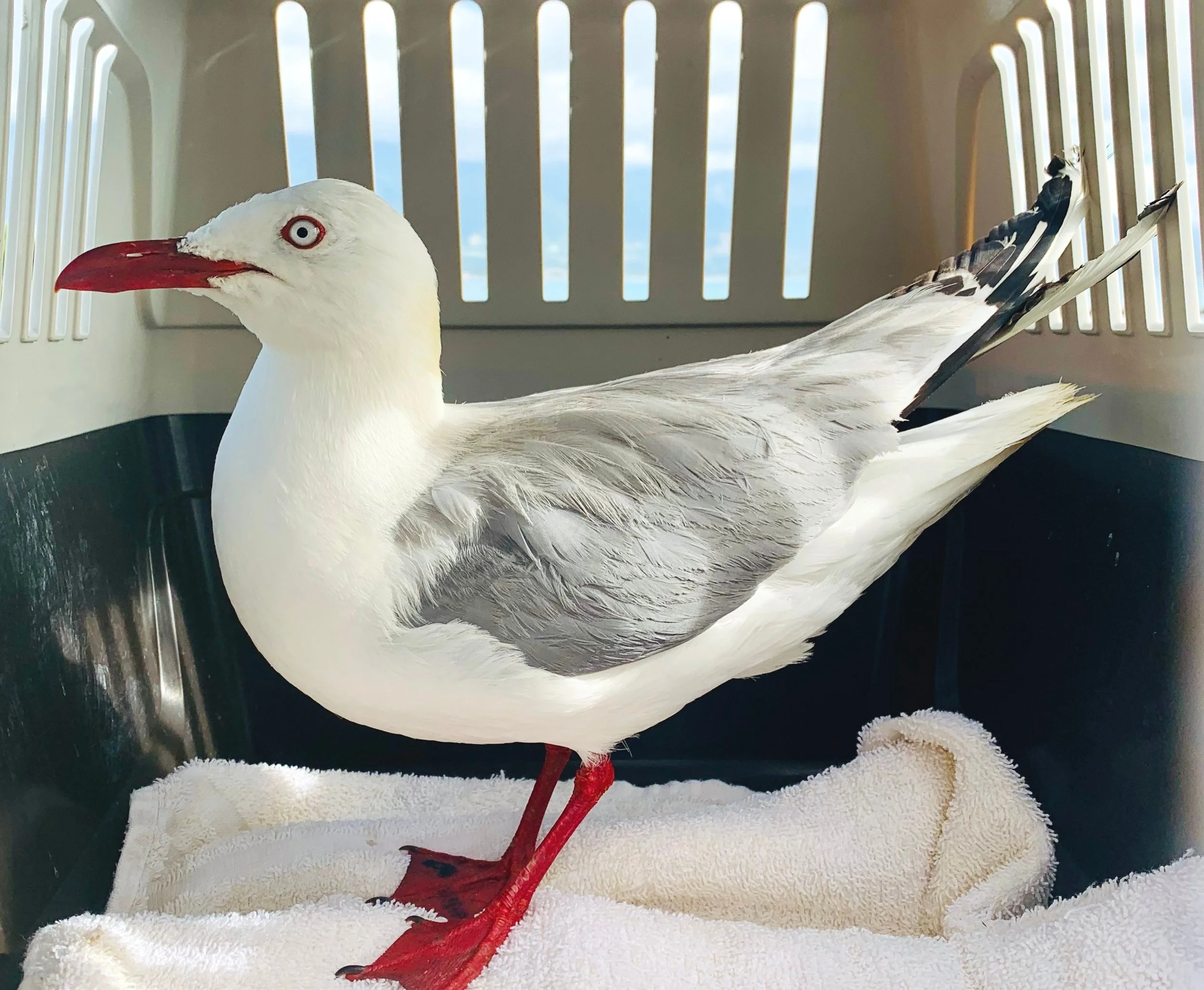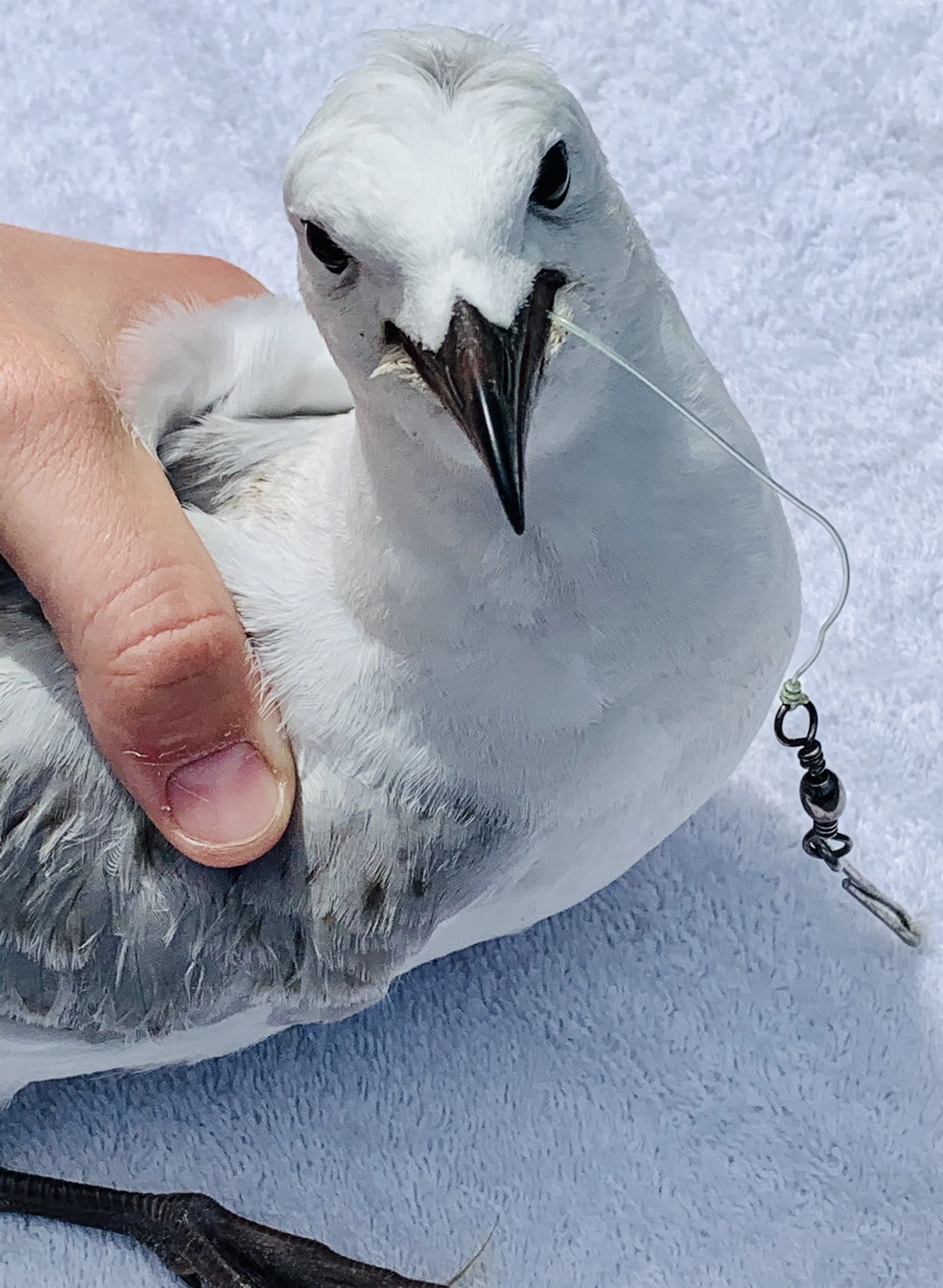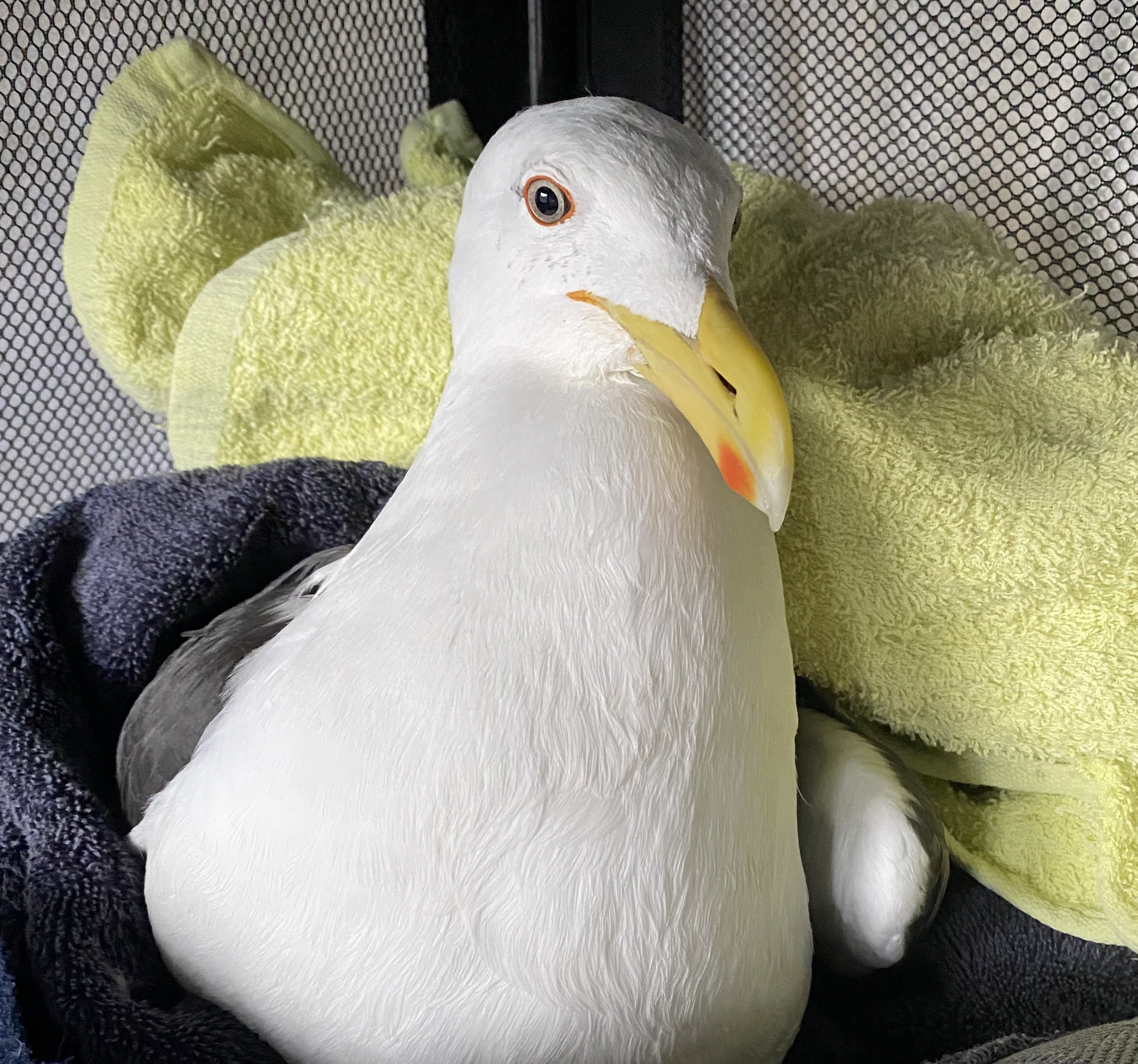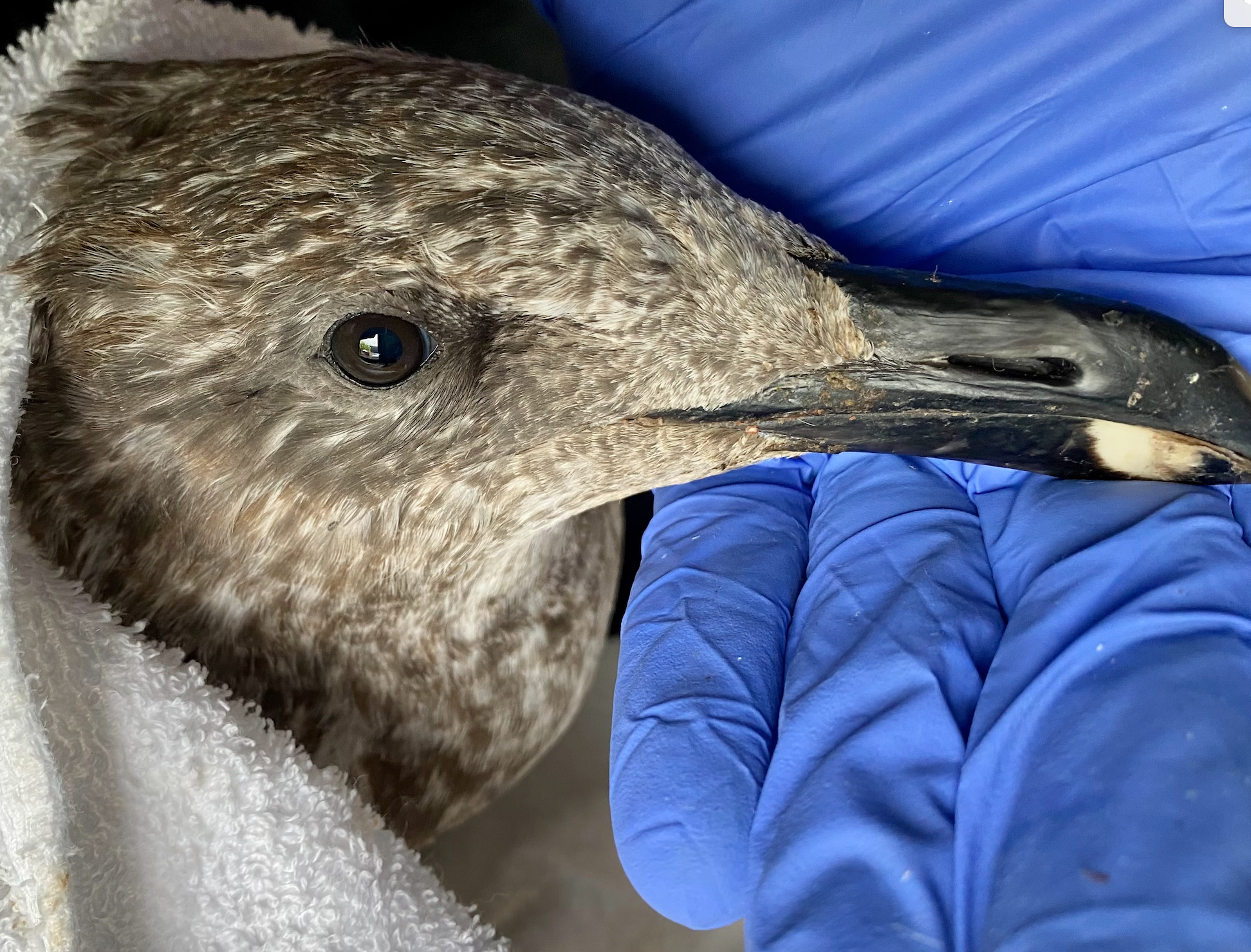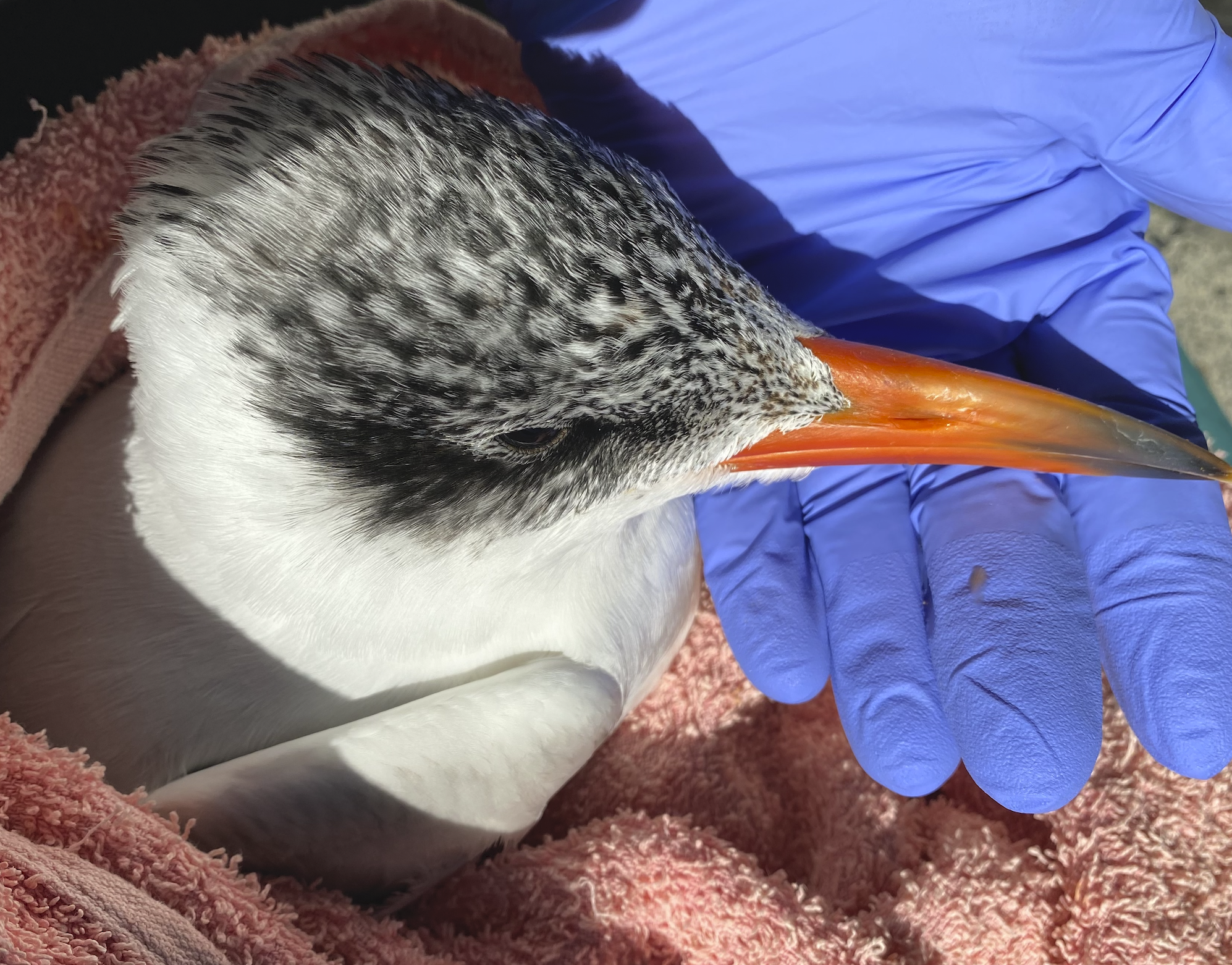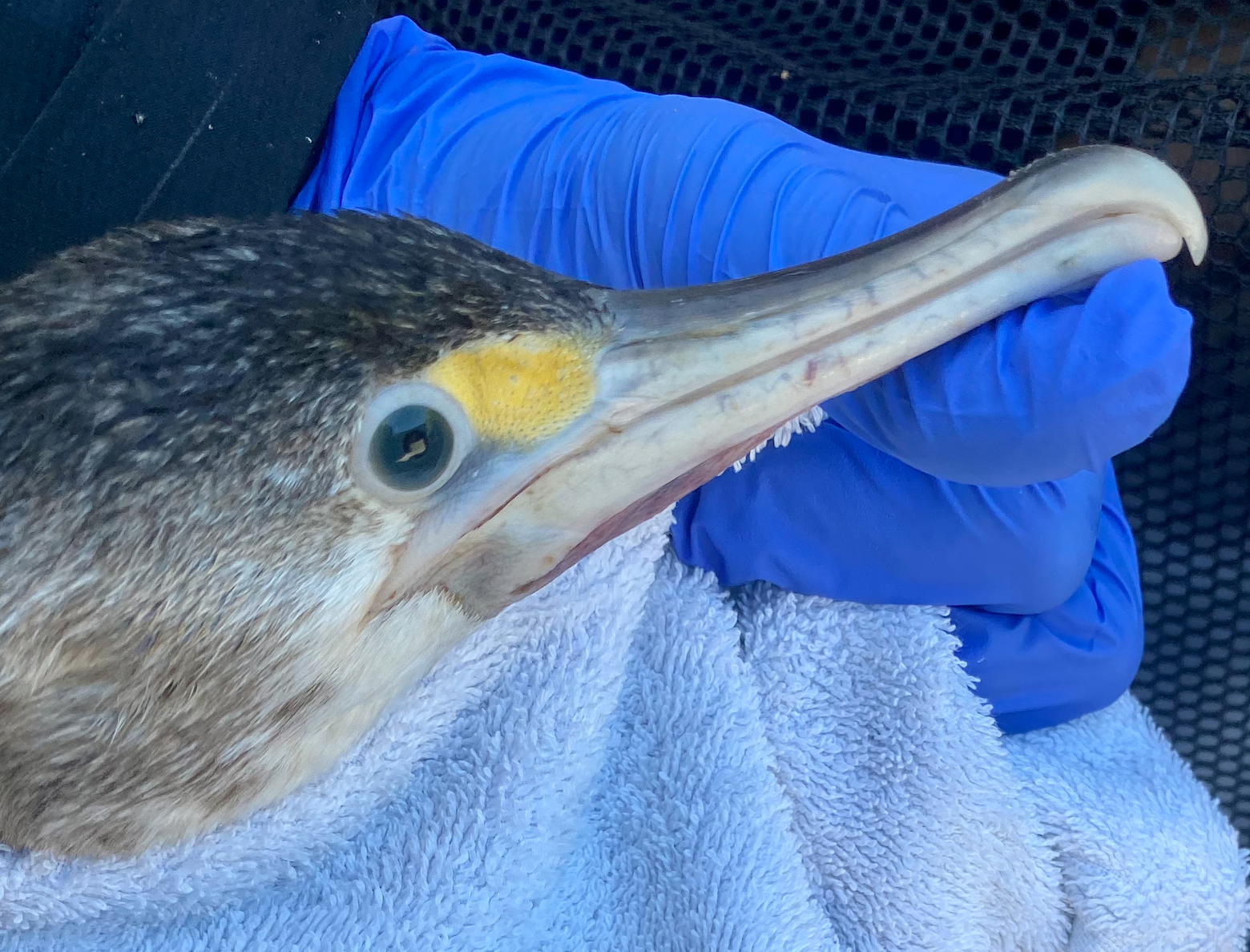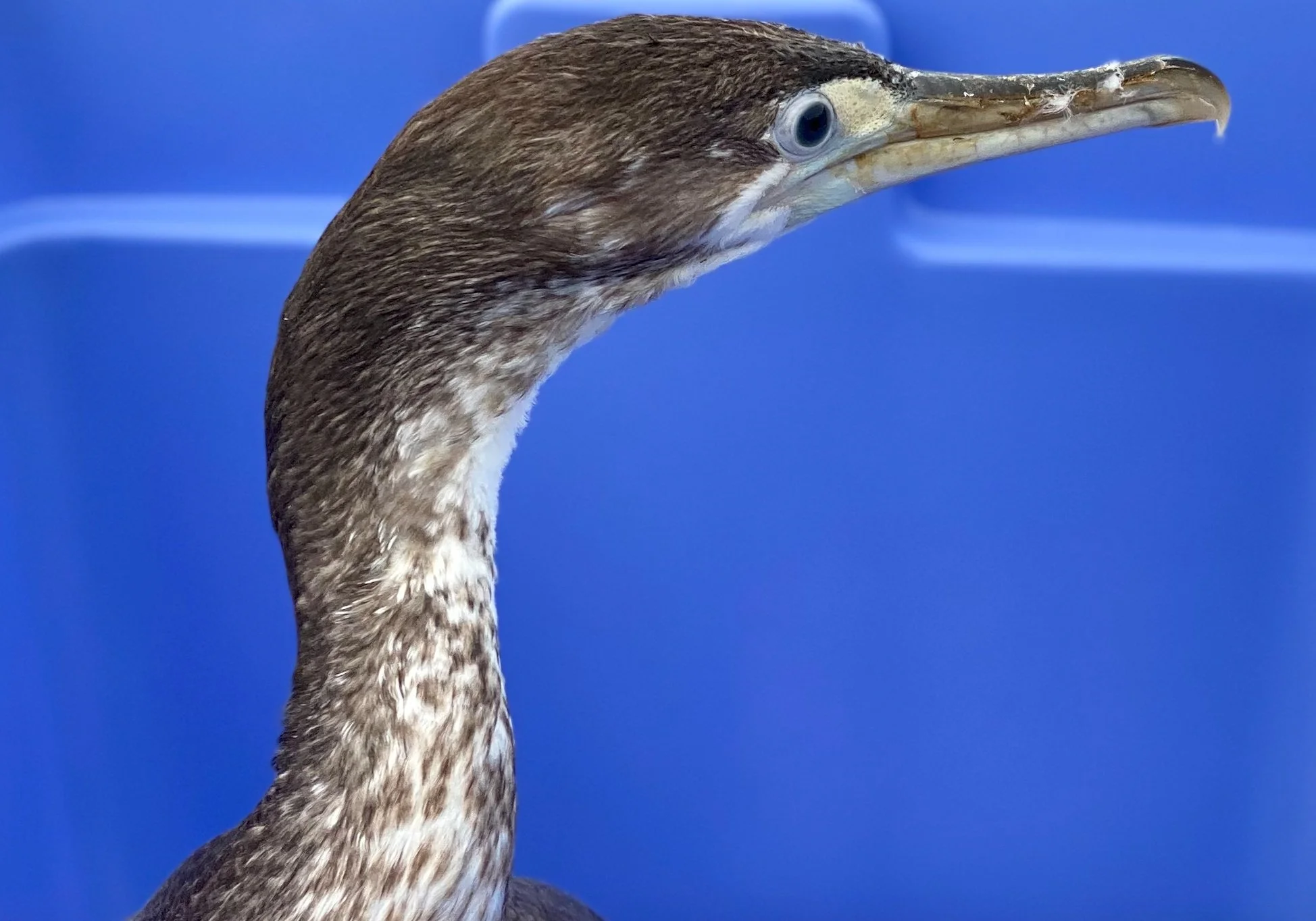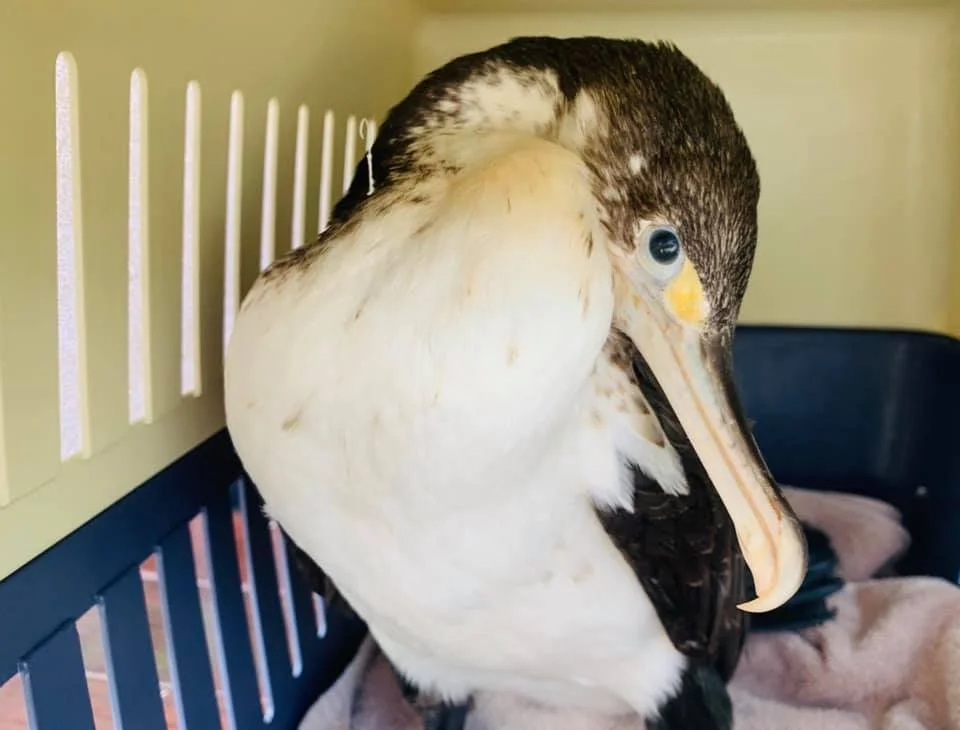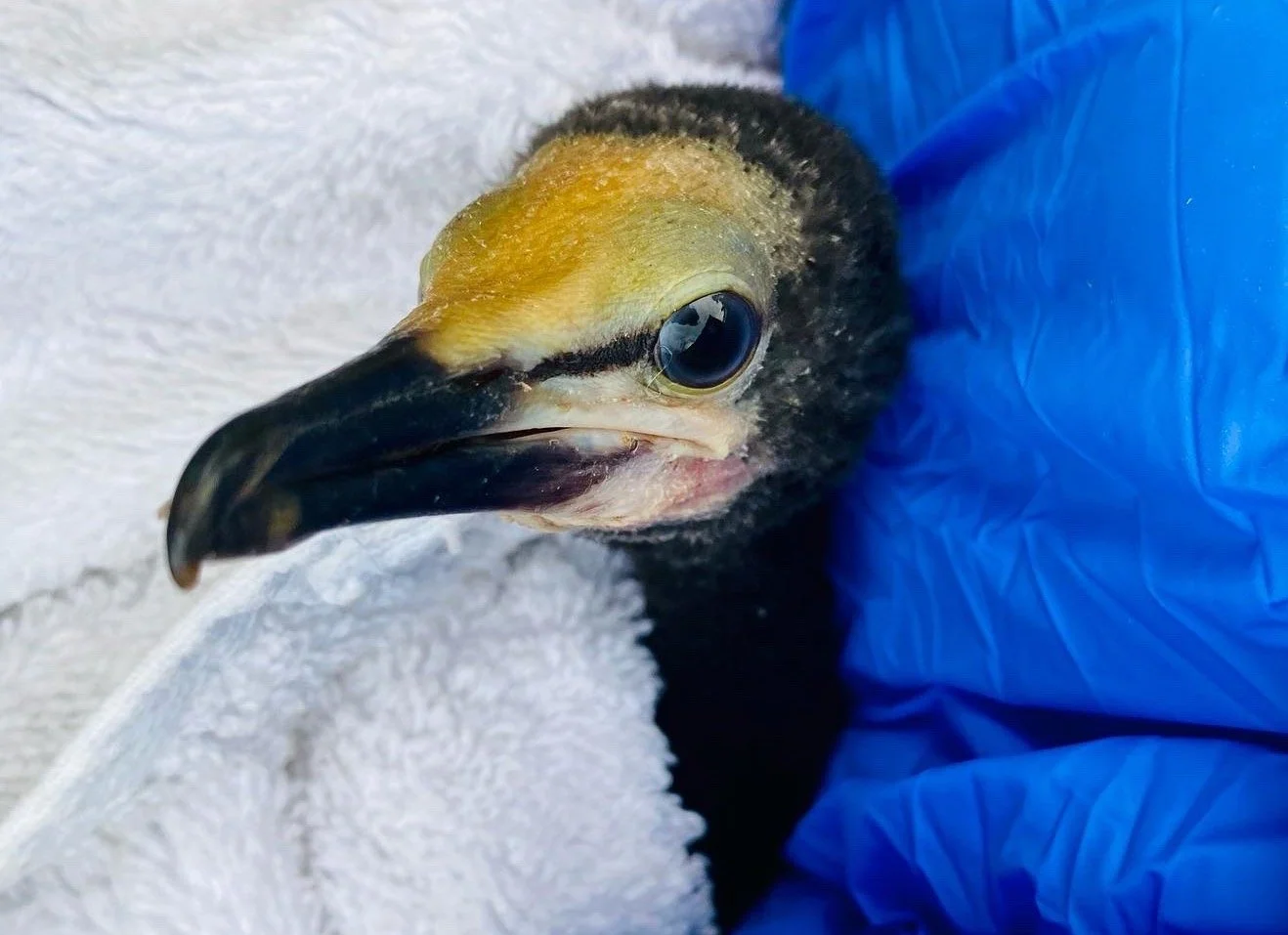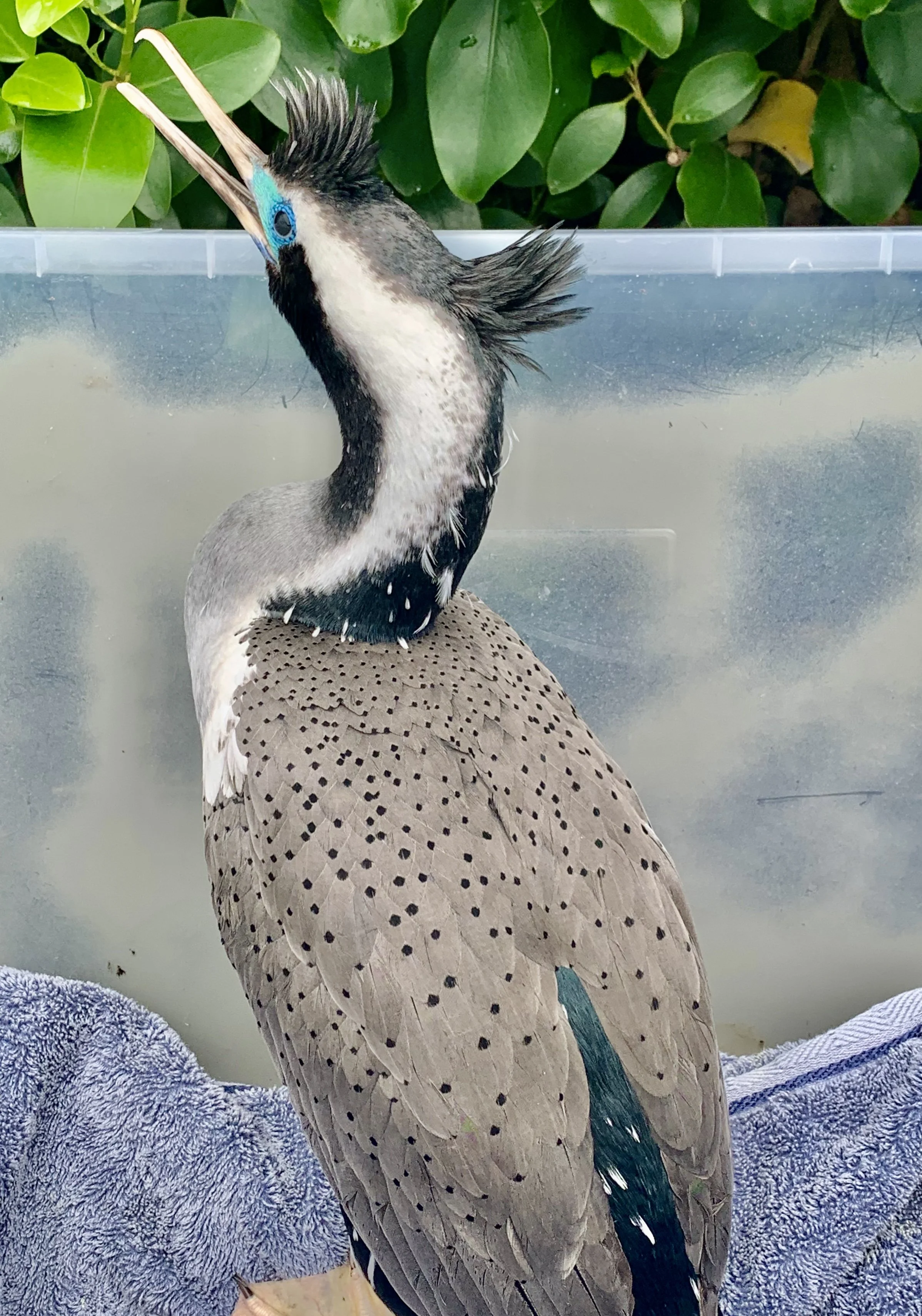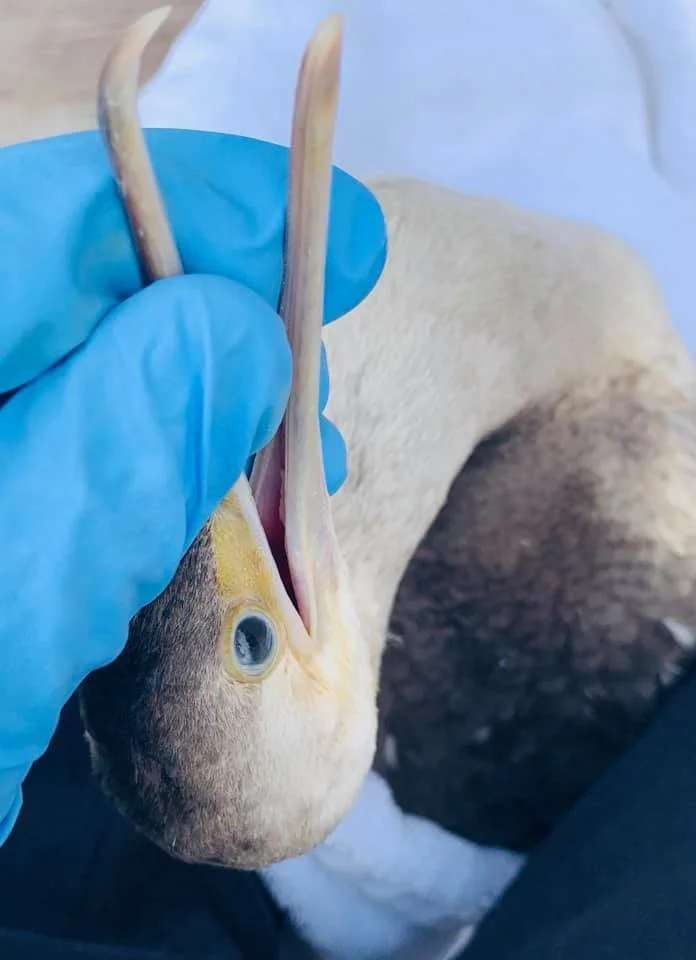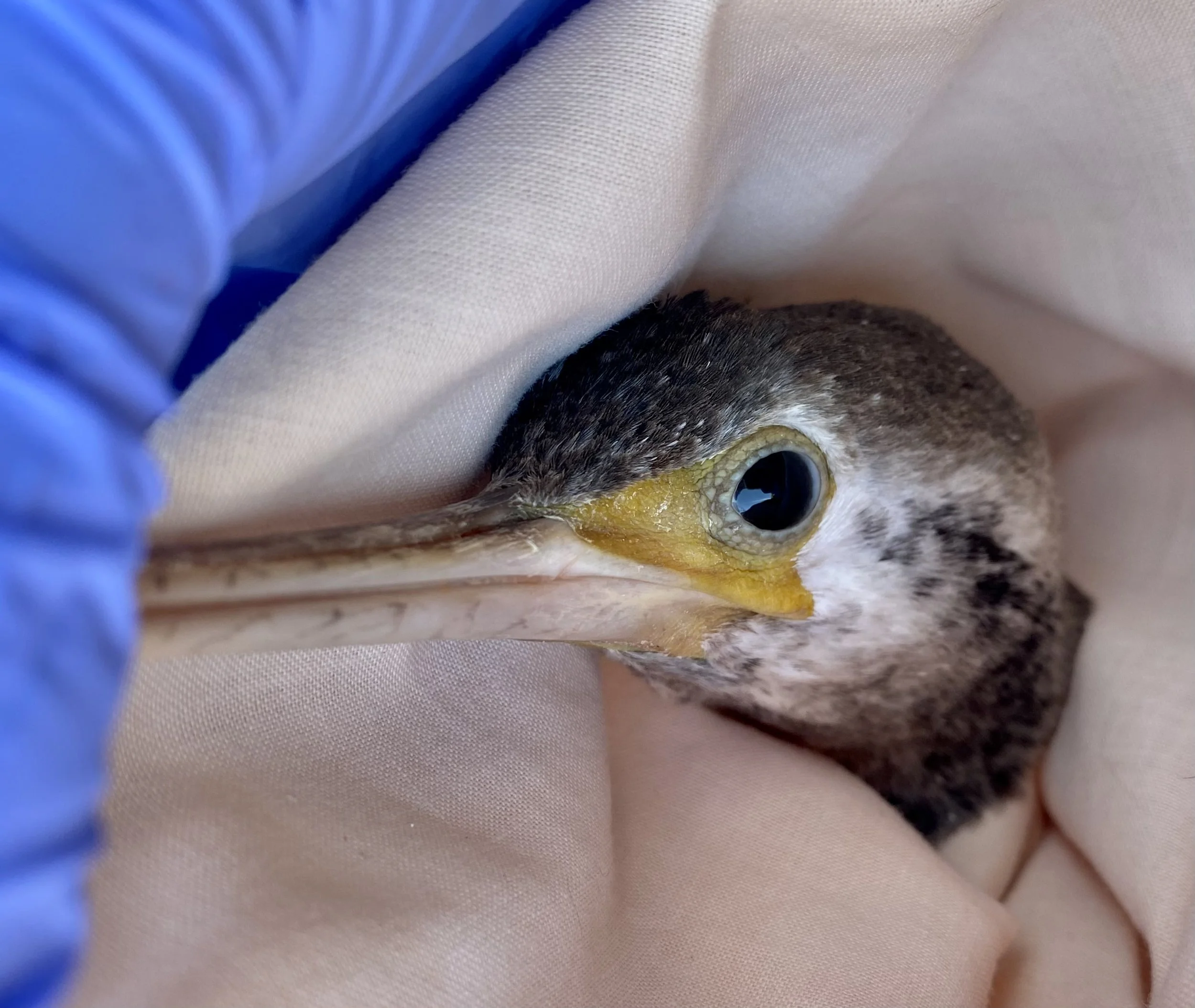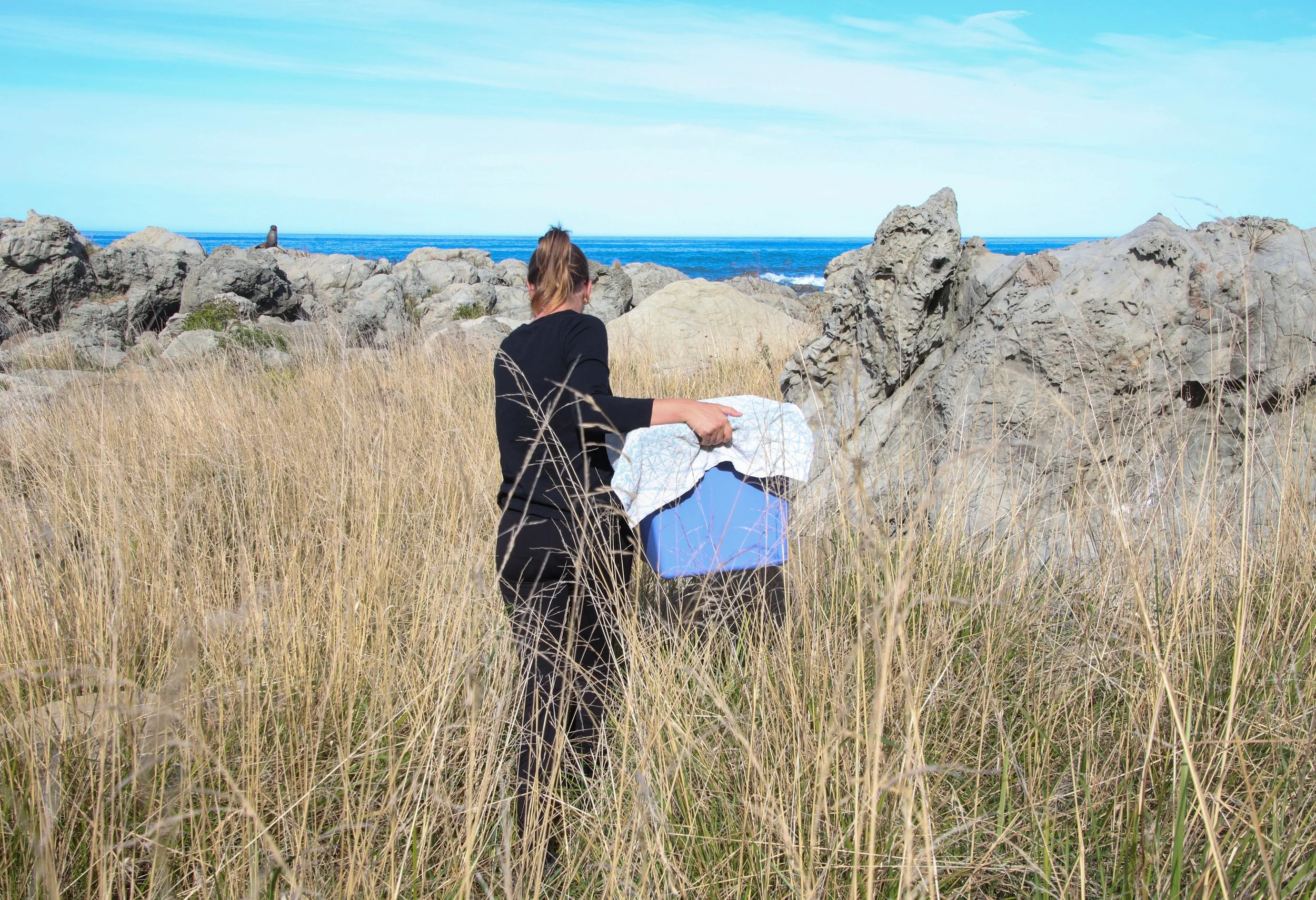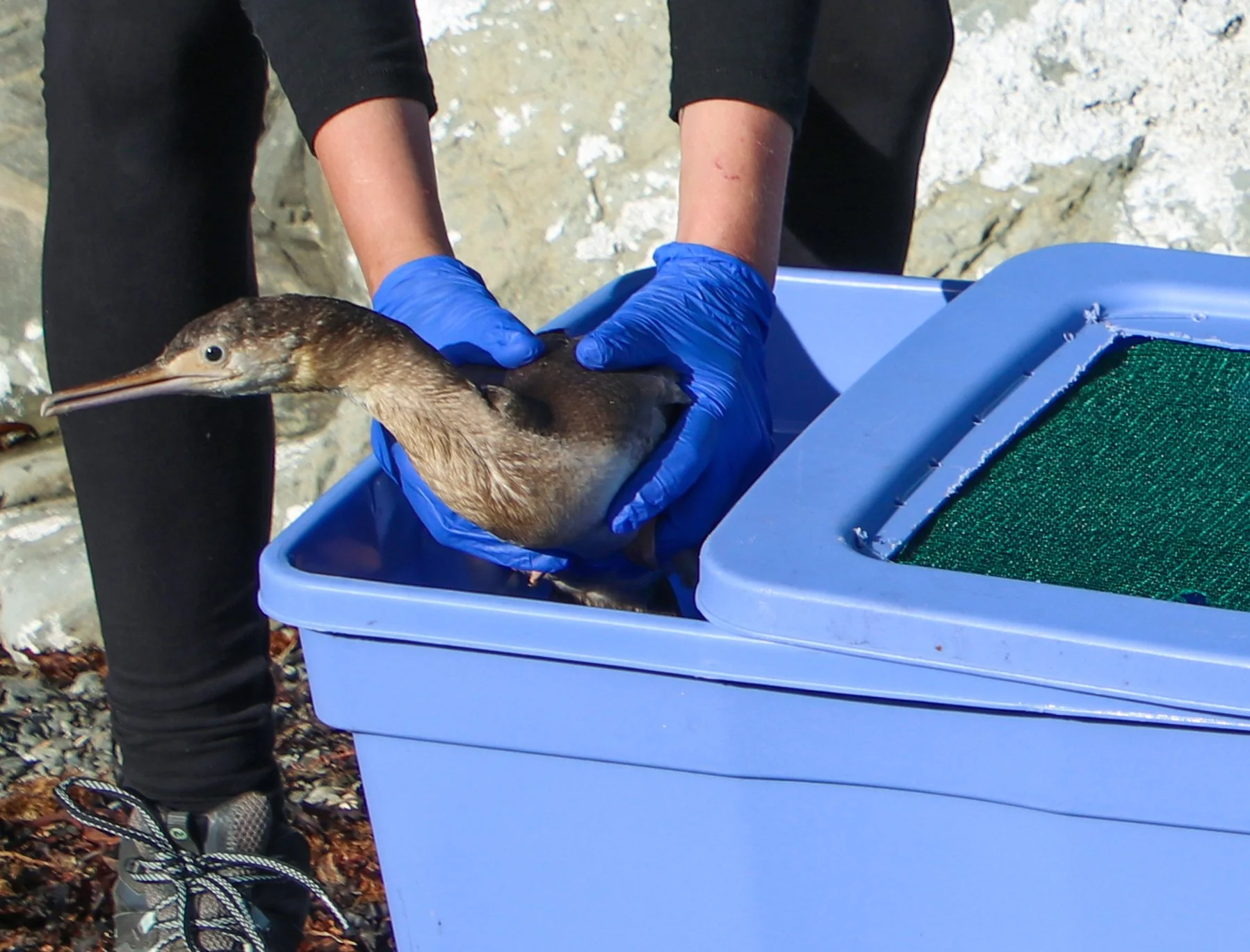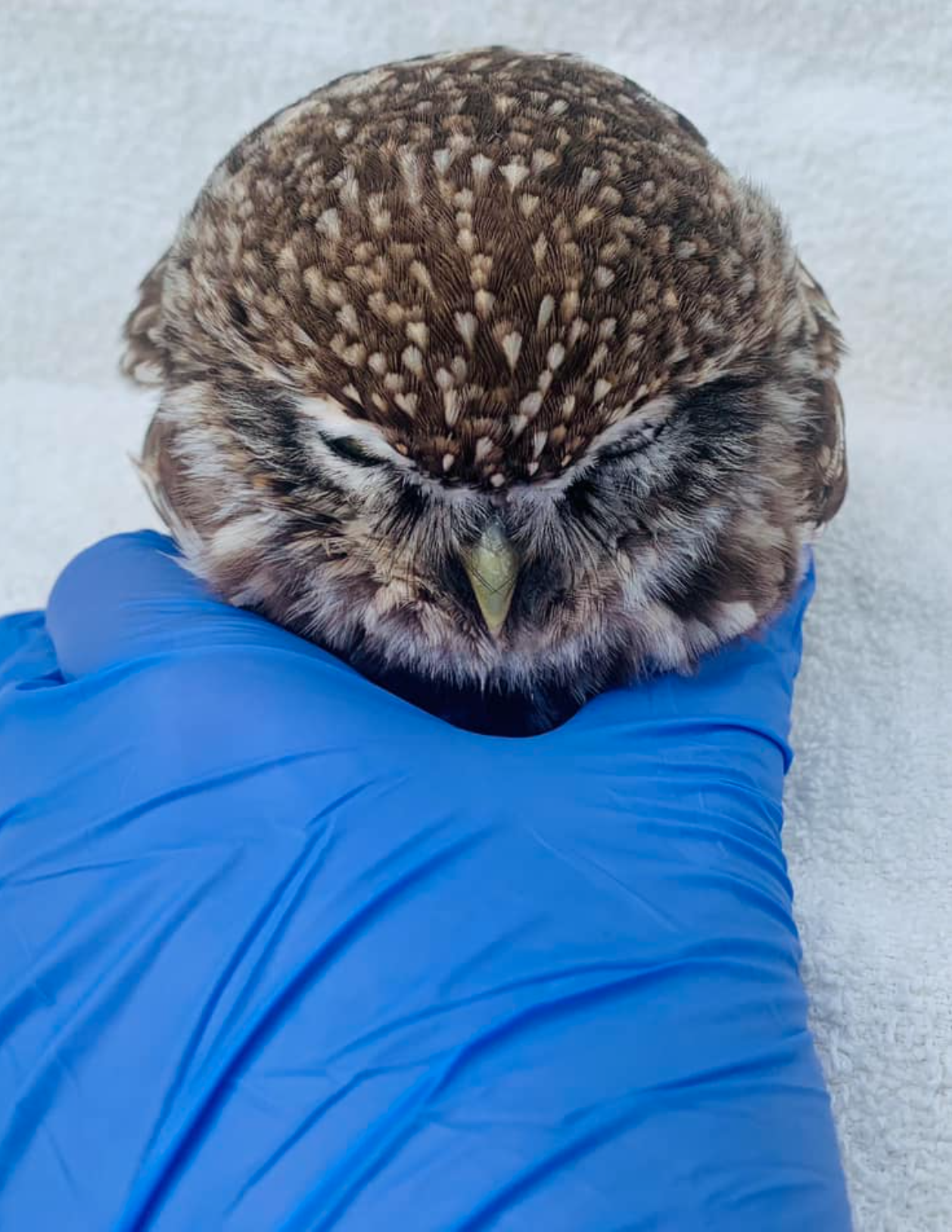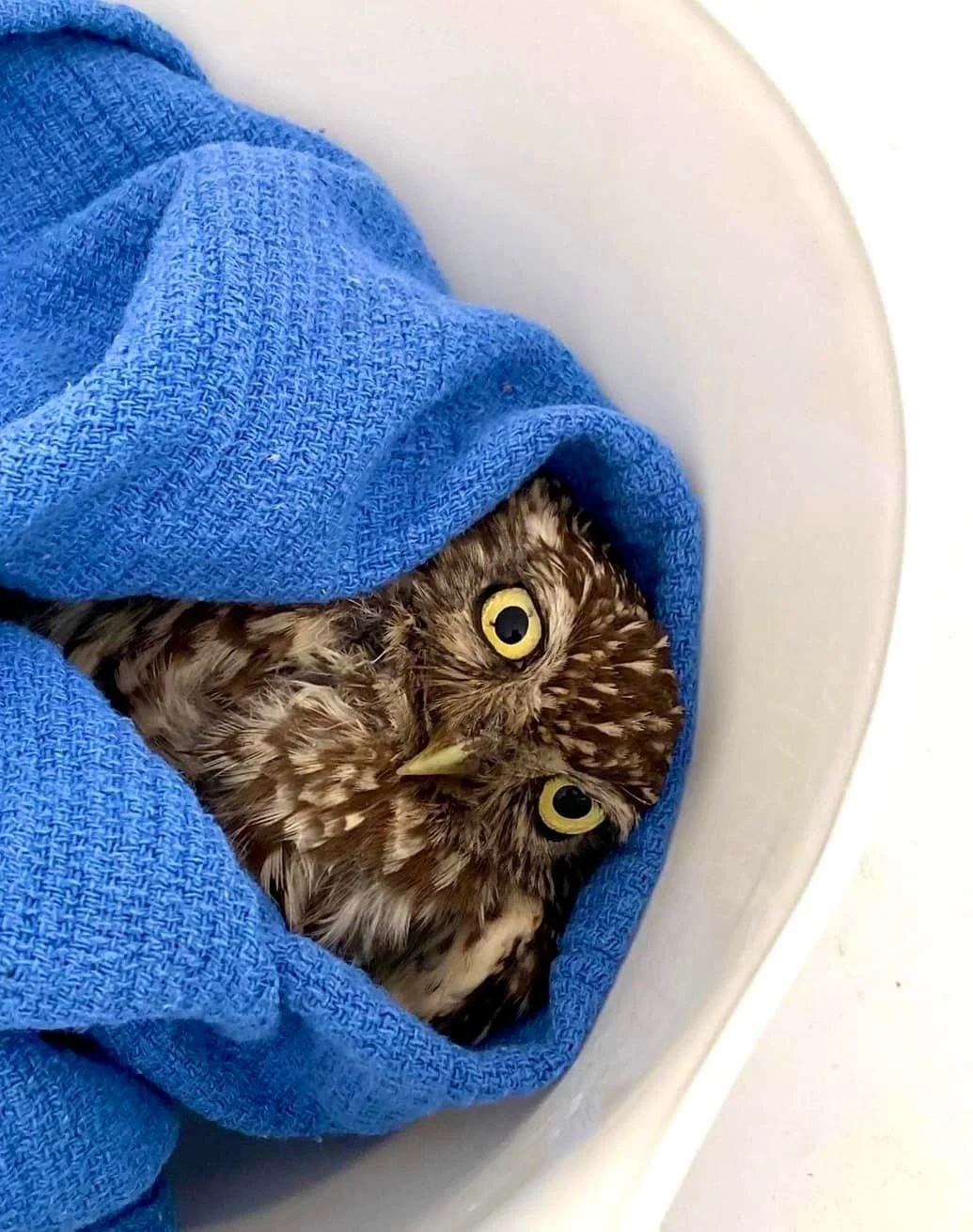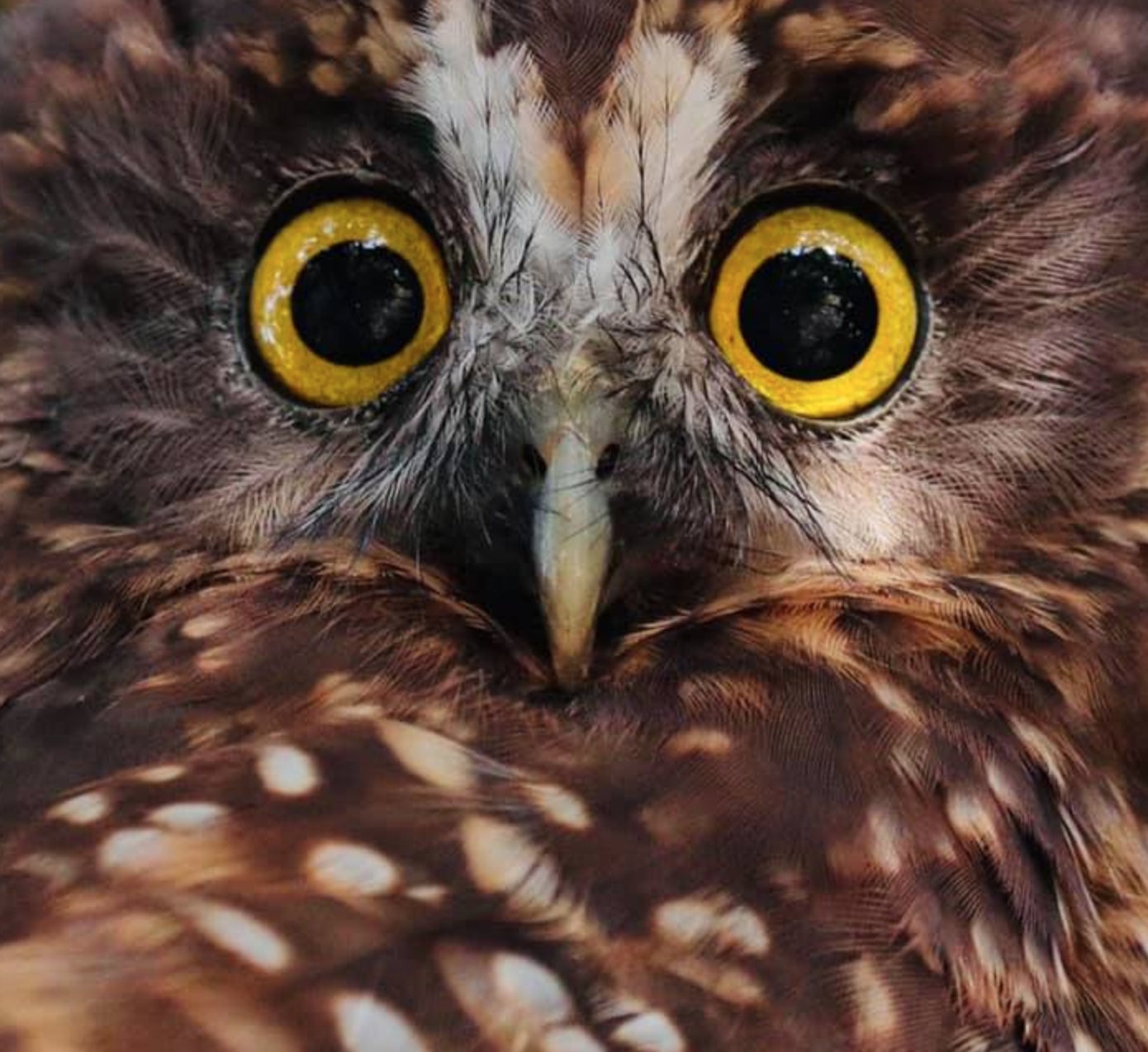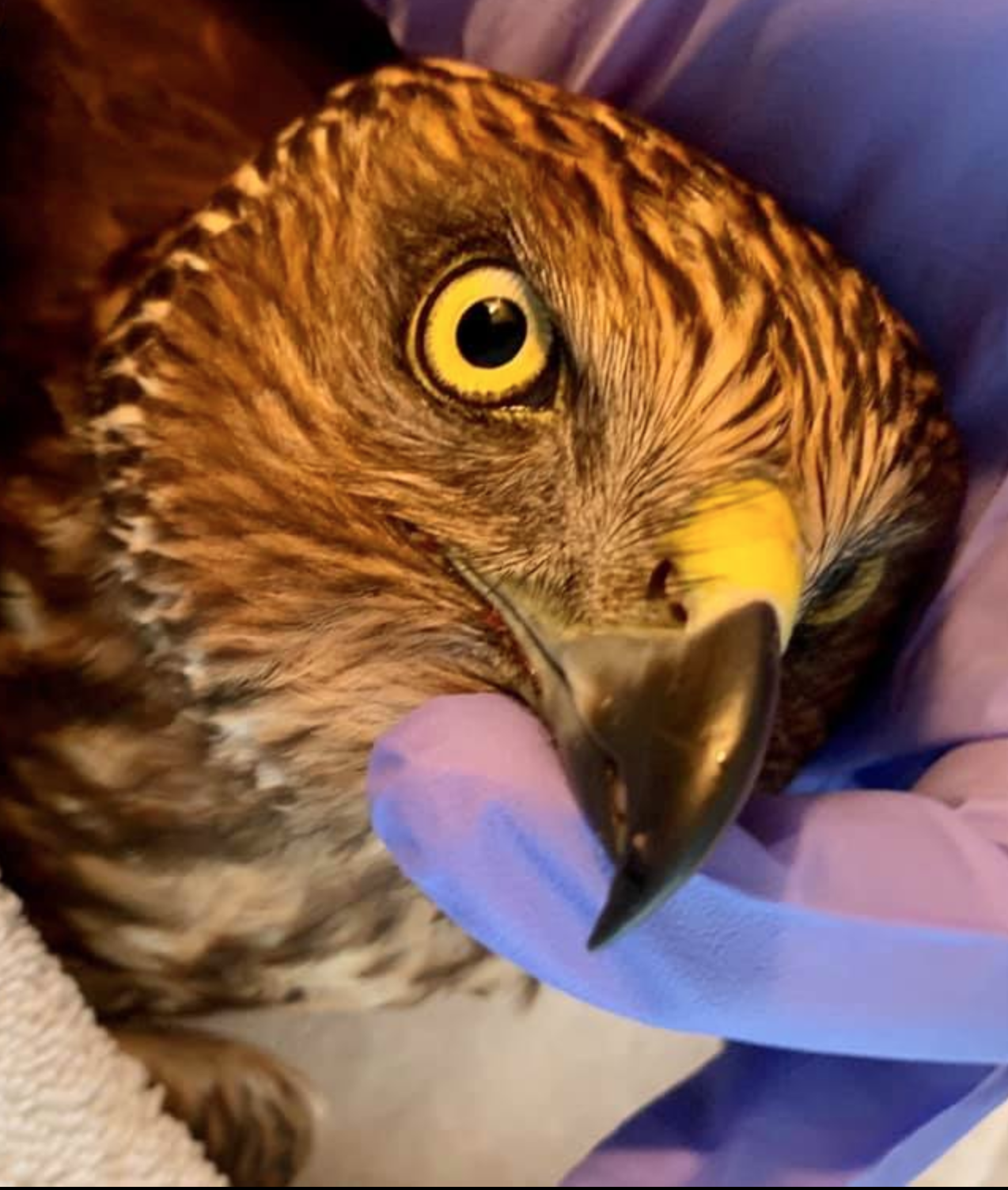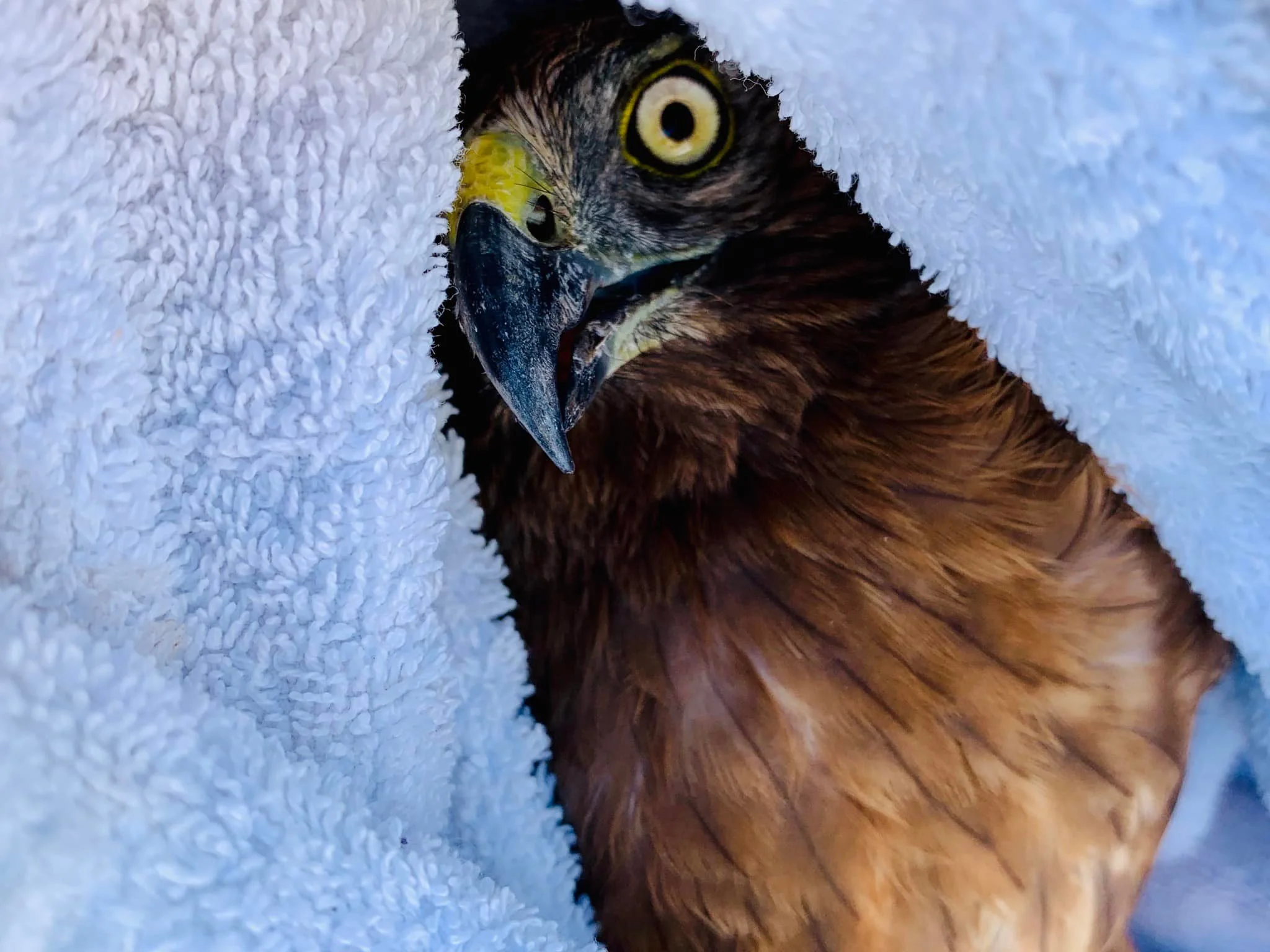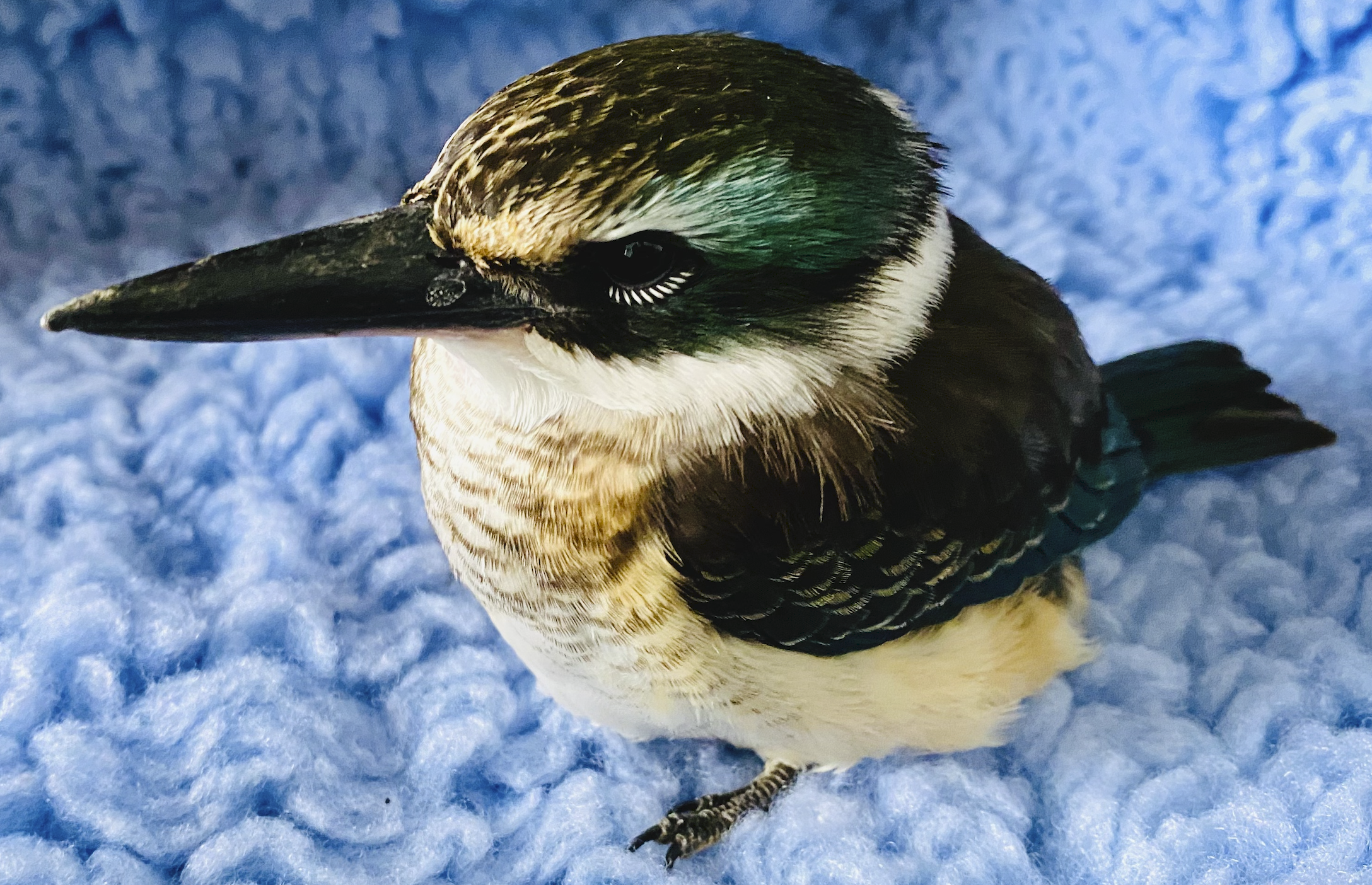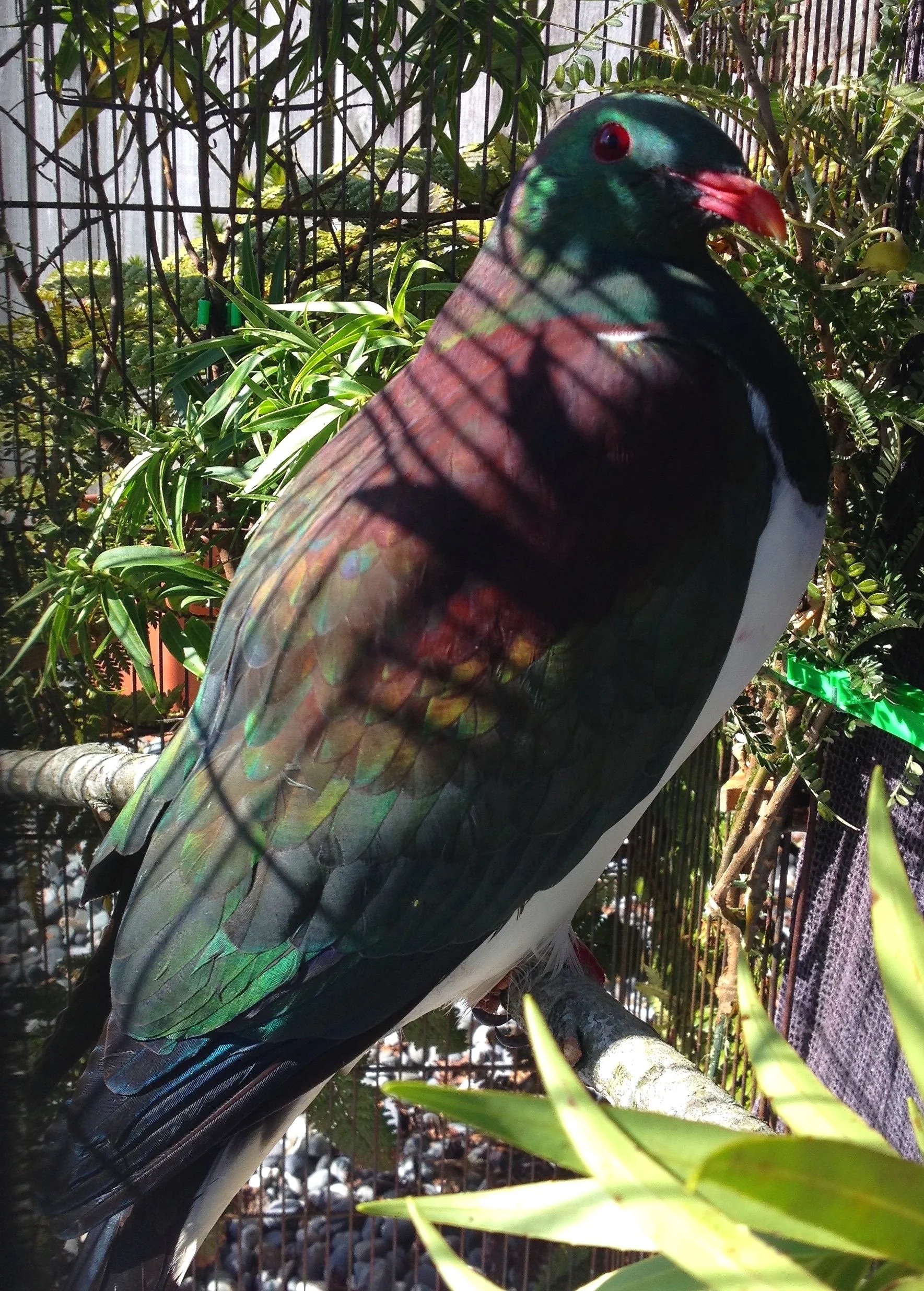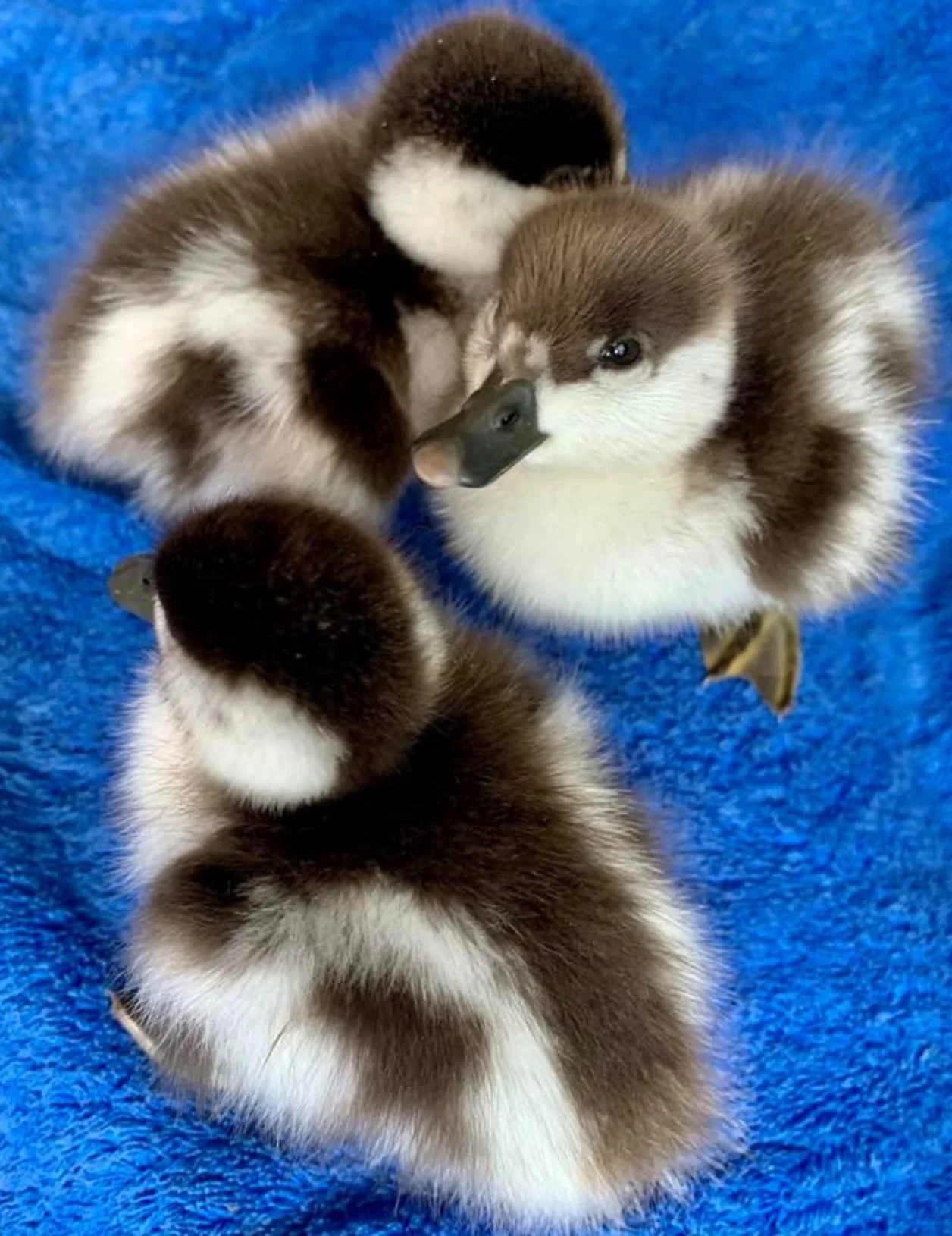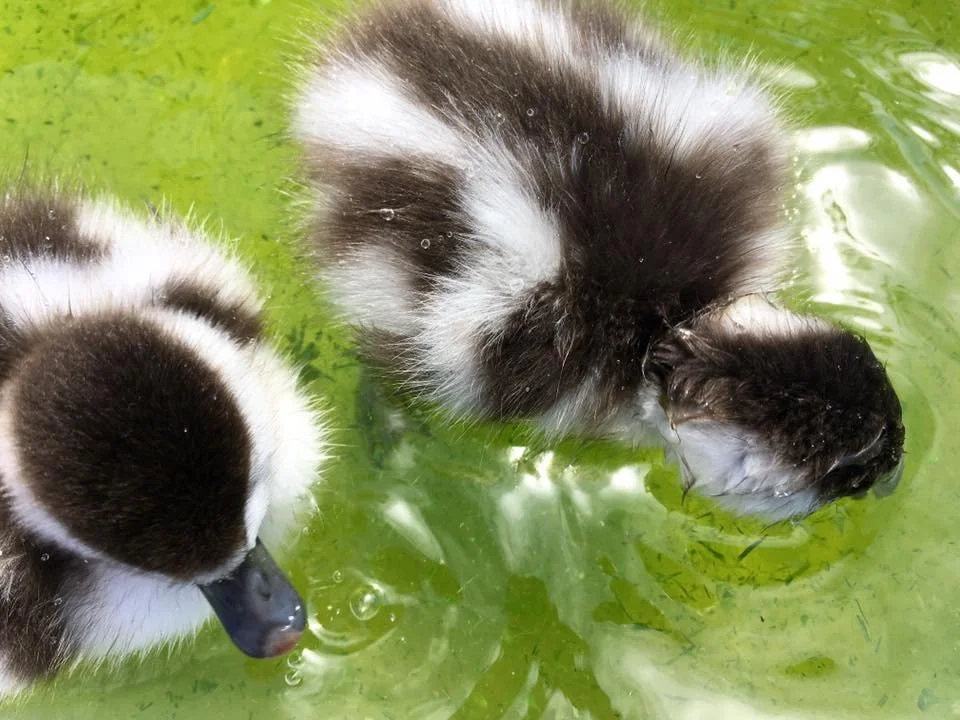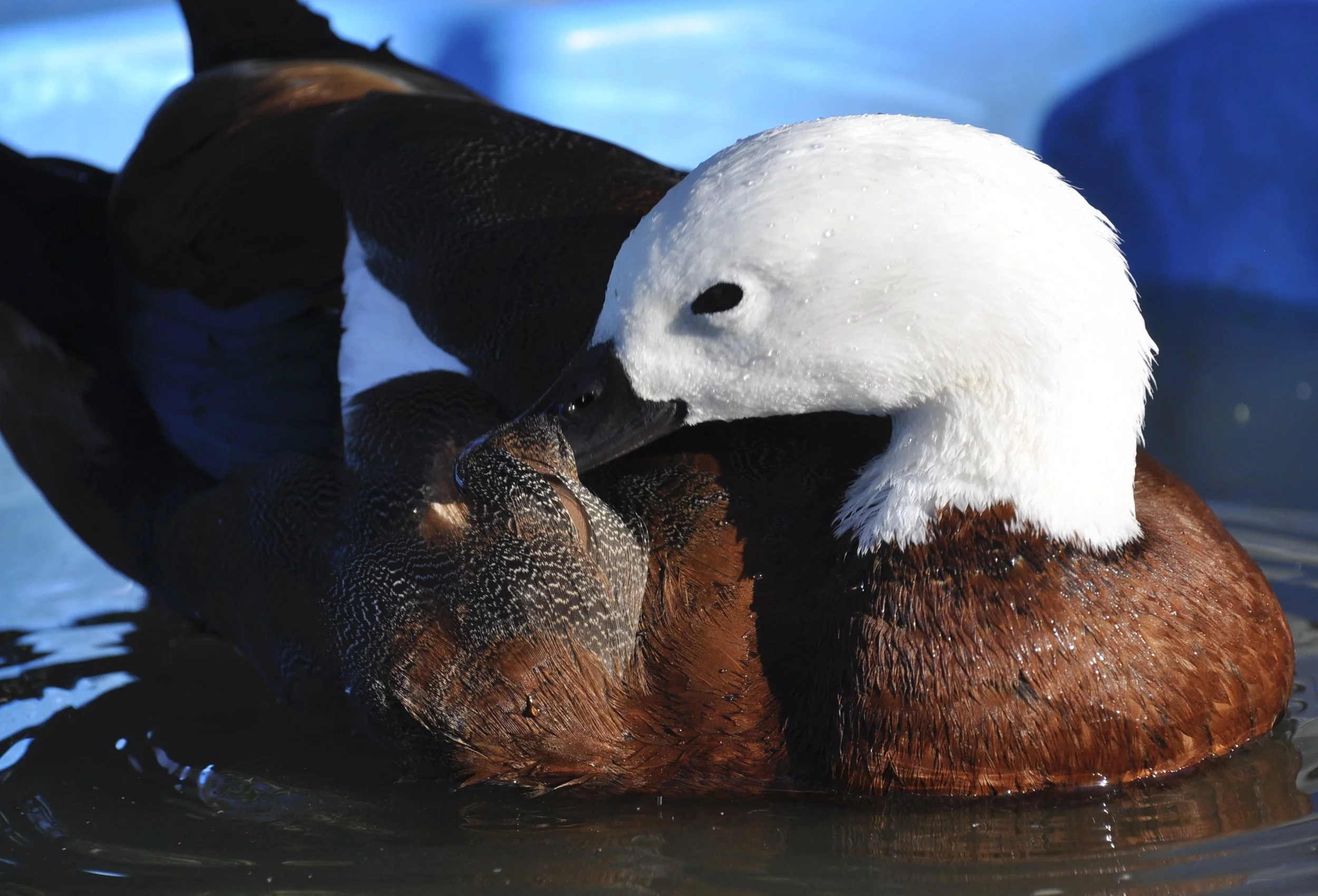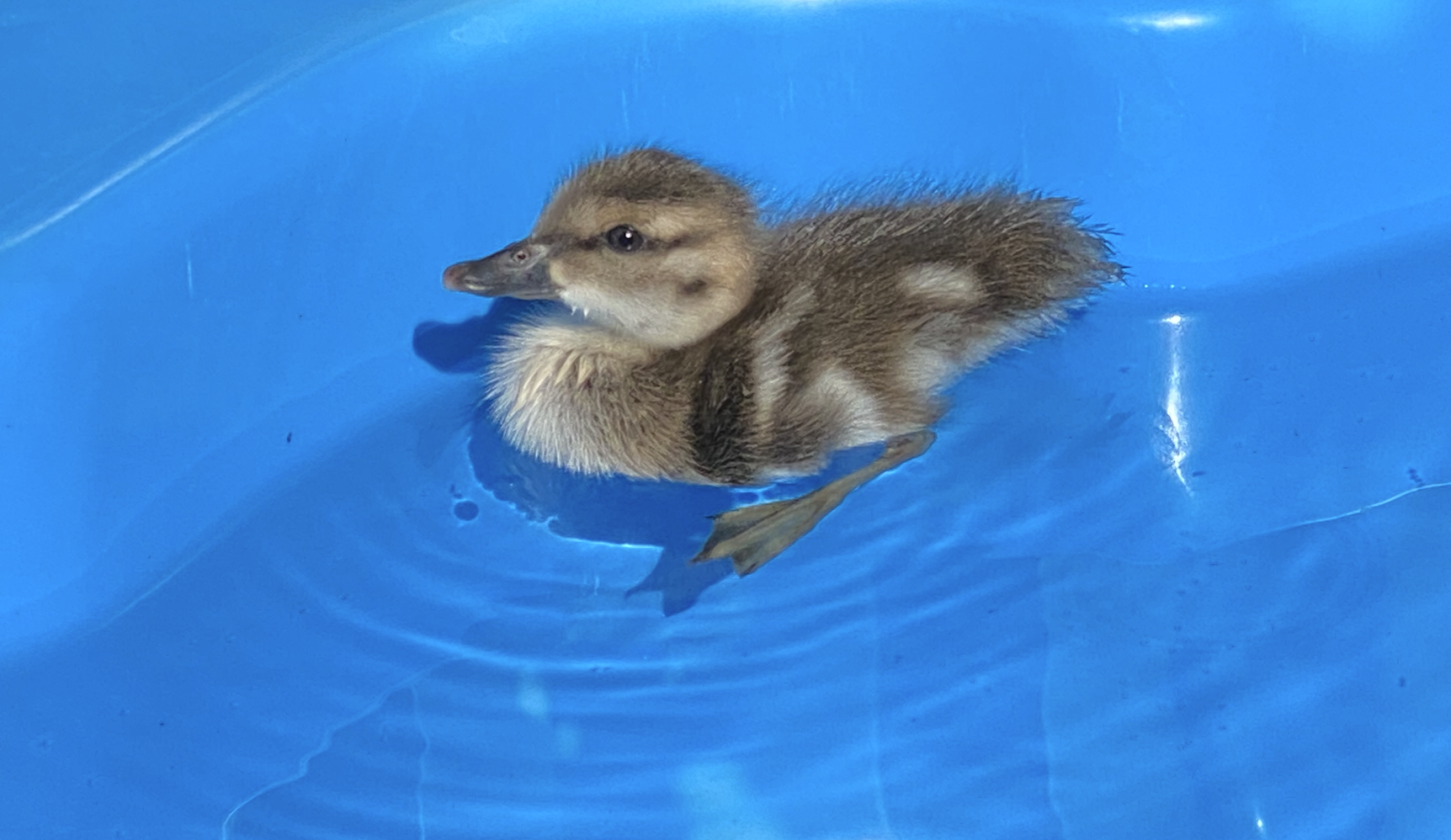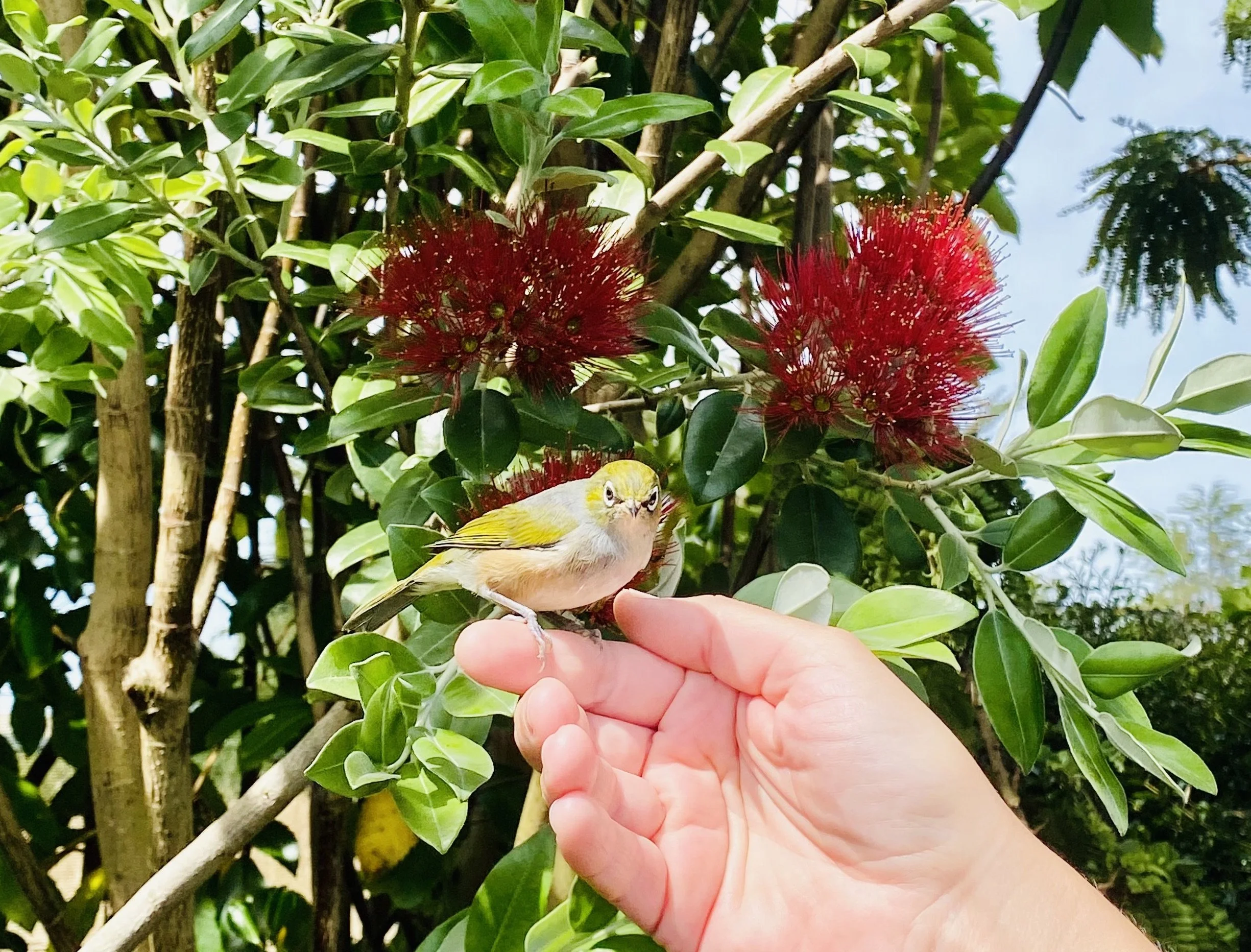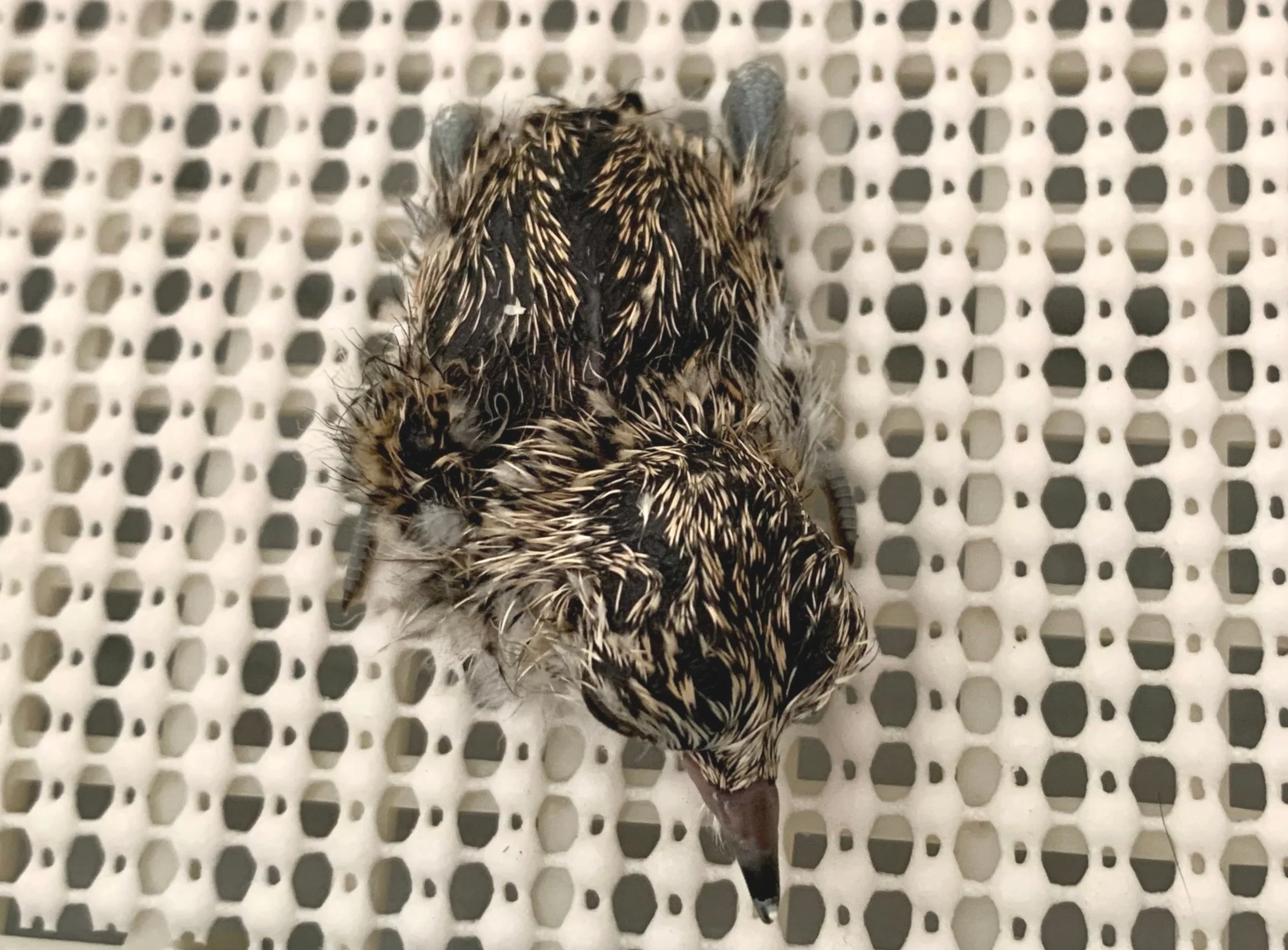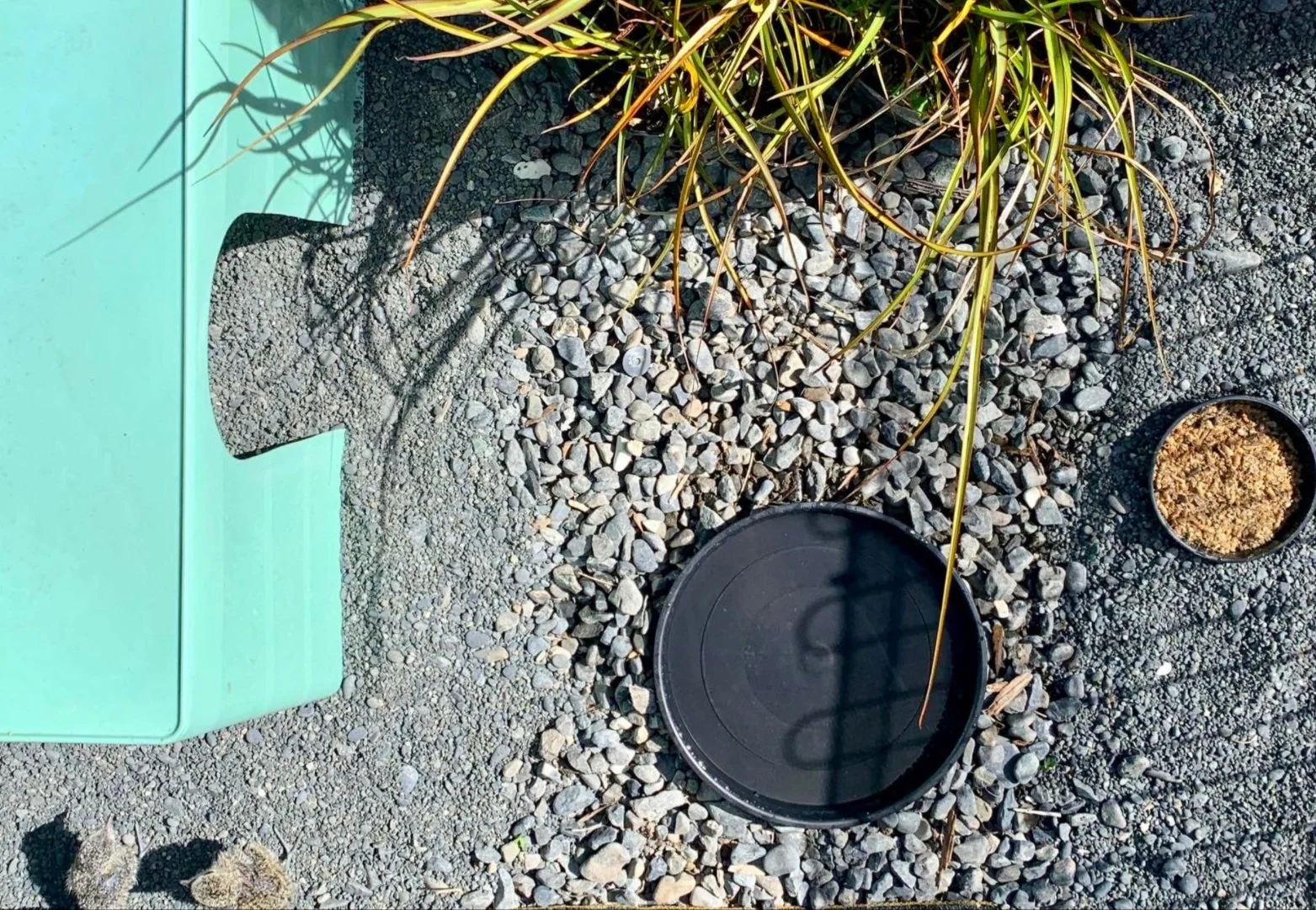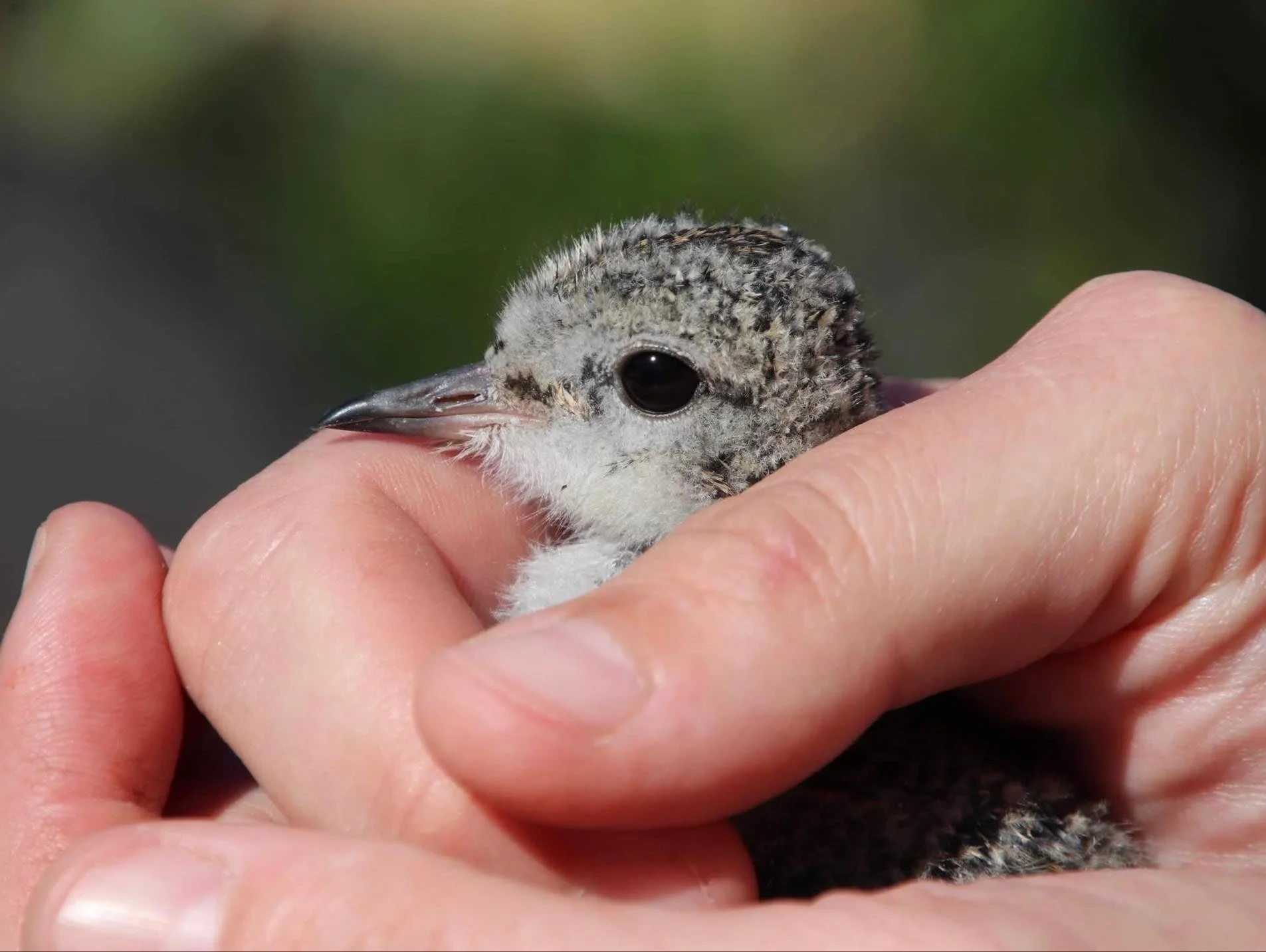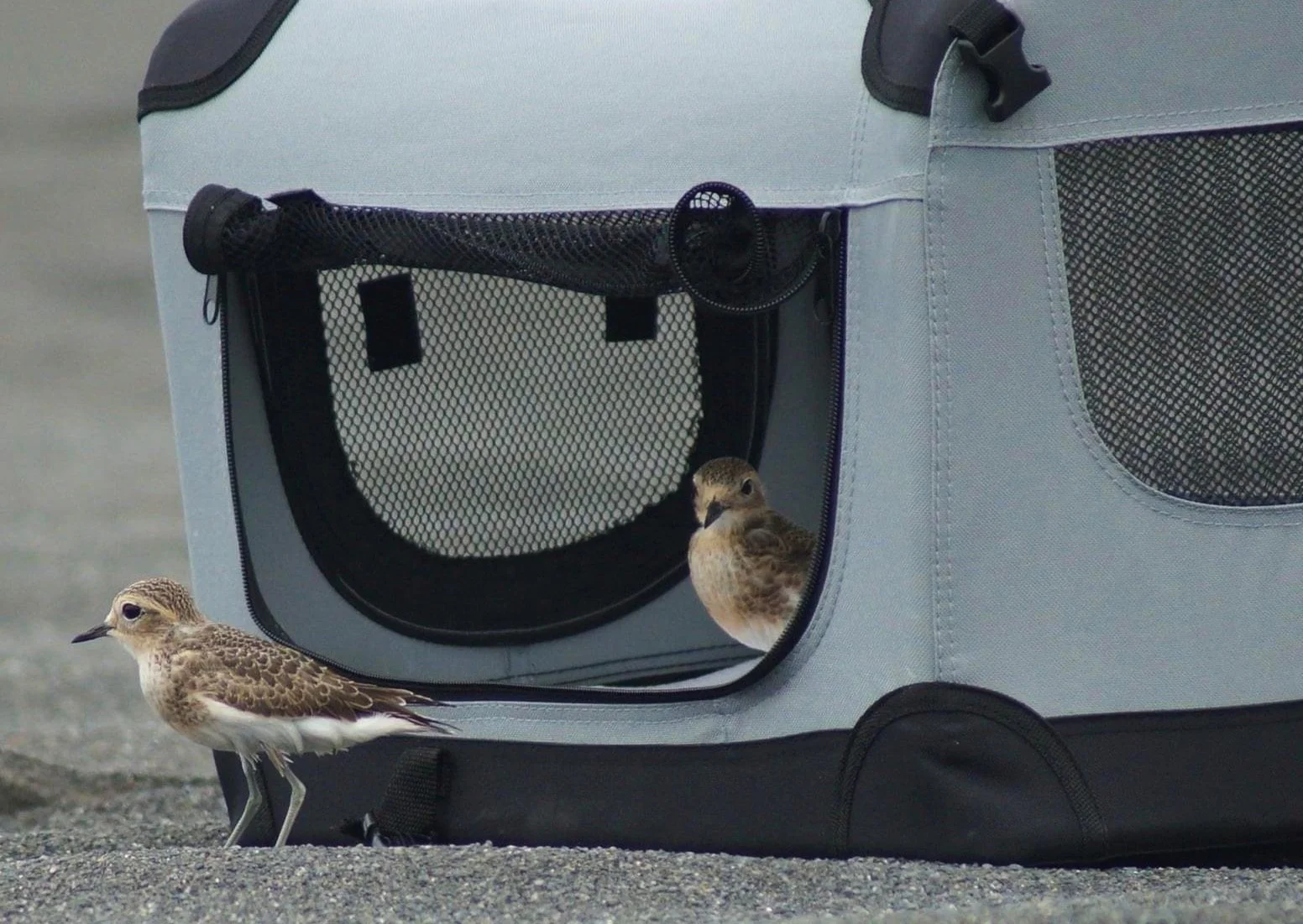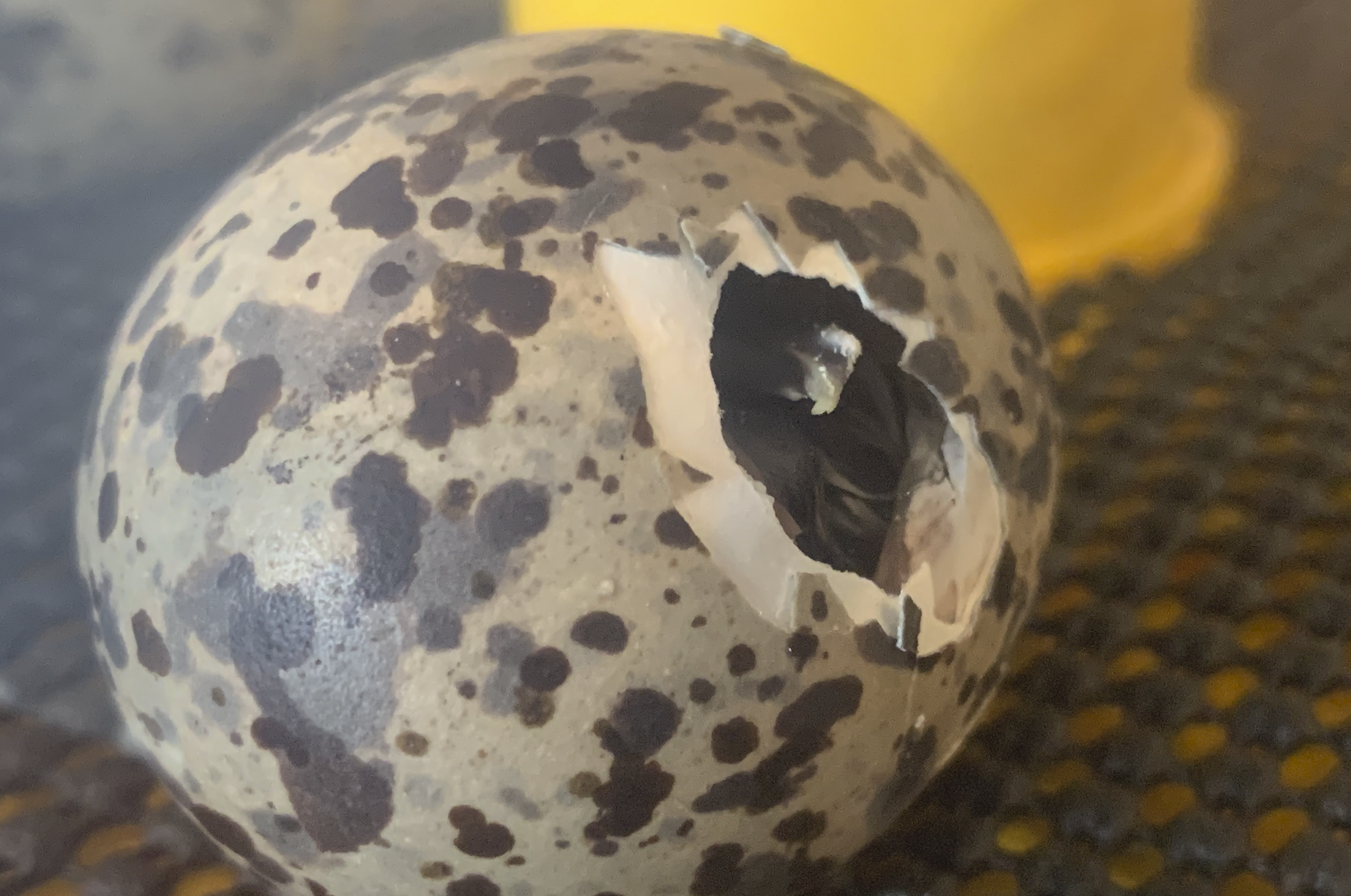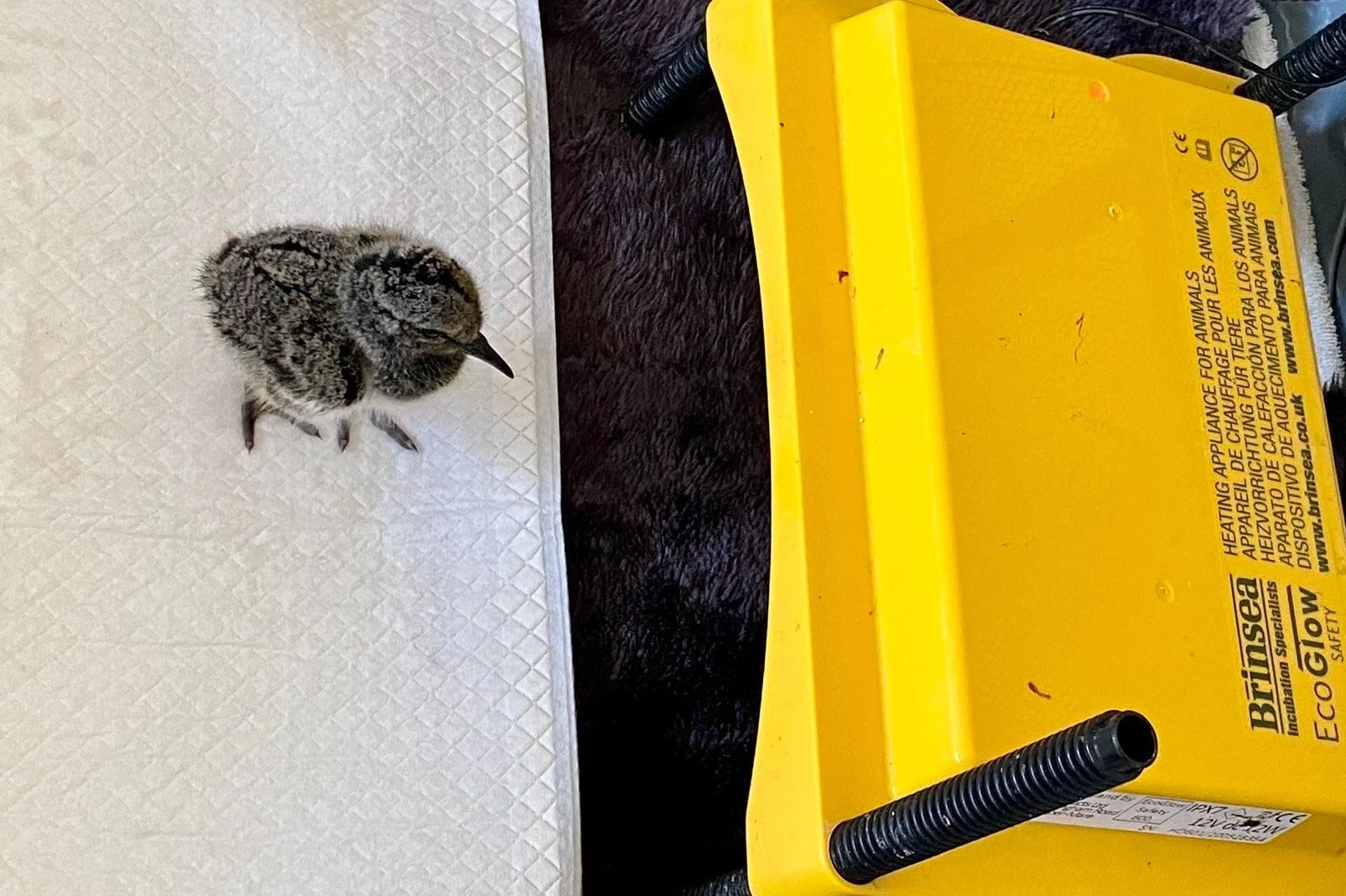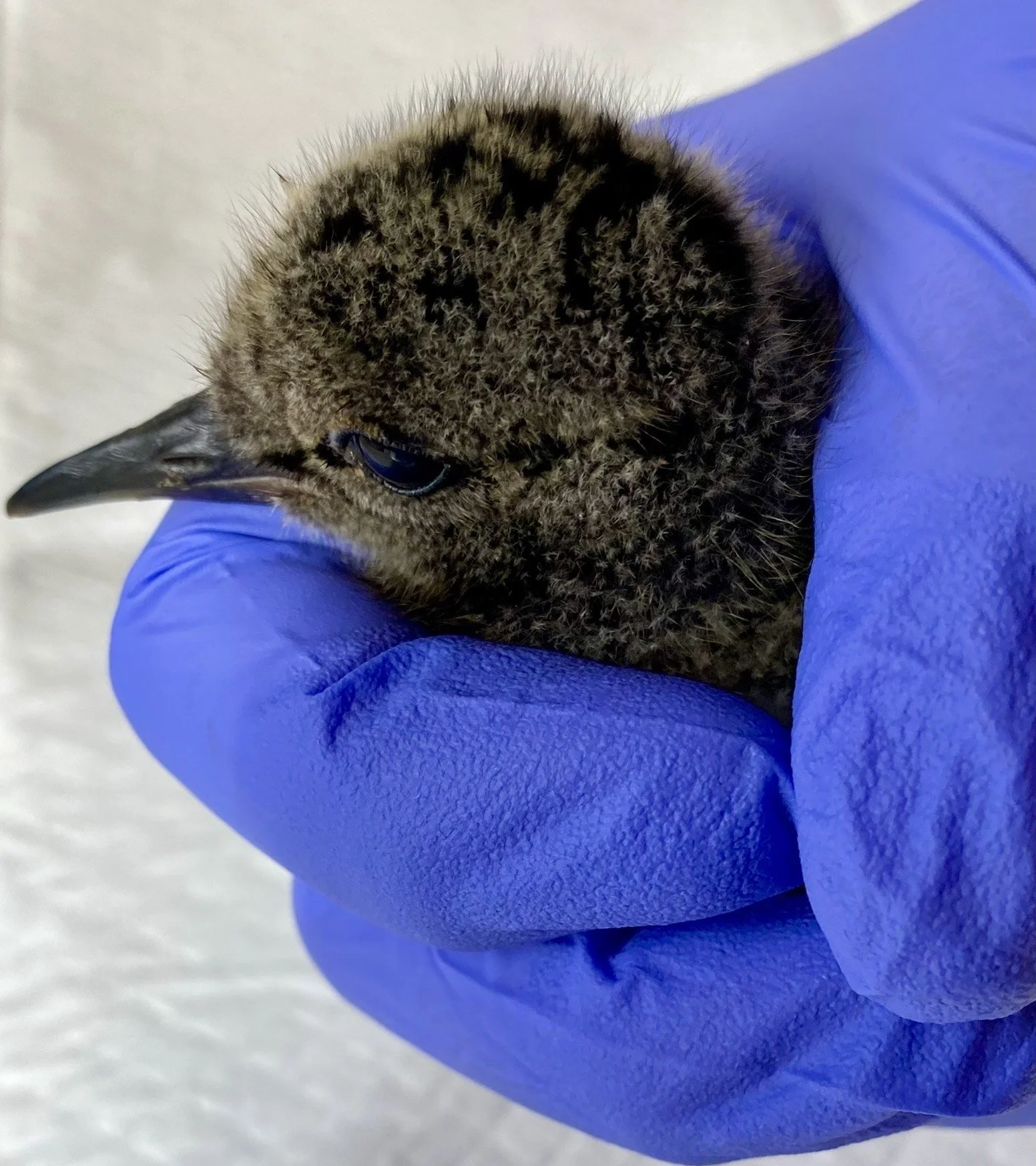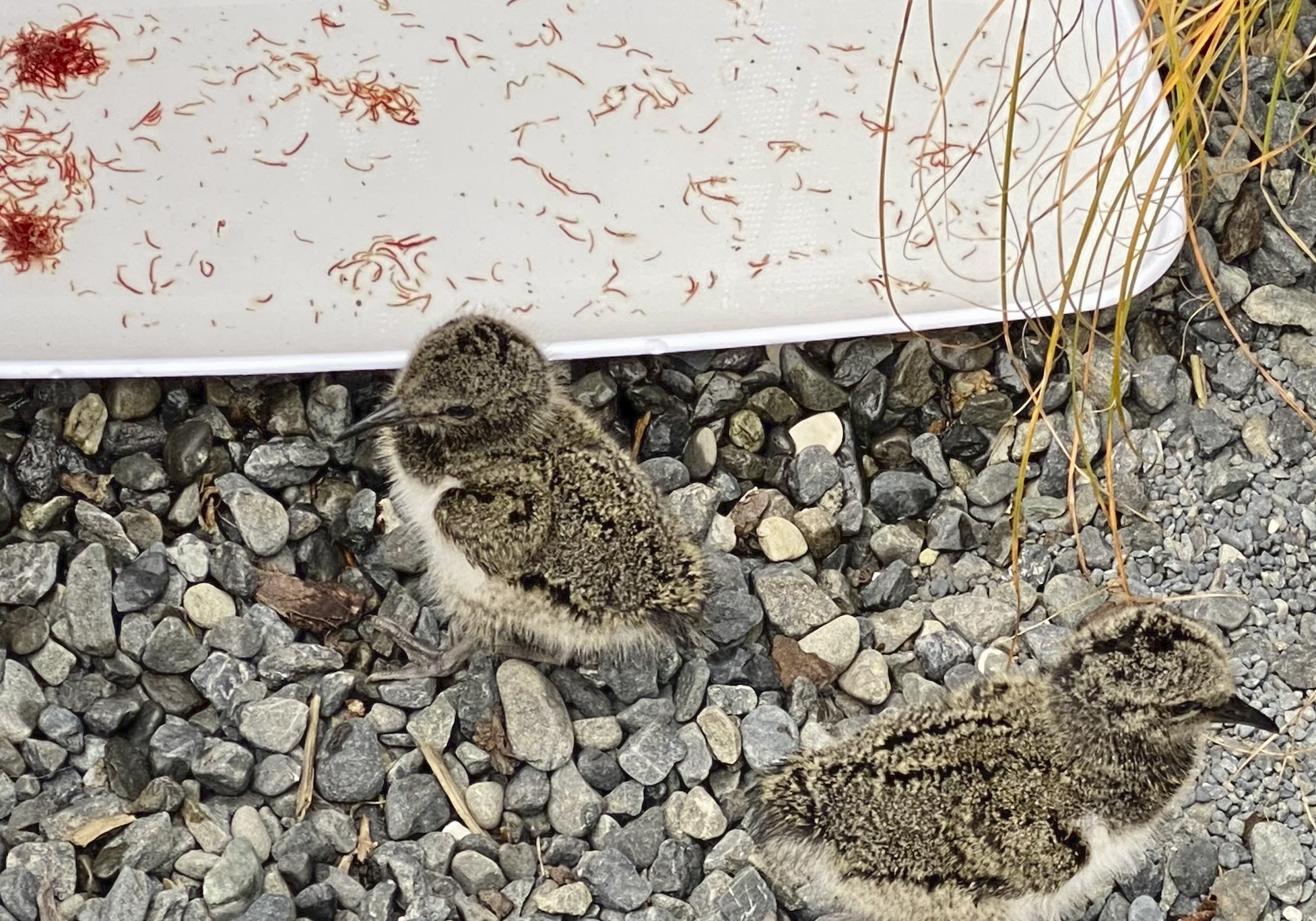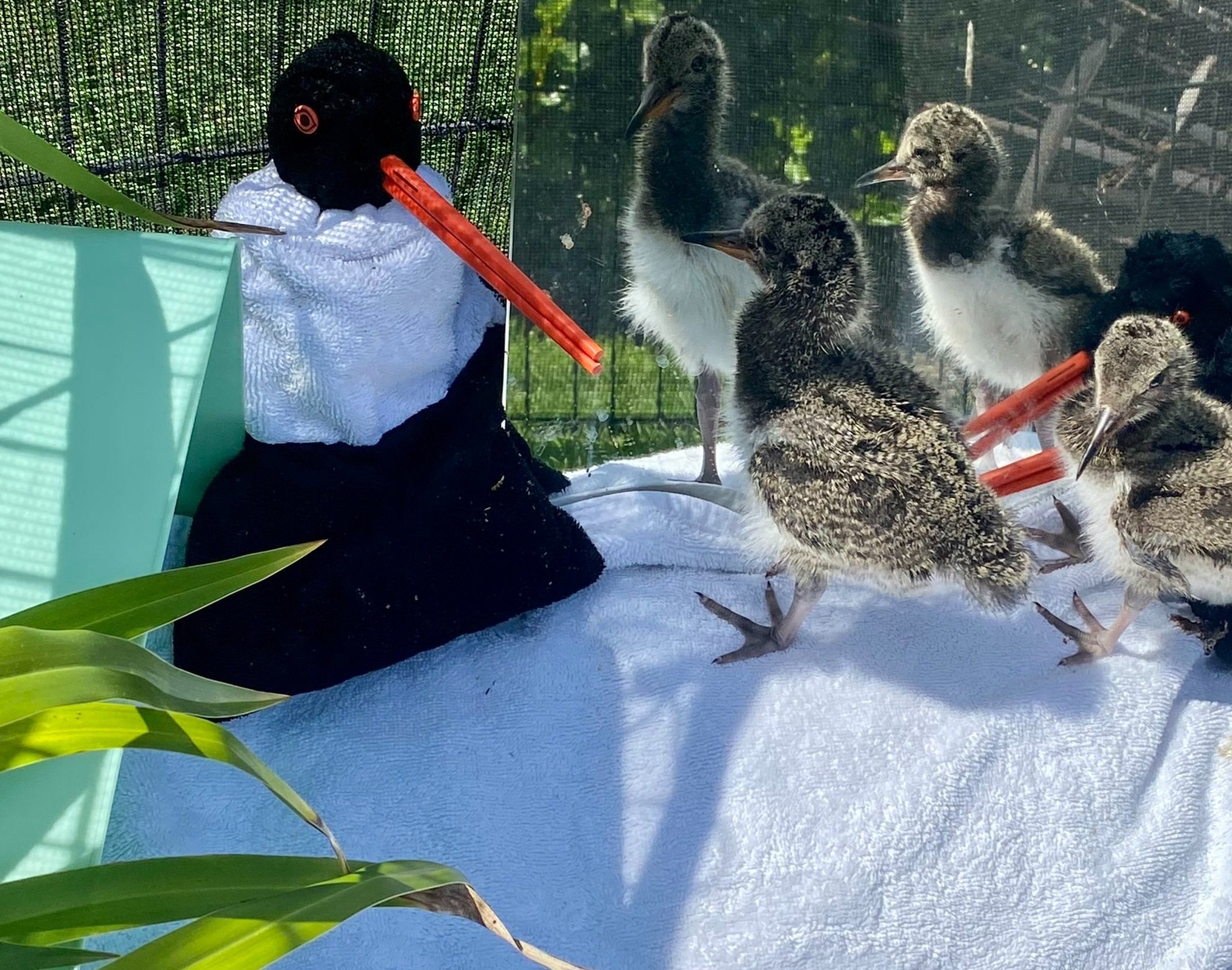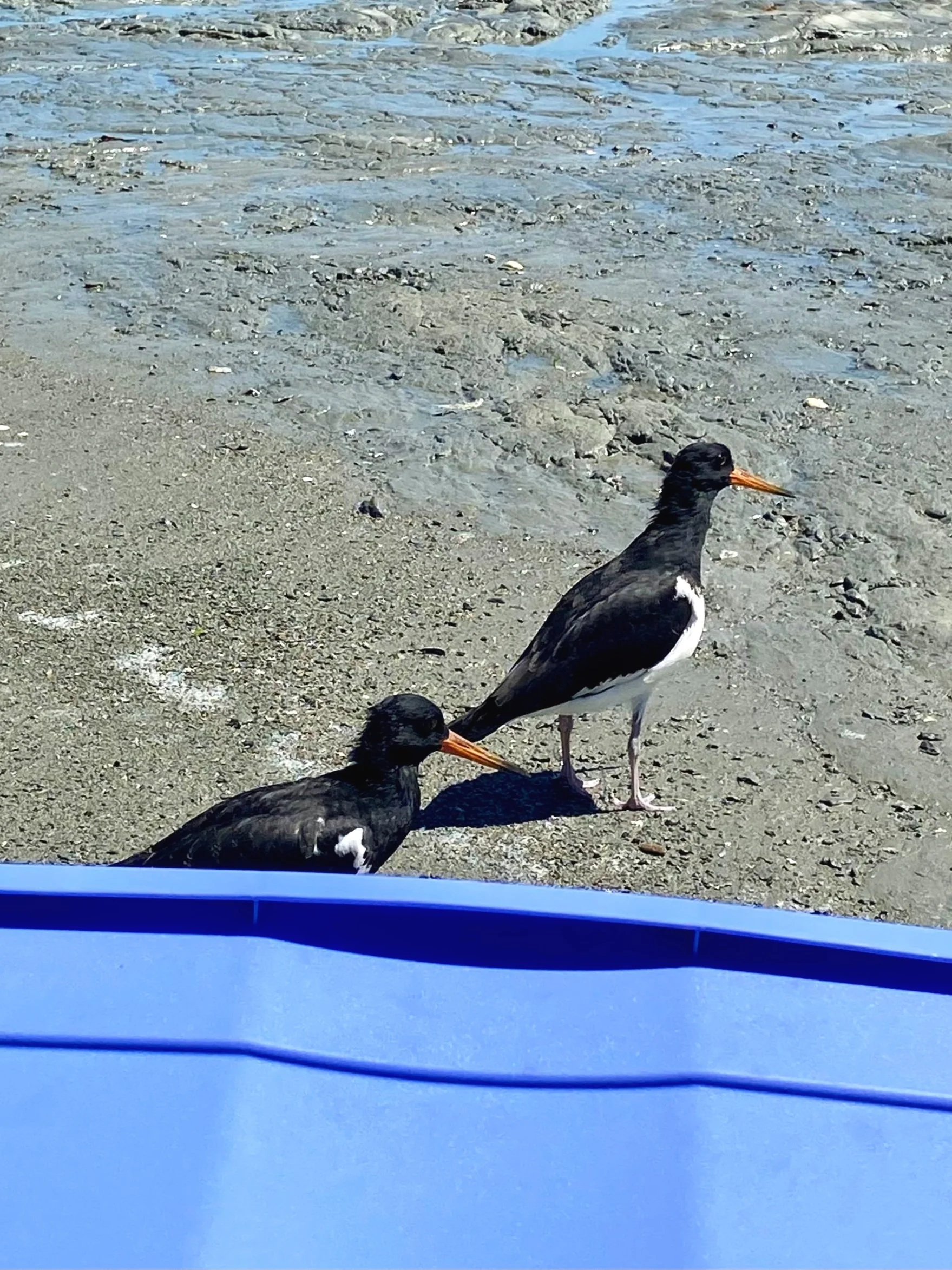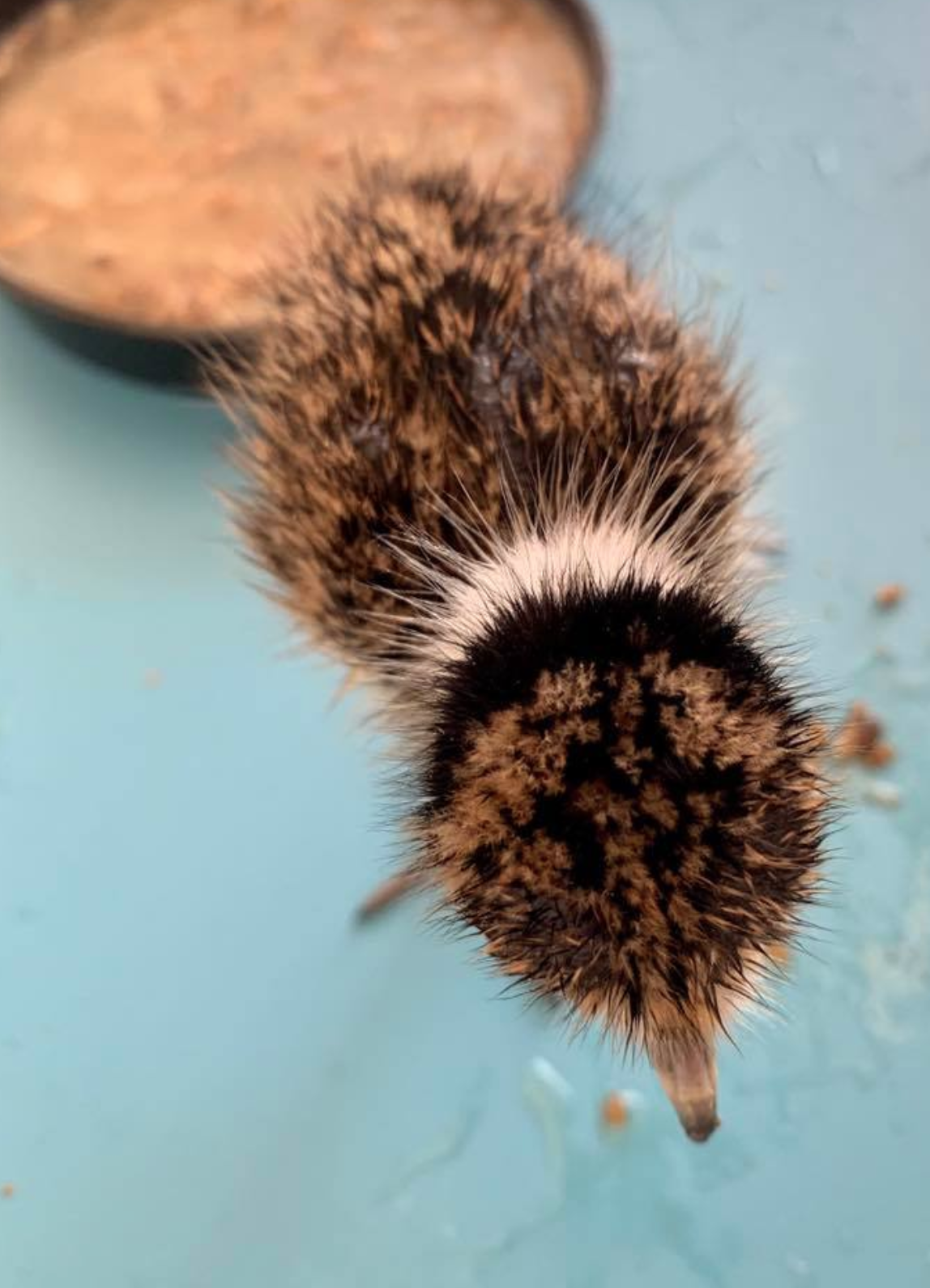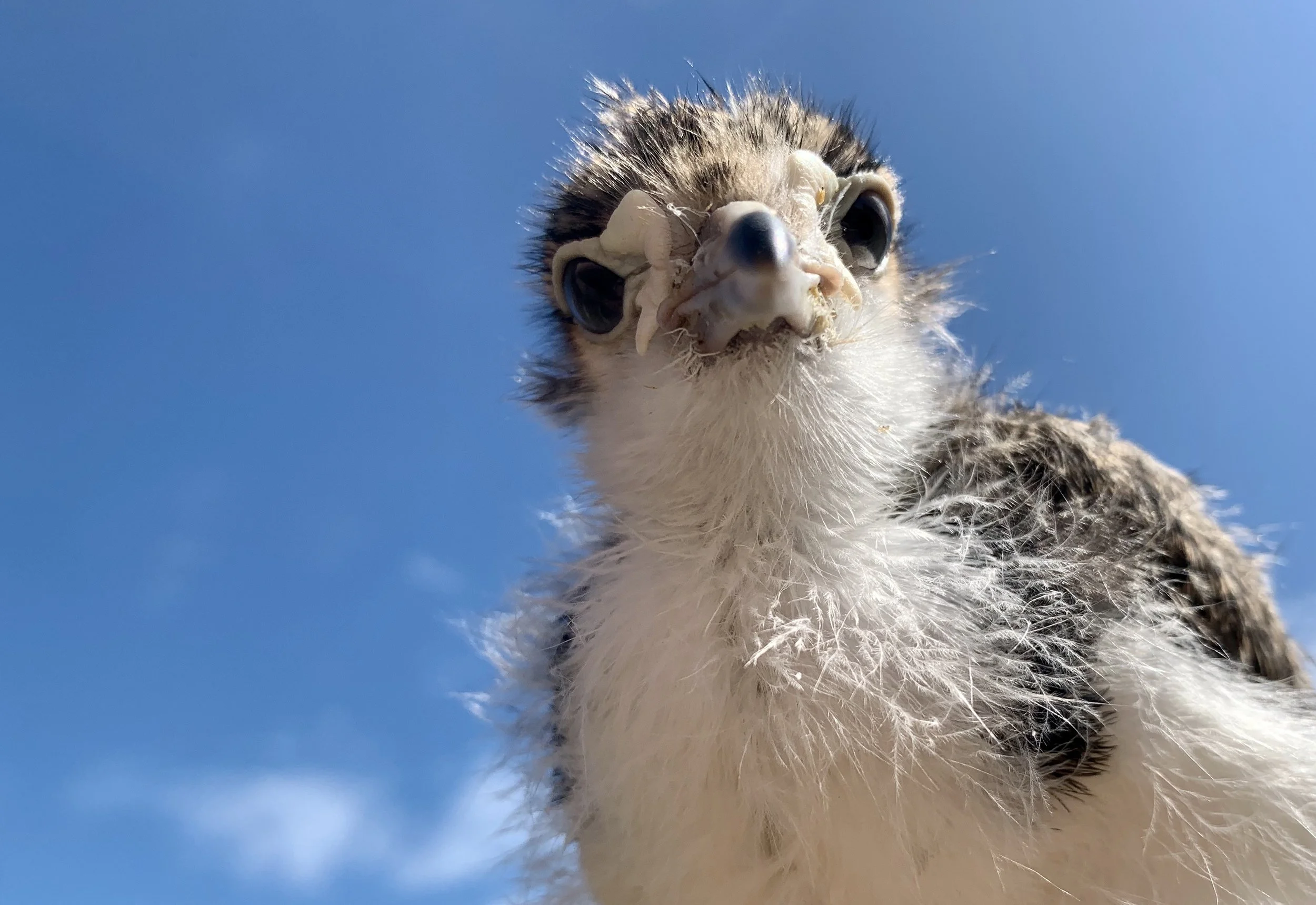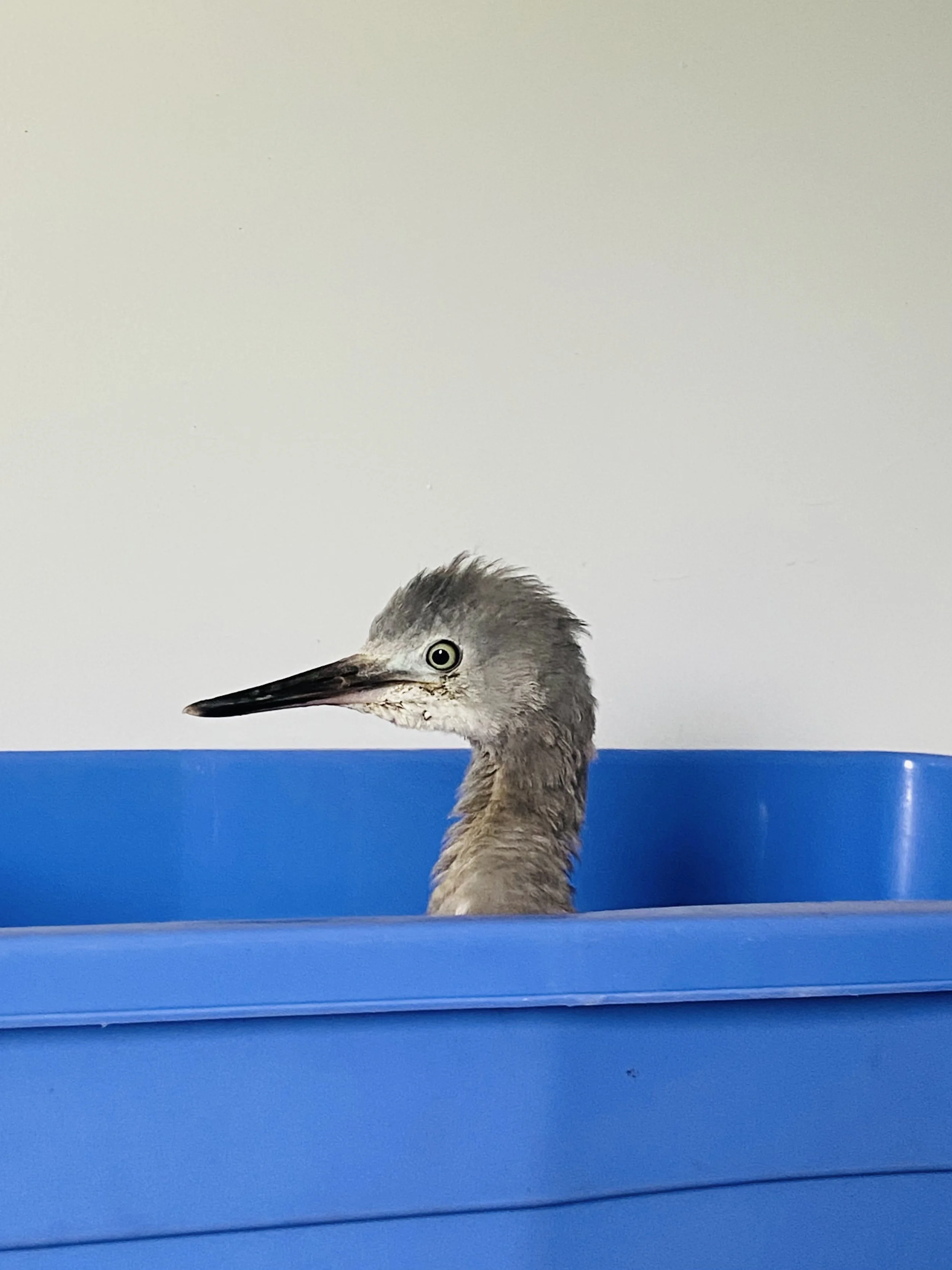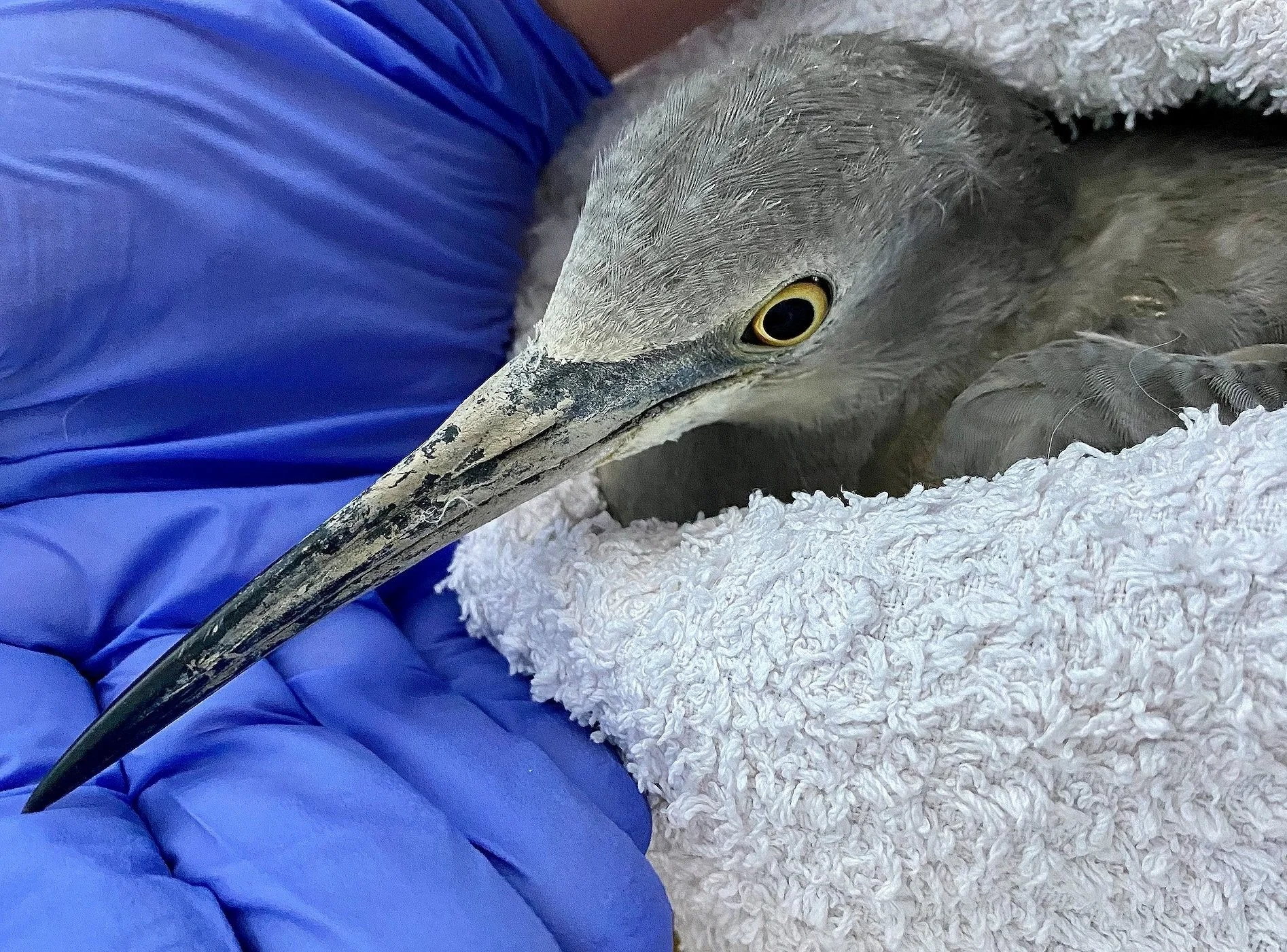
Report Seabirds
Wildlife Care
Wildlife rehabilitation is the rescue, first aid and supportive care of injured or ill native species.
Wildlife patients in the Kaikōura region consist of primarily seabirds, as well as terrestrial bird species.
Wildlife Patients
Wildlife rehabilitation involves veterinary treatment, nursing and nutritional support. Unfortunately the majority of patients/tūroro are ill or injured due to human related causes. This includes seabird starvation as a result of climate change, over-fishing induced prey depletion, fisheries by-catch, marine entanglements, plastic ingestion, boat strike, vehicle strike, window strike, light pollution induced seabird crash landings, introduced predators, irresponsible pet ownership, wildlife crimes, illness and toxicity.
Given the high incidence of patient cases in Kaikōura, it is anticipated that the wildlife hospital will admit >1,500 native birds per year in need of specialist care, based on hundreds of patients annually over the past seven years (whilst our Trust Founder was operating on a significantly reduced voluntary scale). Patient numbers are set to increase as environmental threats and the biodiversity crisis worsen. While some threats are well known, others are just emerging.
The significance of species declines, as well as avoidable injury and mortality from human related causes is considerable, with the Kaikōura Wildlife Hospital set to have a significant impact. The centre will enable a regional transformational shift, benefitting our at-risk species and future generations.
Unwell Wildlife
-
Admission Priority (Endemic and Native)
Seabirds & Shorebirds
Albatrosses
Shearwaters
Petrels
Prions
Gannets
Penguins
Shags
Gulls
Skua
Terns
Dotterels
Oystercatchers
Non-Seabirds
Birds of Prey
Passerines
Waterfowl
-
If you encounter ill, injured, starving or orphaned seabirds, please call Project WellBird on 021 585 586, or report to the Department of Conservation via the DOC Hotline on 0800 362 468. Alternatively contact the Renwick DOC Office by phoning 03 572 9100, to request transfer to a local Kaikōura DOC ranger.
Unwell seabirds such as penguins or shearwaters require handover for urgent triage and stabilisation.
Unwell native birds may also be handed in to VetCare Kaikoura at 75 Athelney Road, for assessment or euthanasia. Opening hours are Mon-Fri 8:30am-5pm, Sat 9am-12pm. These may be transferred to the South Island Wildlife Hospital for long-term rehabilitation.
-
Rescued Hutton’s shearwaters require handover for assessment. Many are injured from crash landing collision impact trauma and/or in poor body condition due to decreased ocean productivity. Project WellBird is available for shearwater handover on 021 585 586.
Shearwater breeding adults crash land from light disorientation during August-February. Post-assessment lively healthy shearwaters are released into the sea off wharves, boat ramps and slipways to let birds fly, swim or dive off. Albatross Encounter is an alternative option for release at sea.
Unwell shearwaters with a chance of recovery require treatment and rehabilitation; whilst those with poor prognosis require humane euthanasia at VetCare Kaikoura.
The Hutton’s Hub next to the Department of Conservation (DOC) Office on 115 Ludstone Road is open for drop-offs from March-April during the fledgling season, for daily checks to assess and release crash landed fledglings.
If you require further assistance, please call the Hutton’s Shearwater Charitable Trust on 027 442 4281.
Rescue, rehabilitate, release. Together we can give native species the best chance of survival, by treating unwell wildlife to preserve populations.

